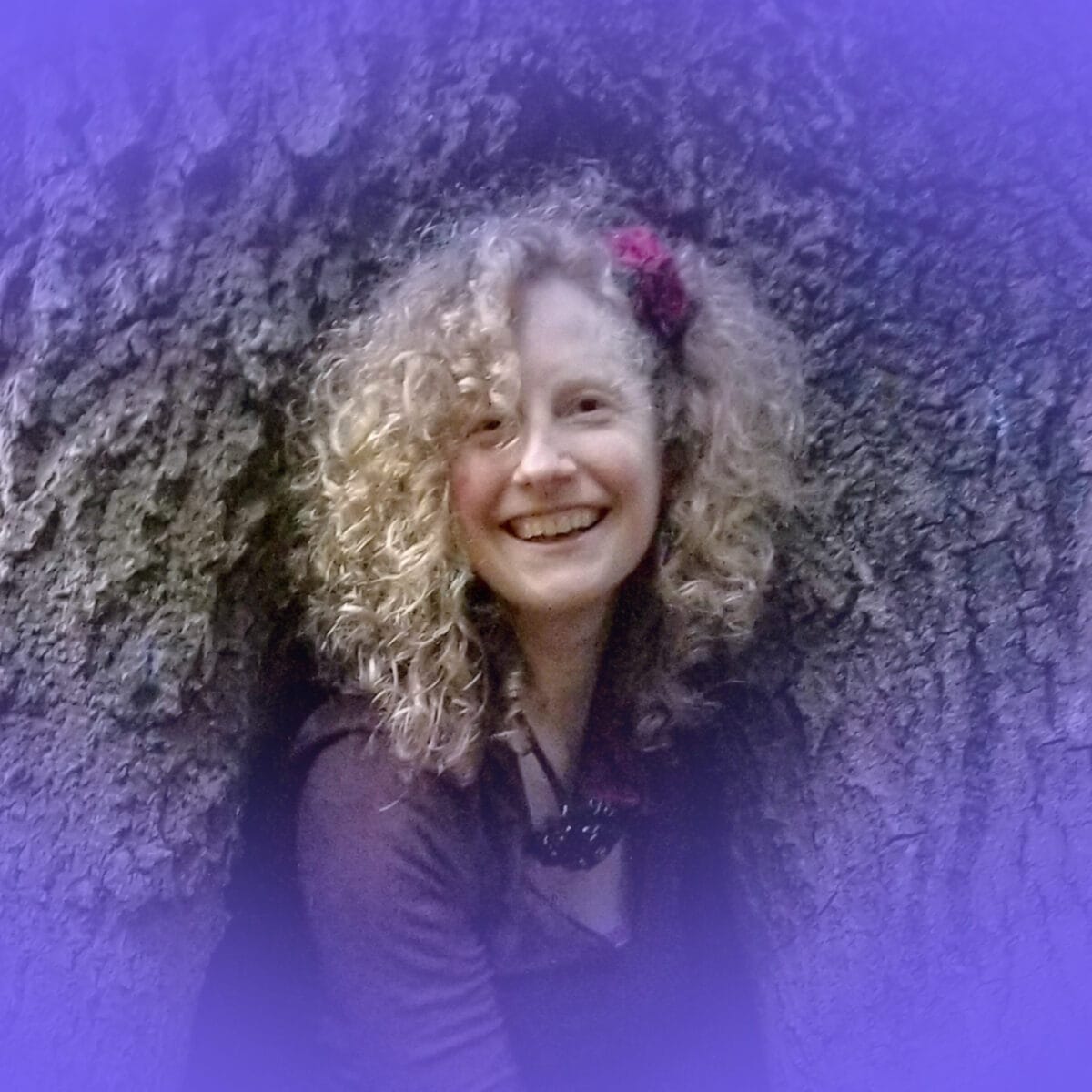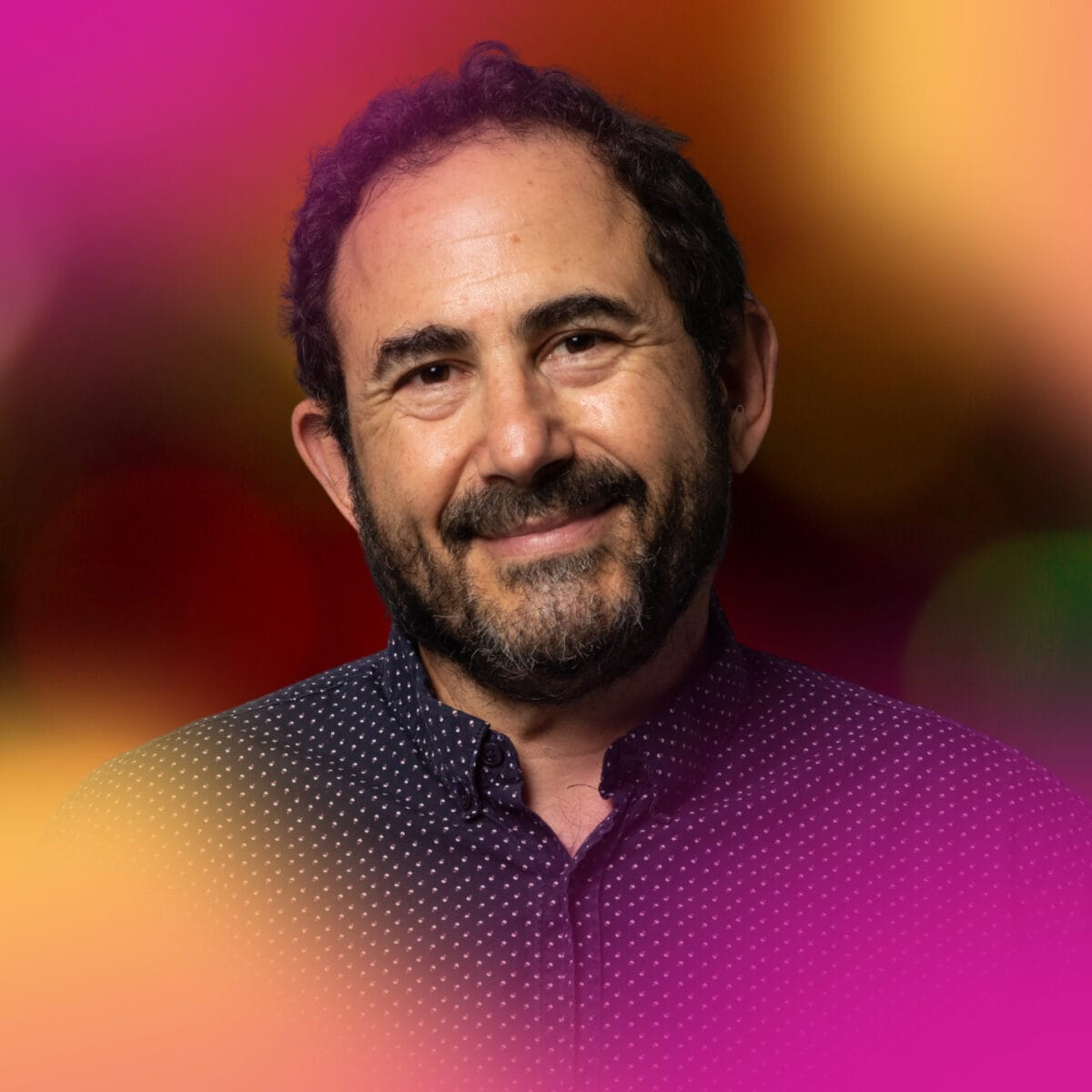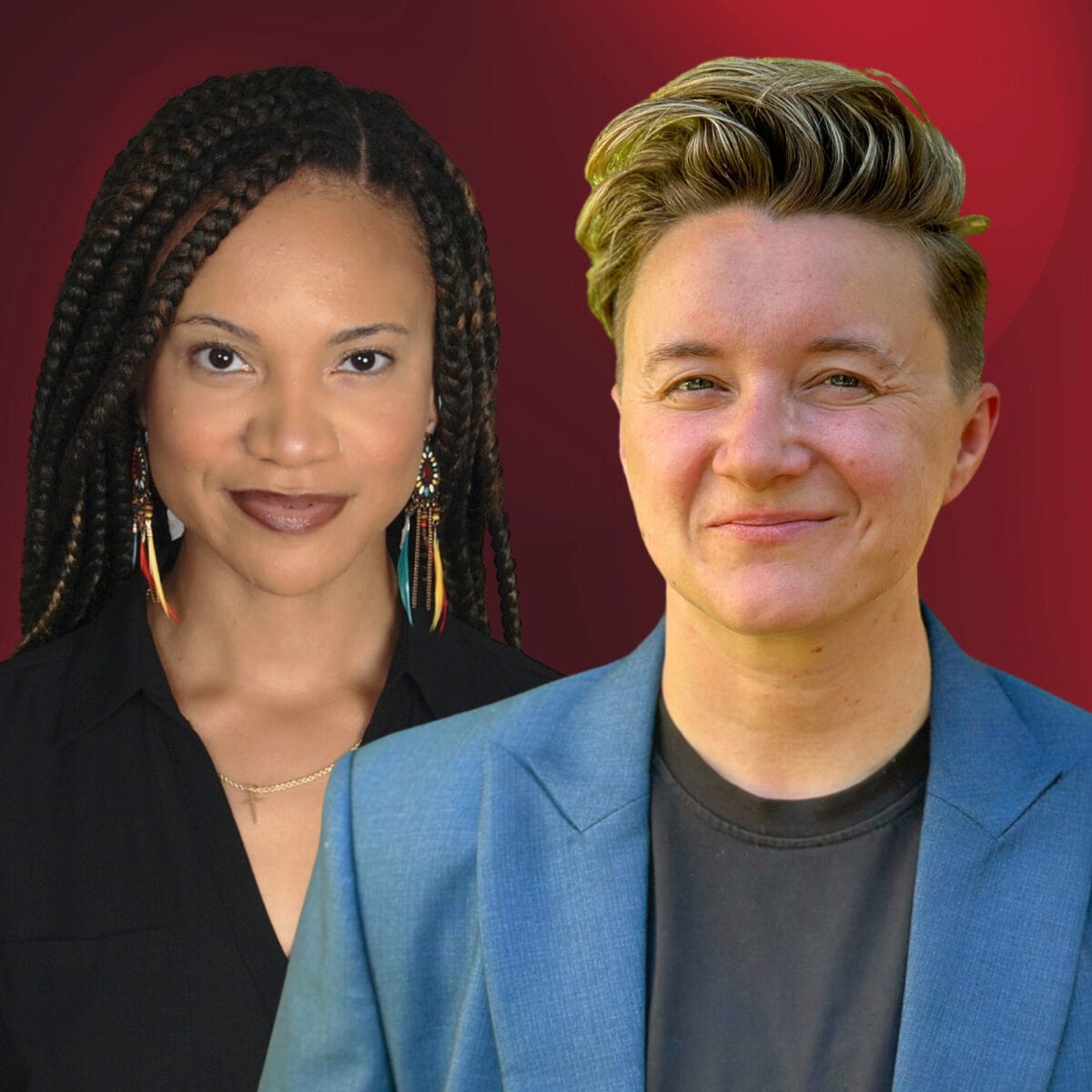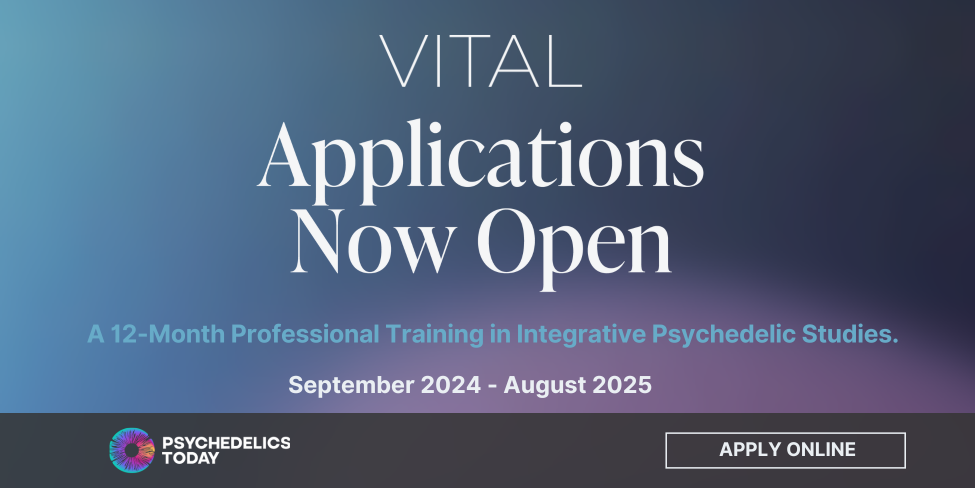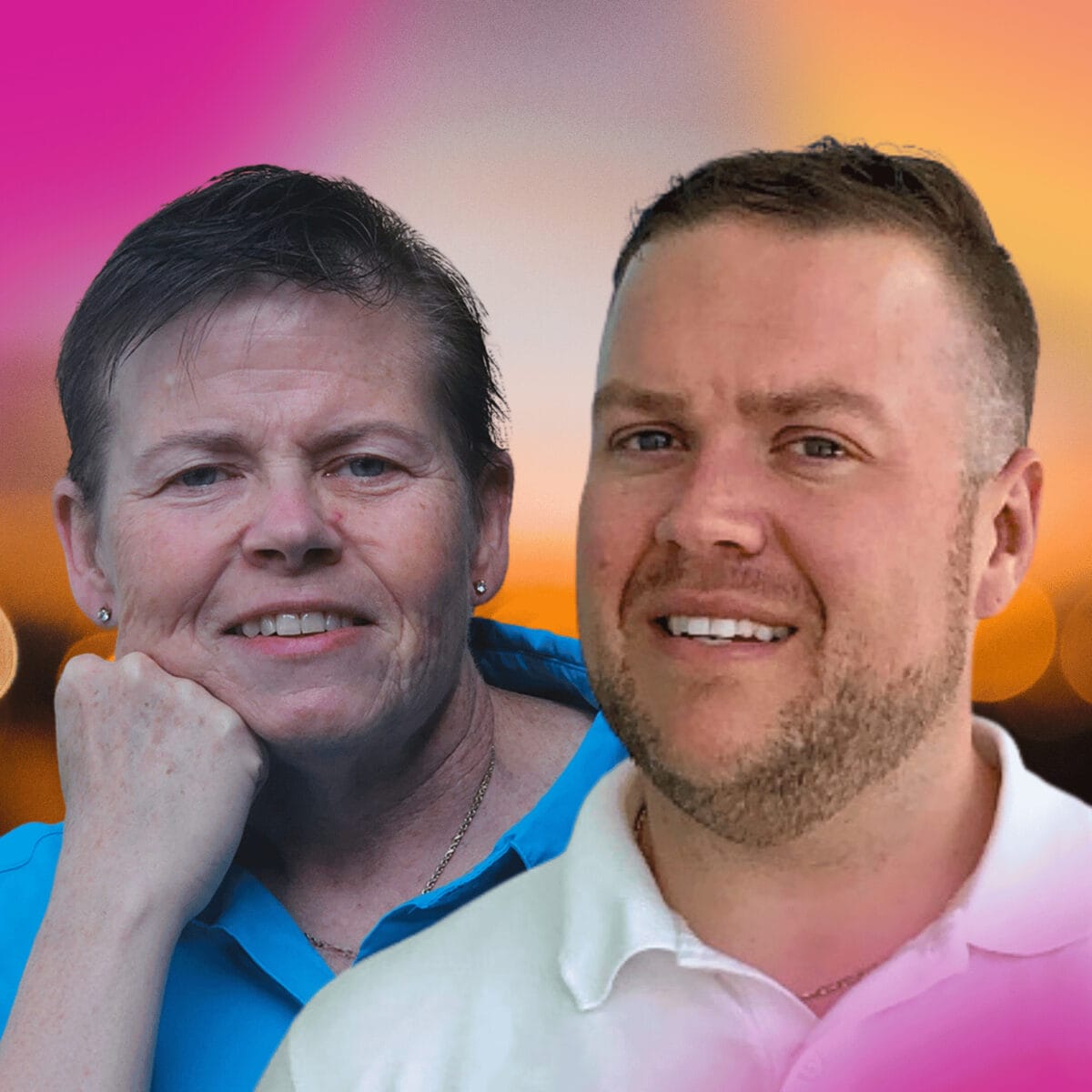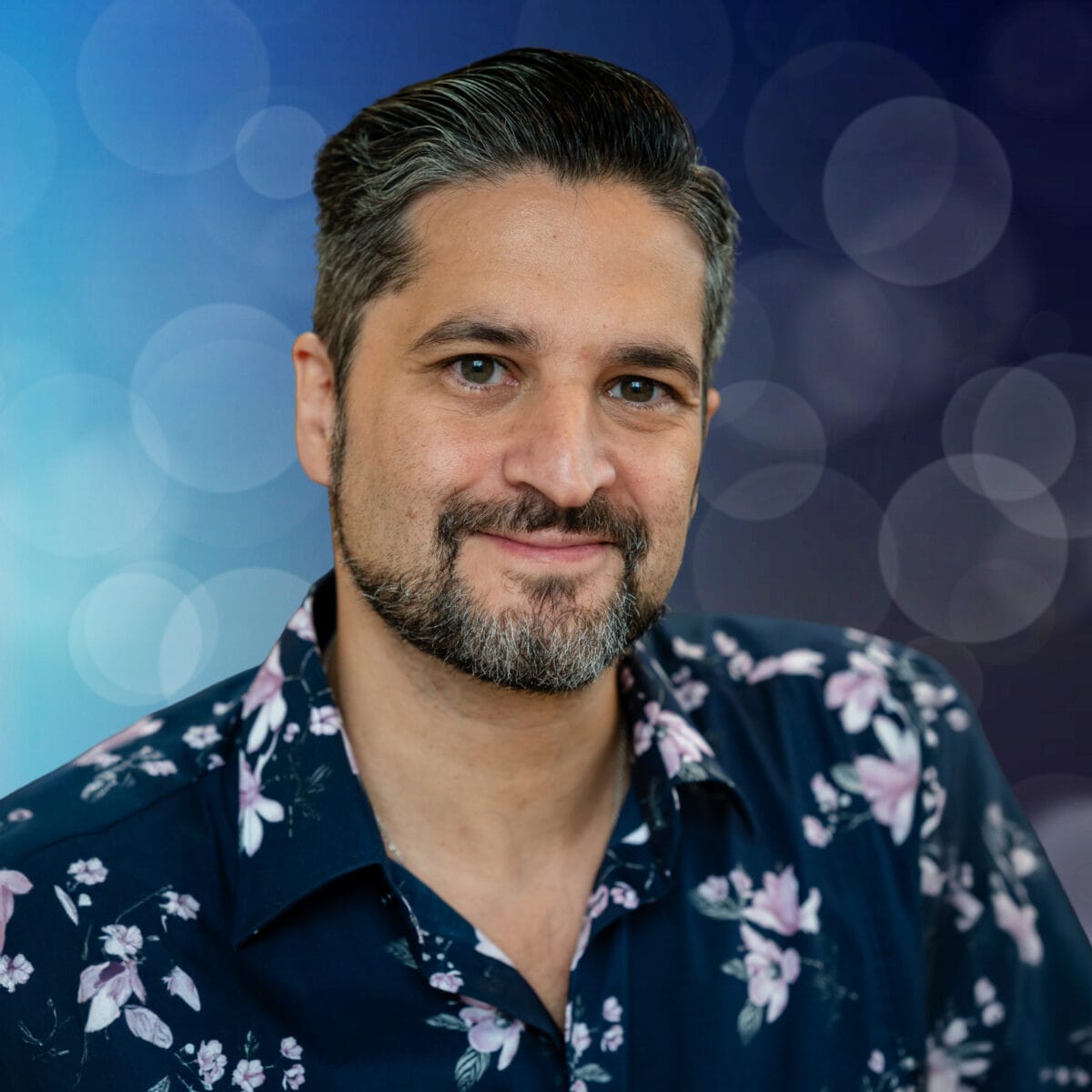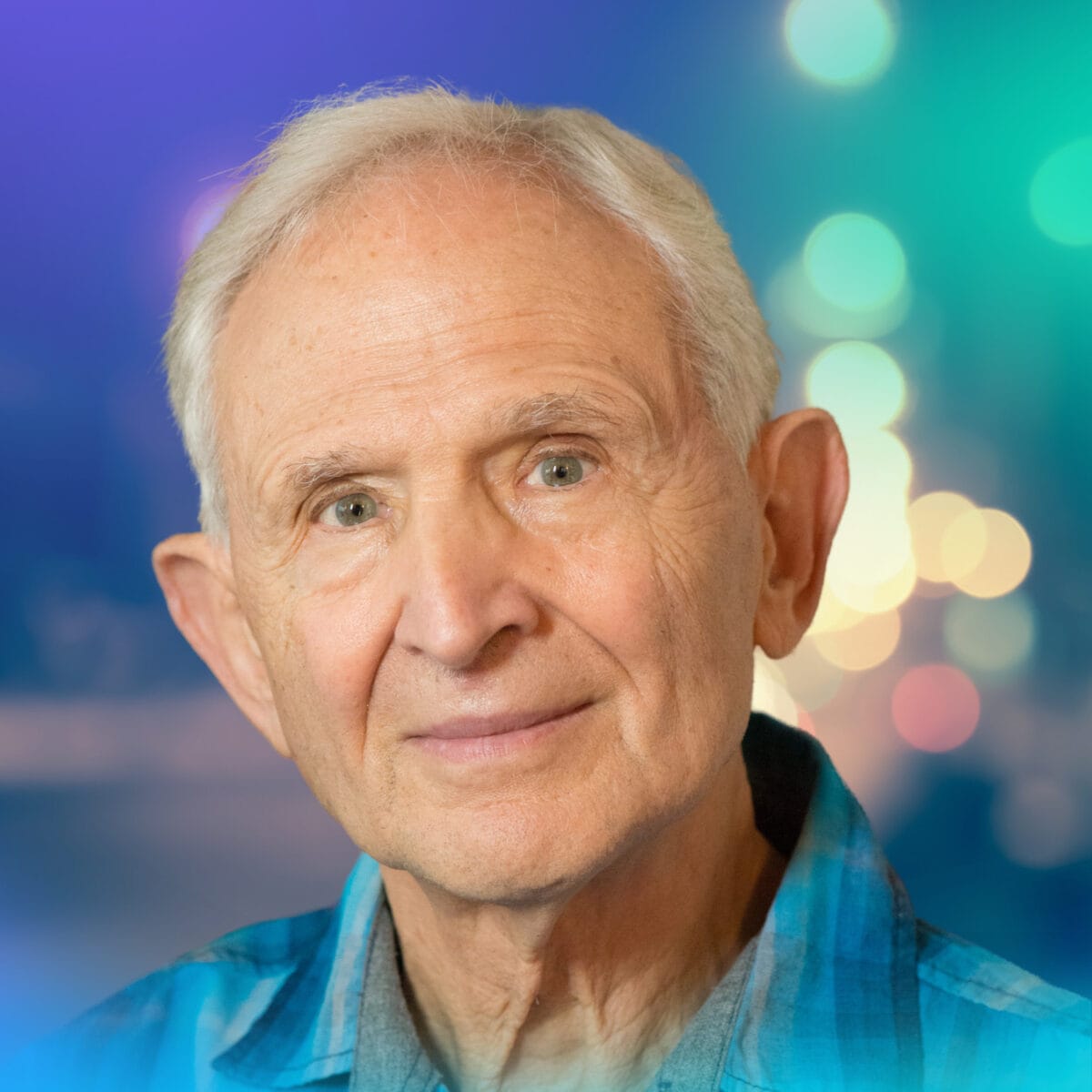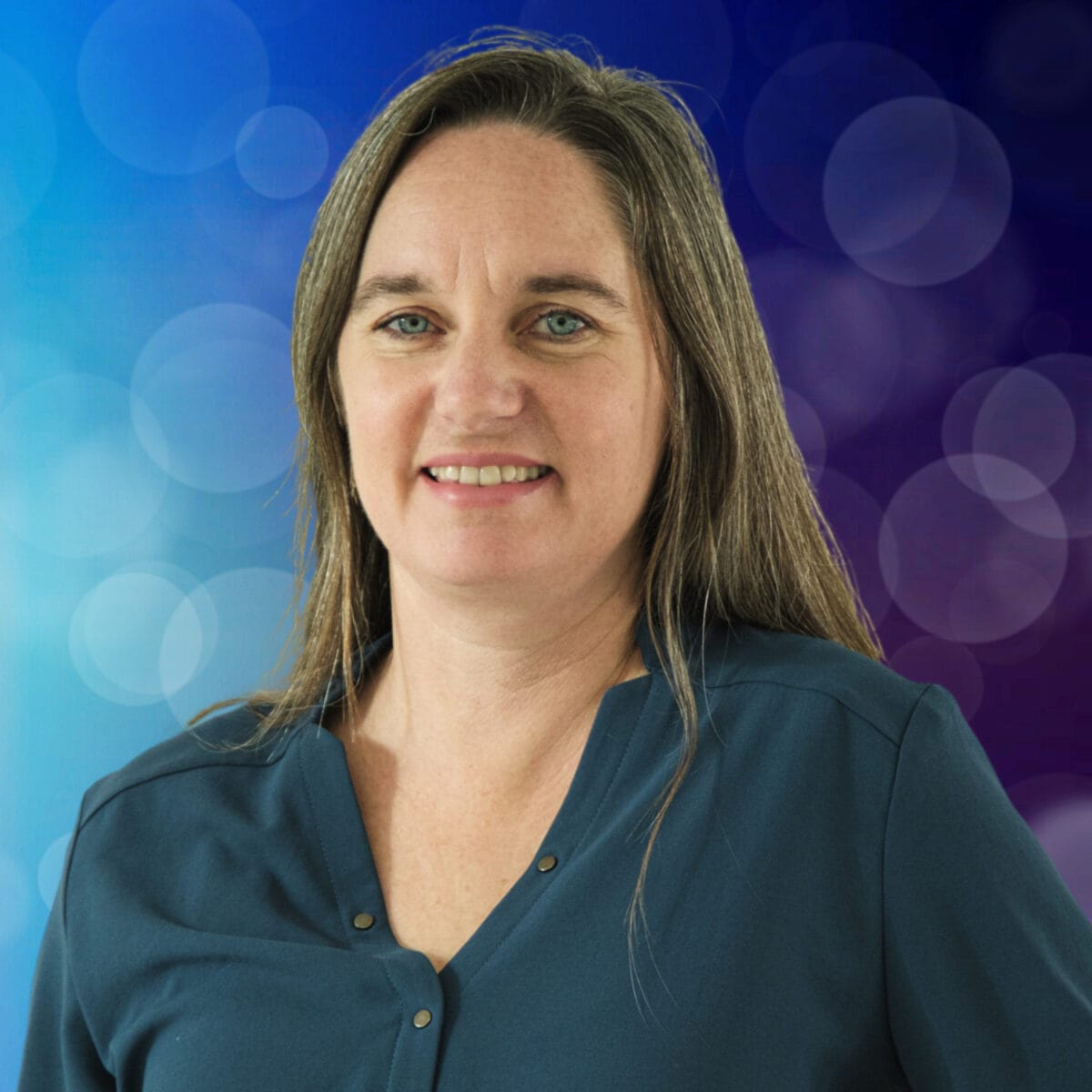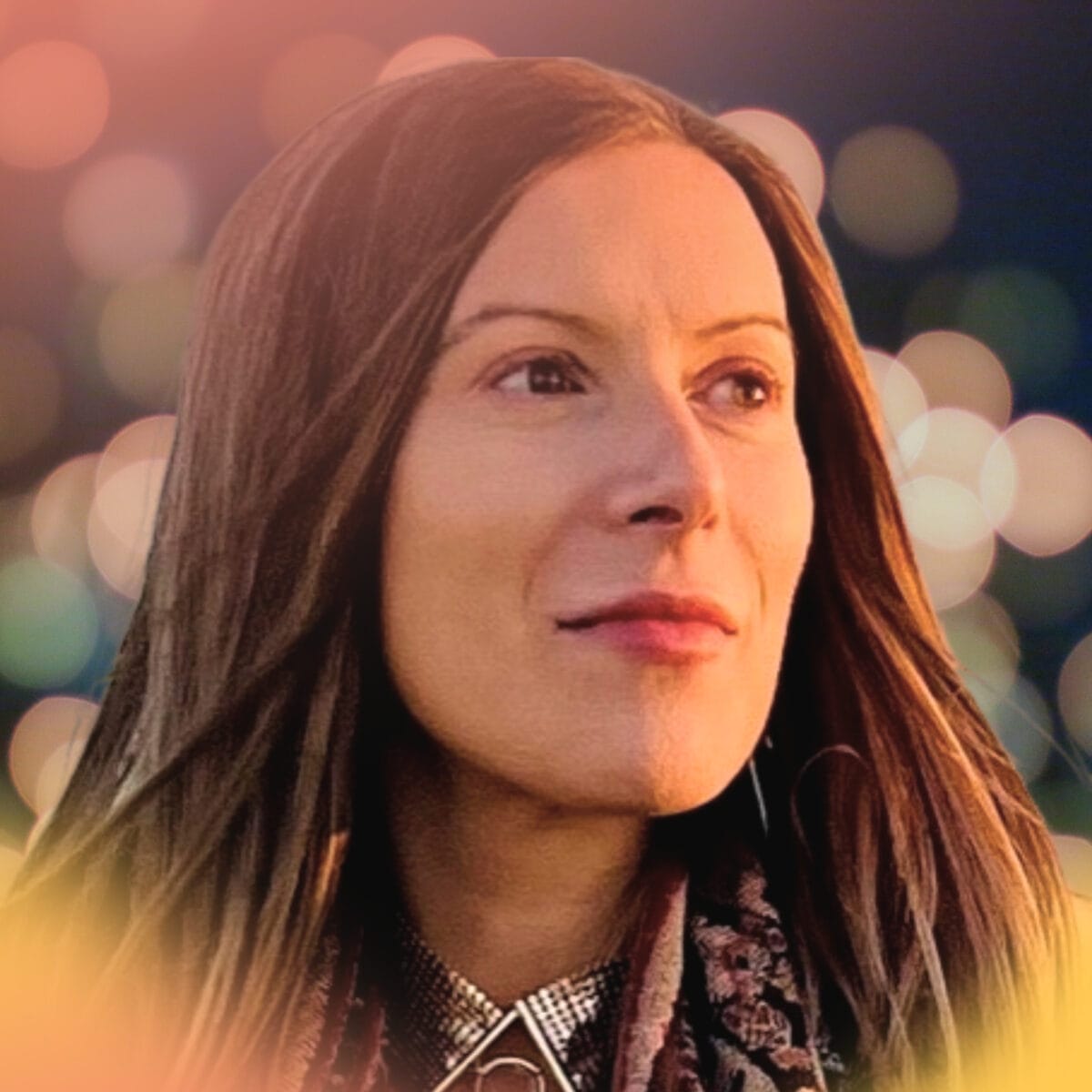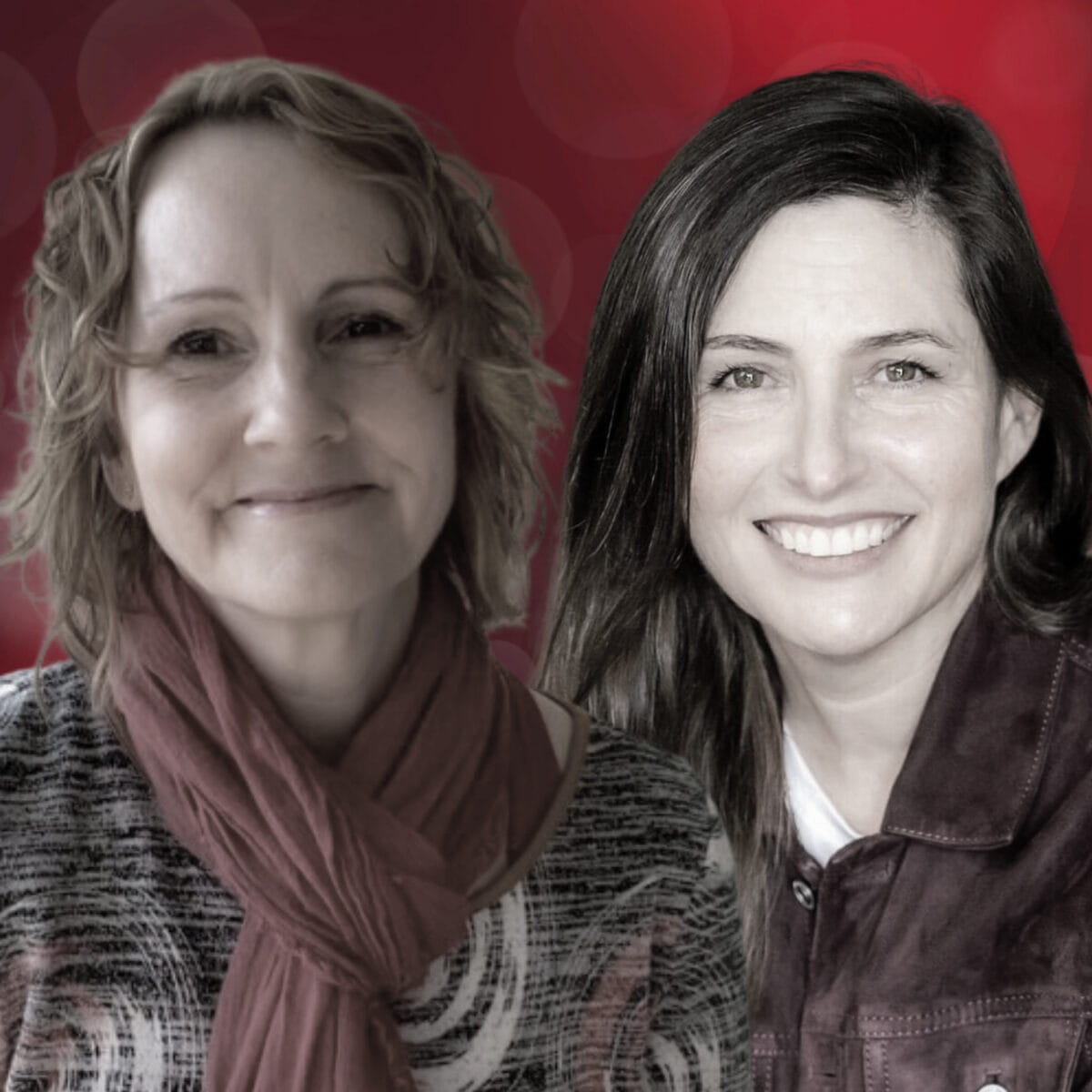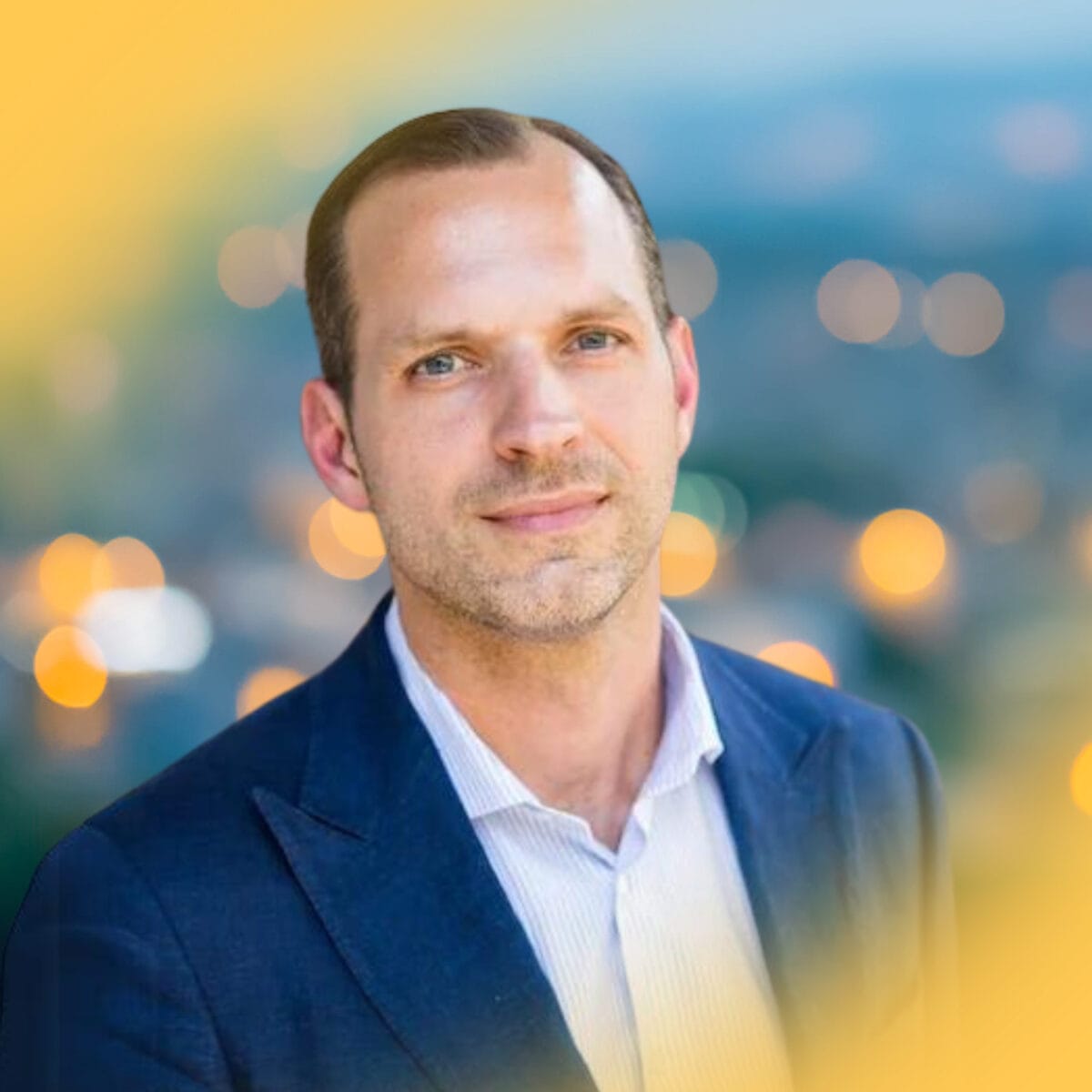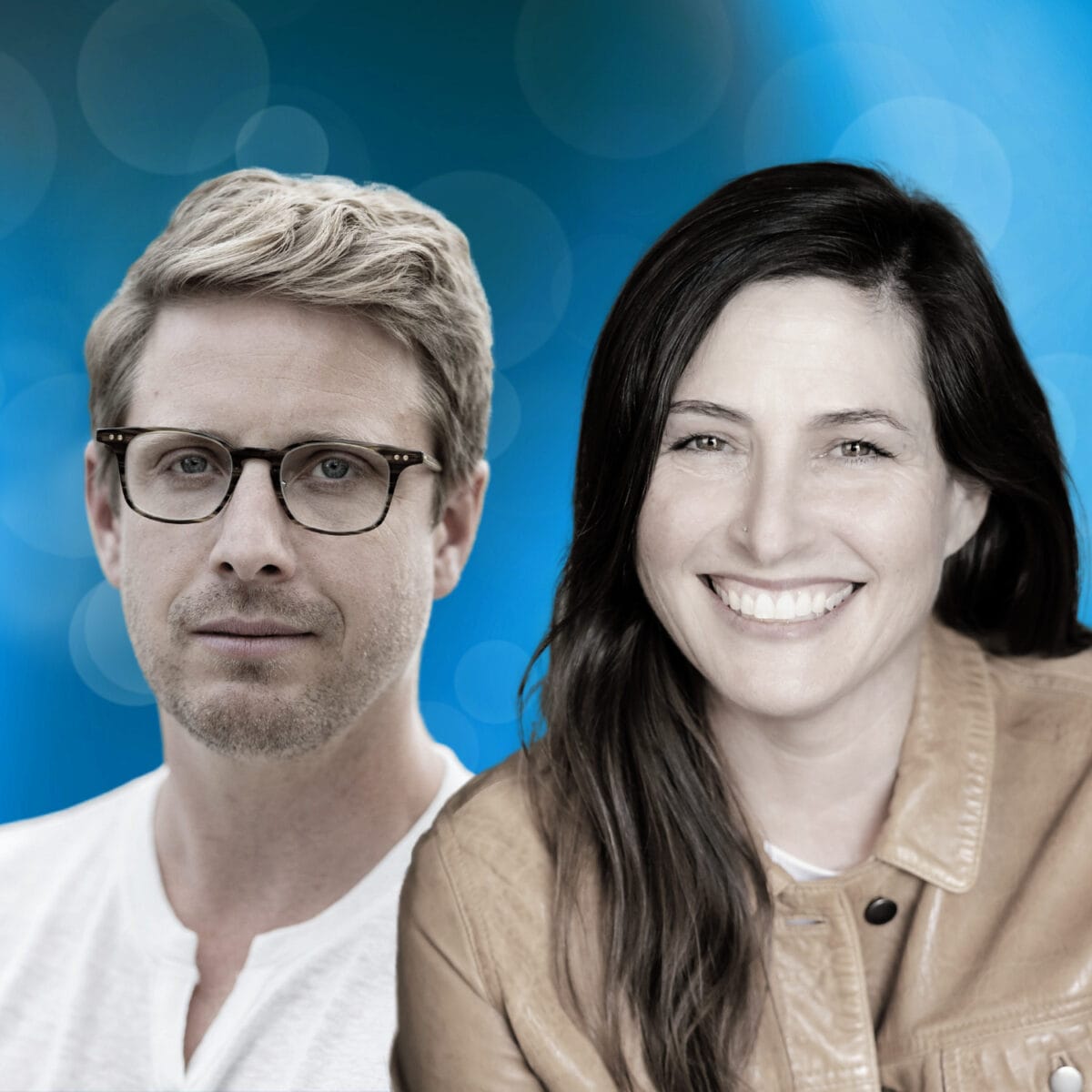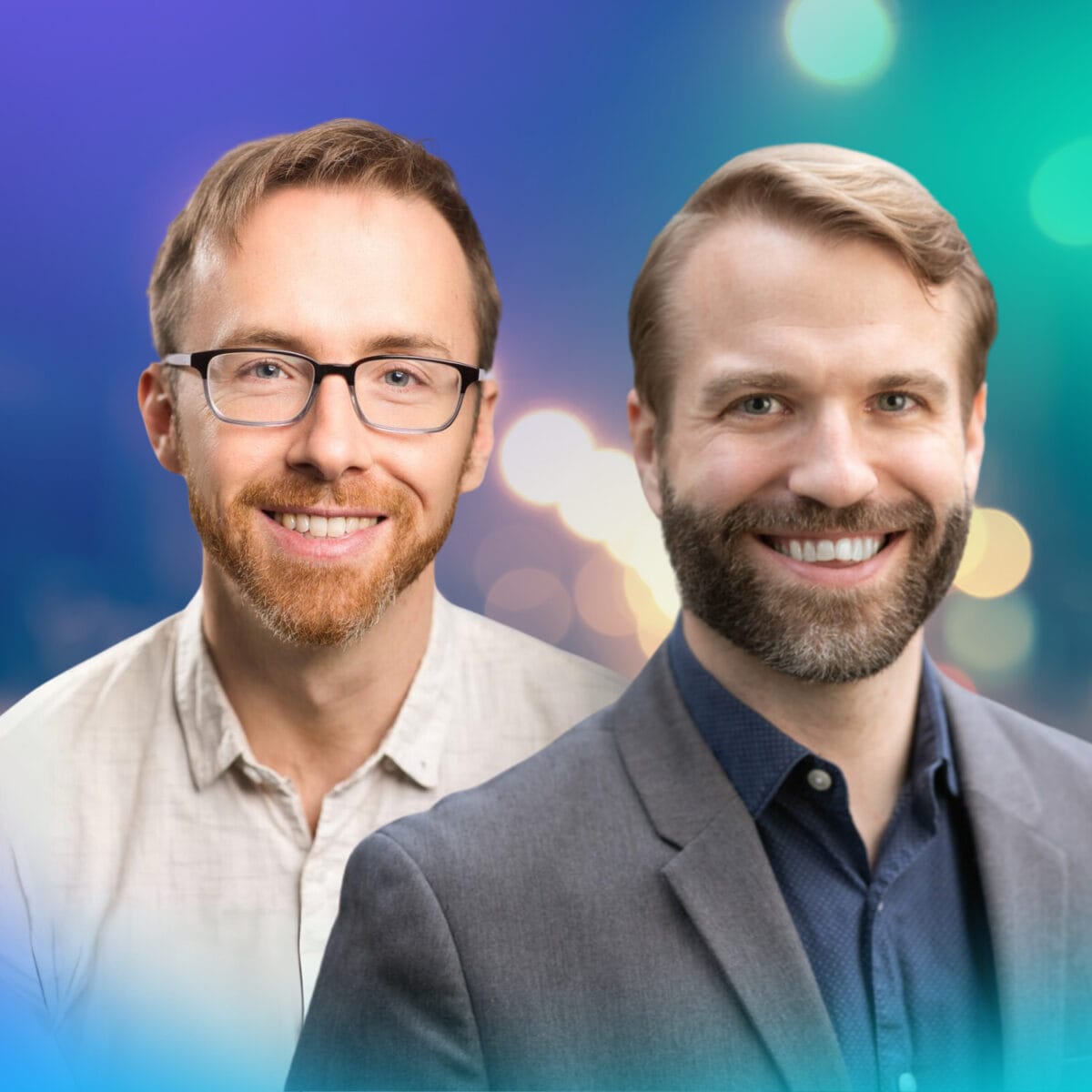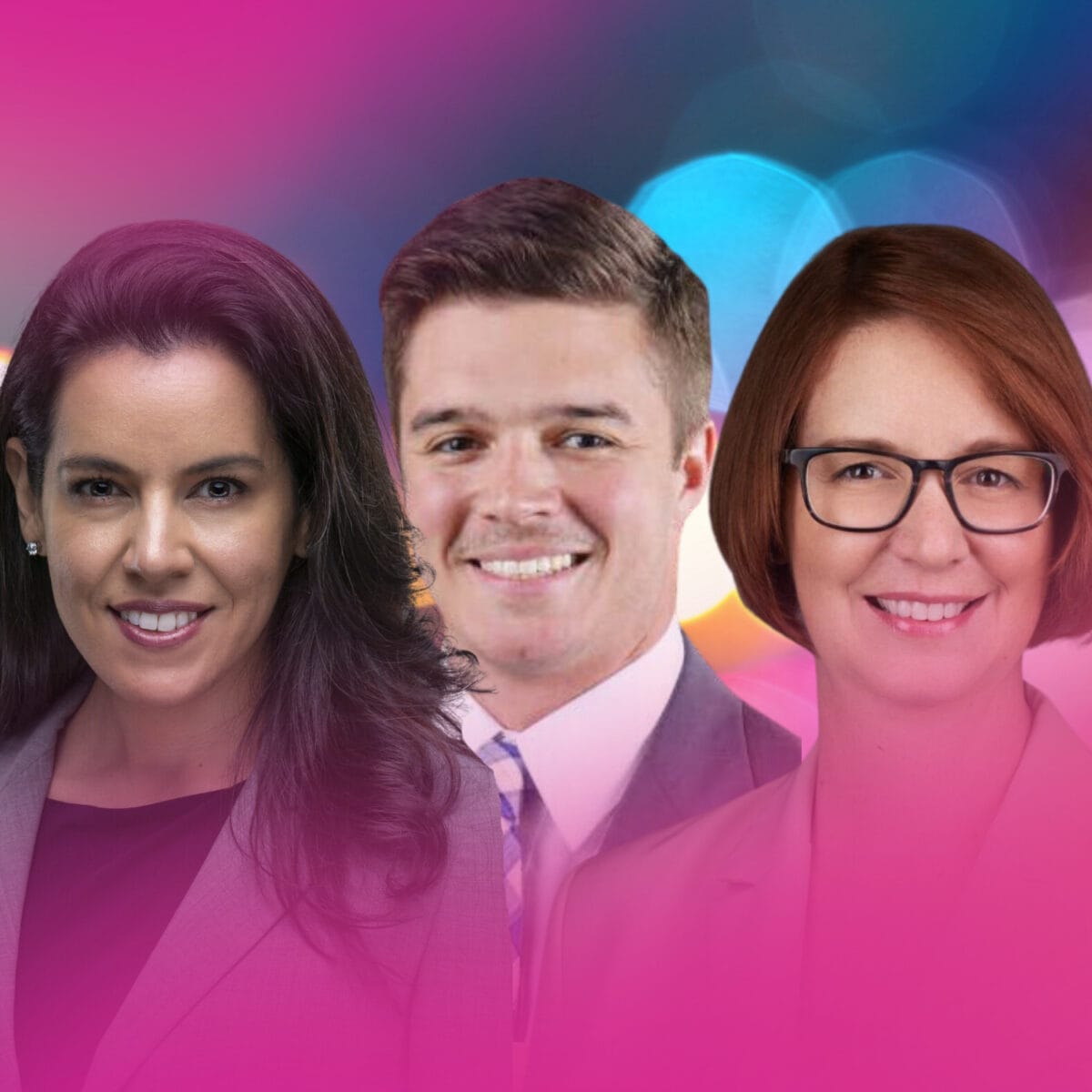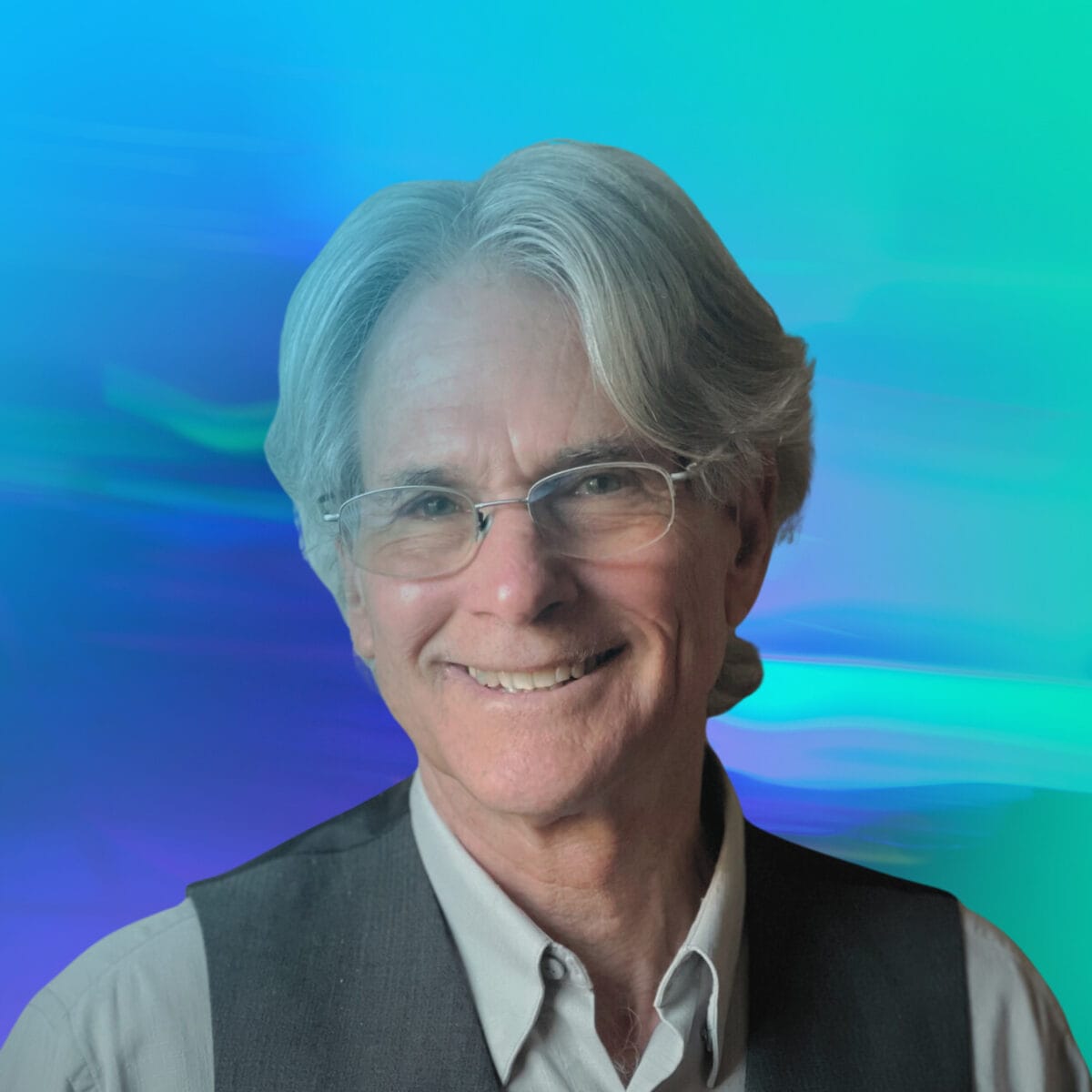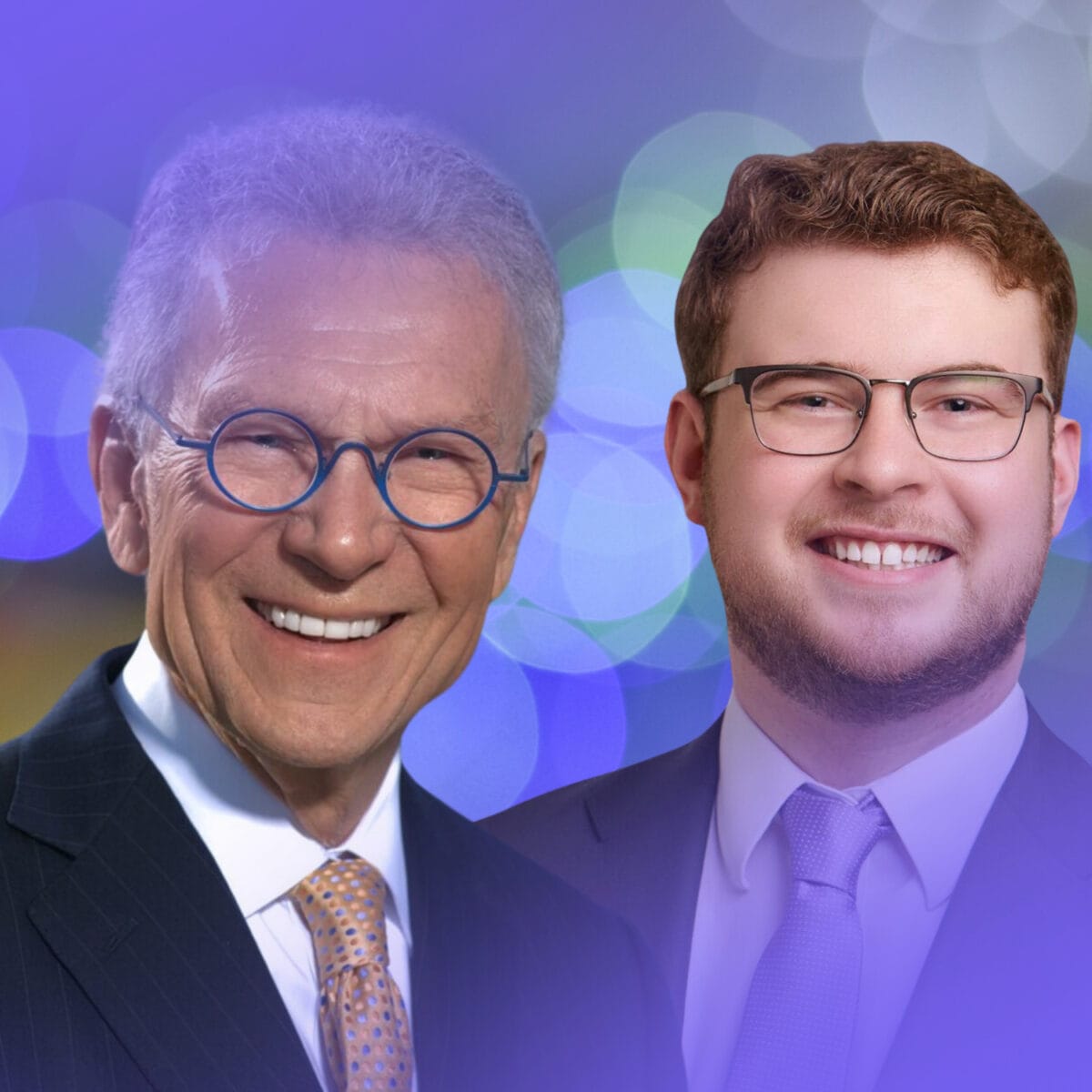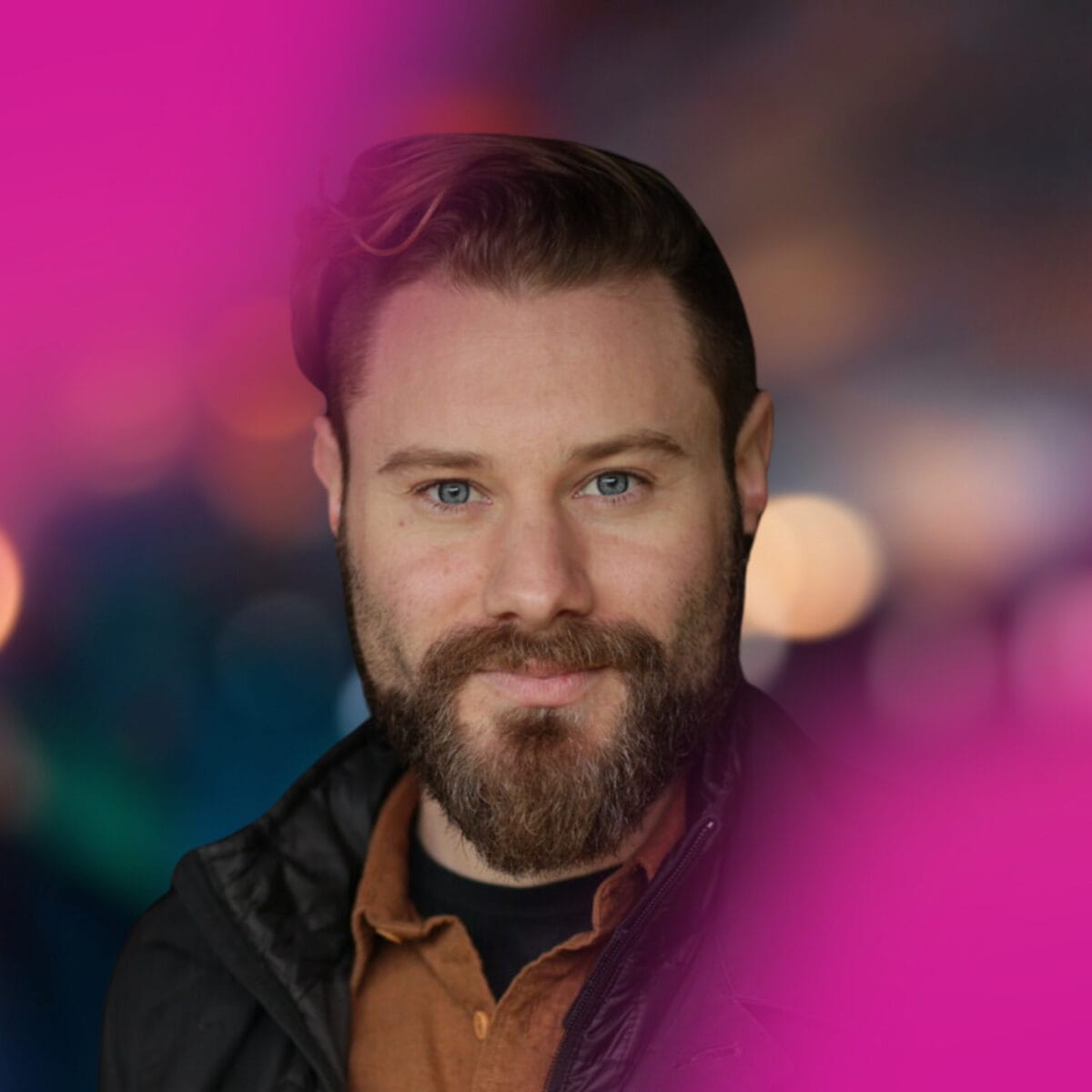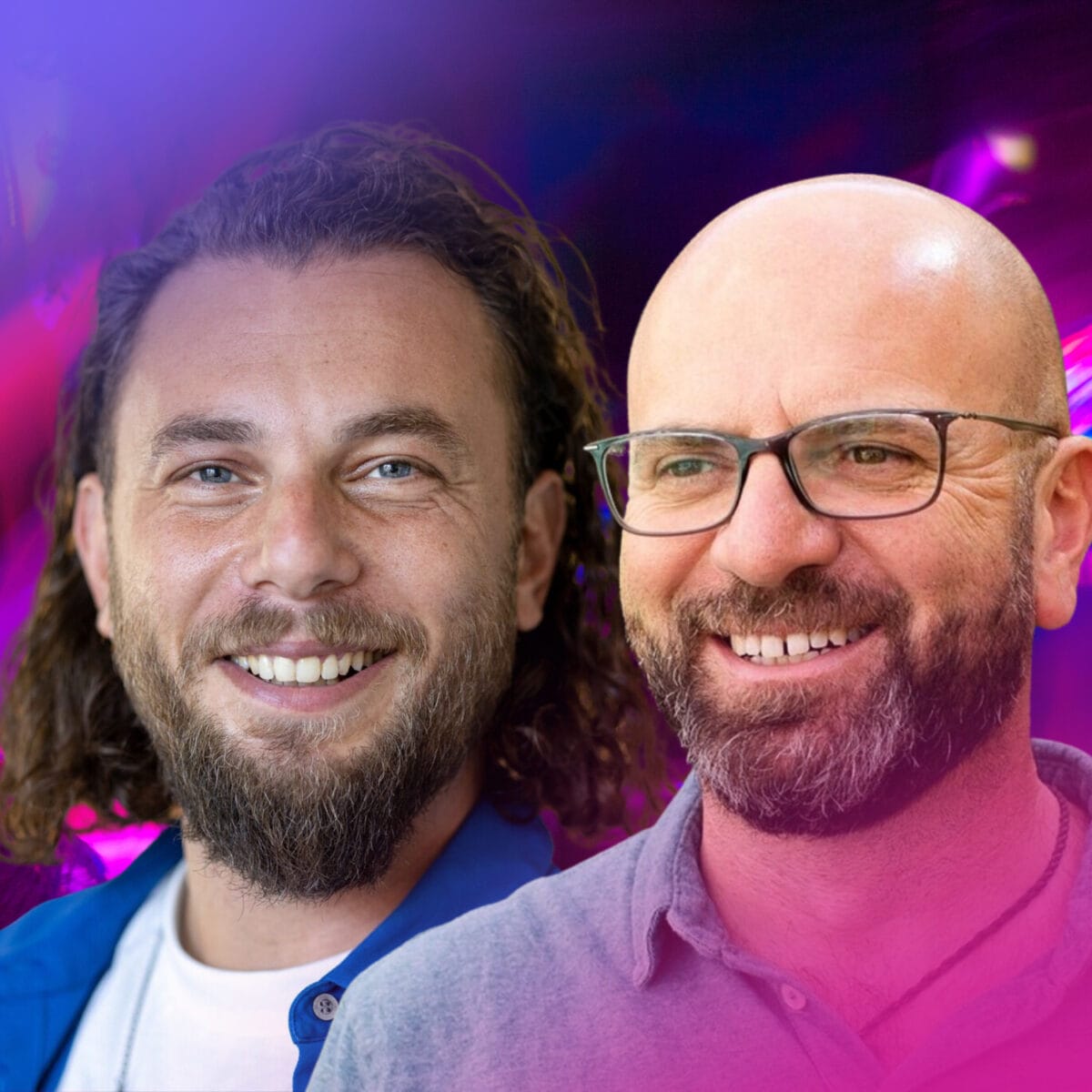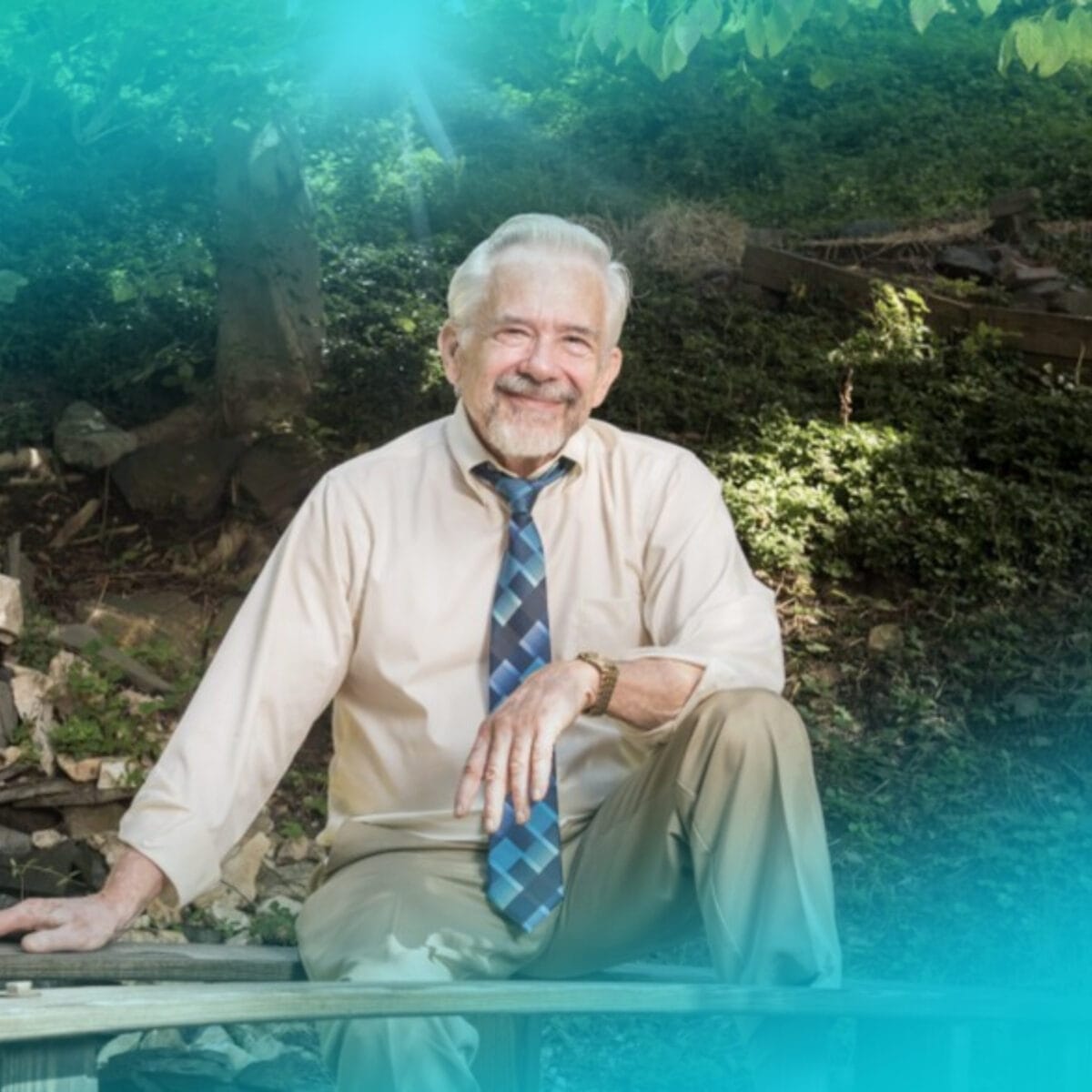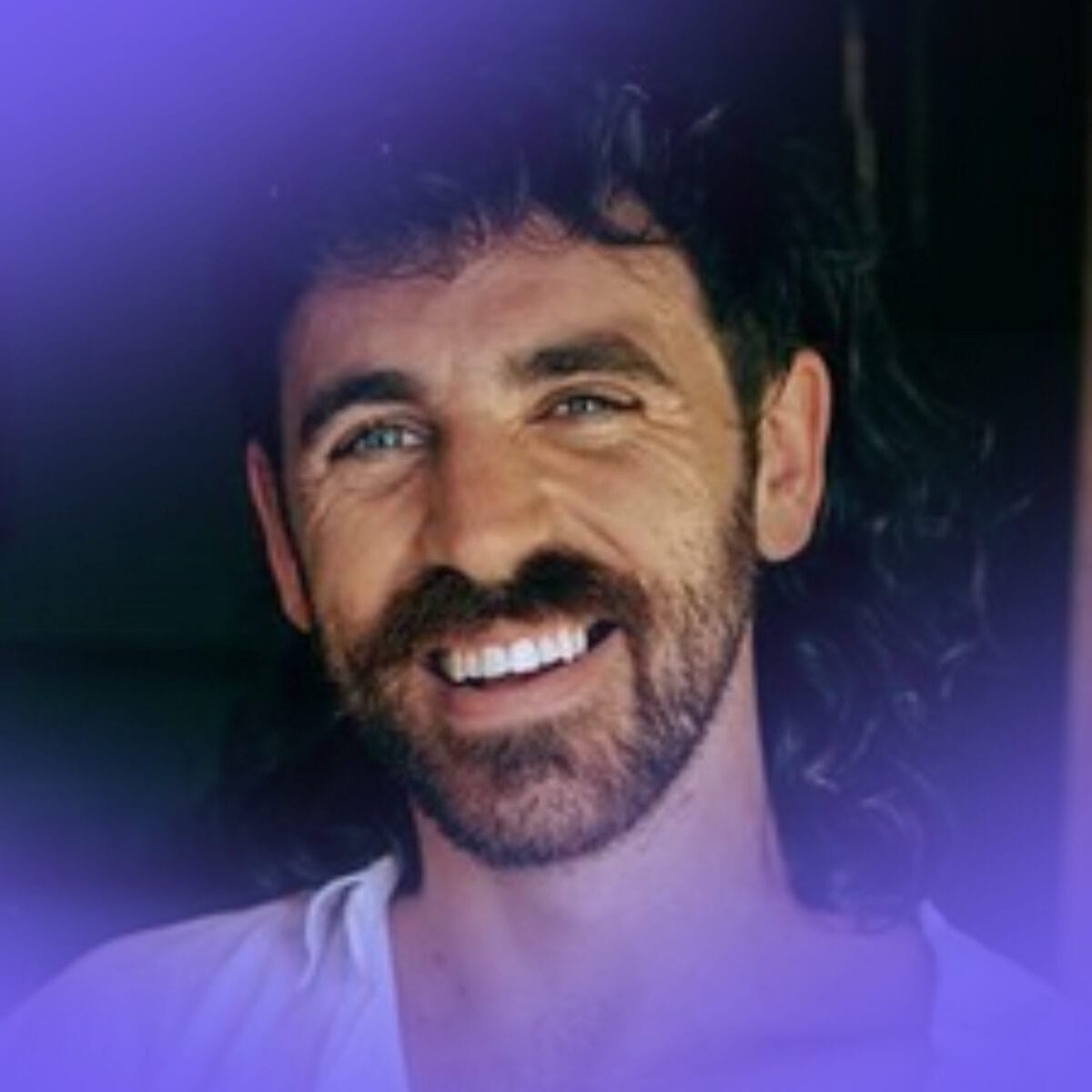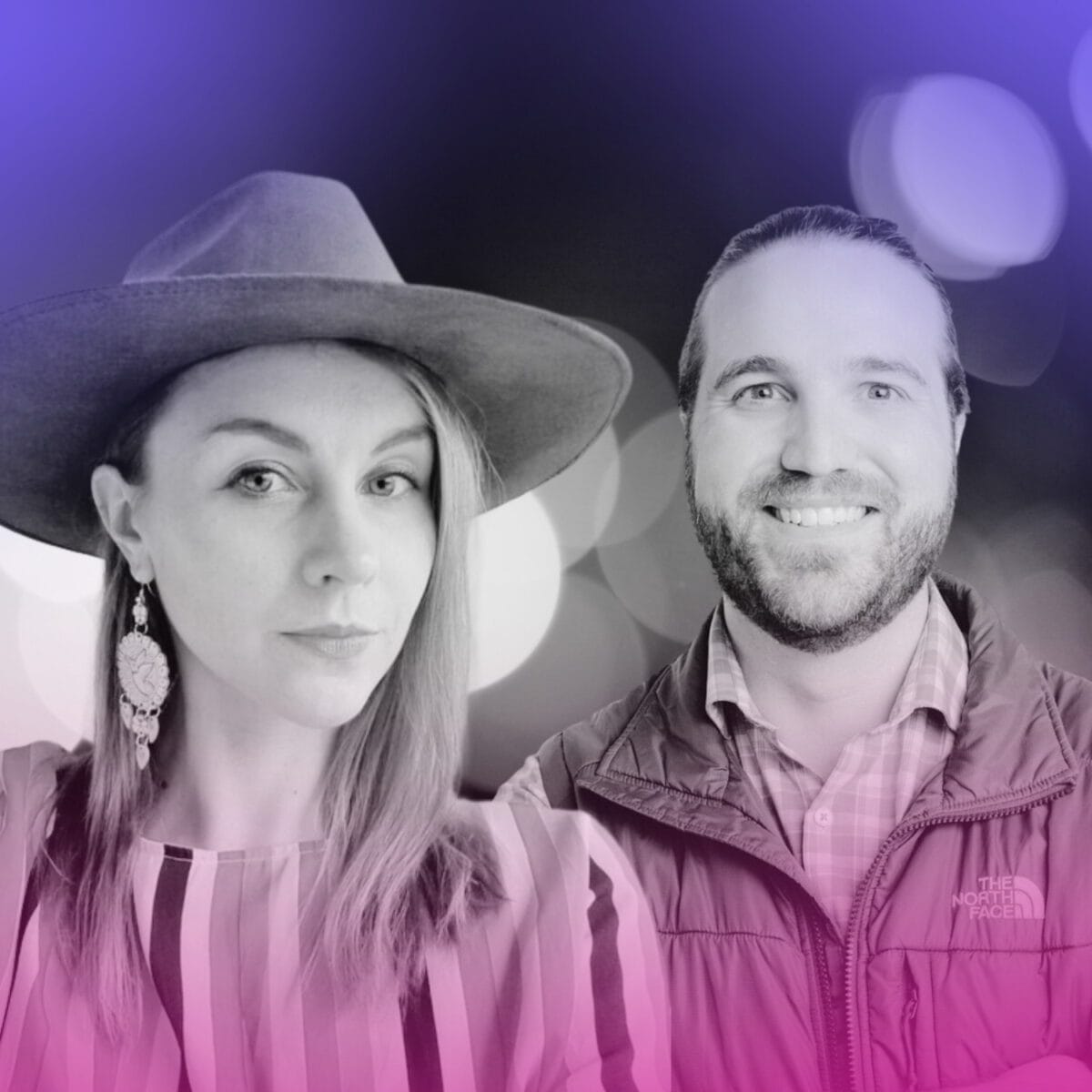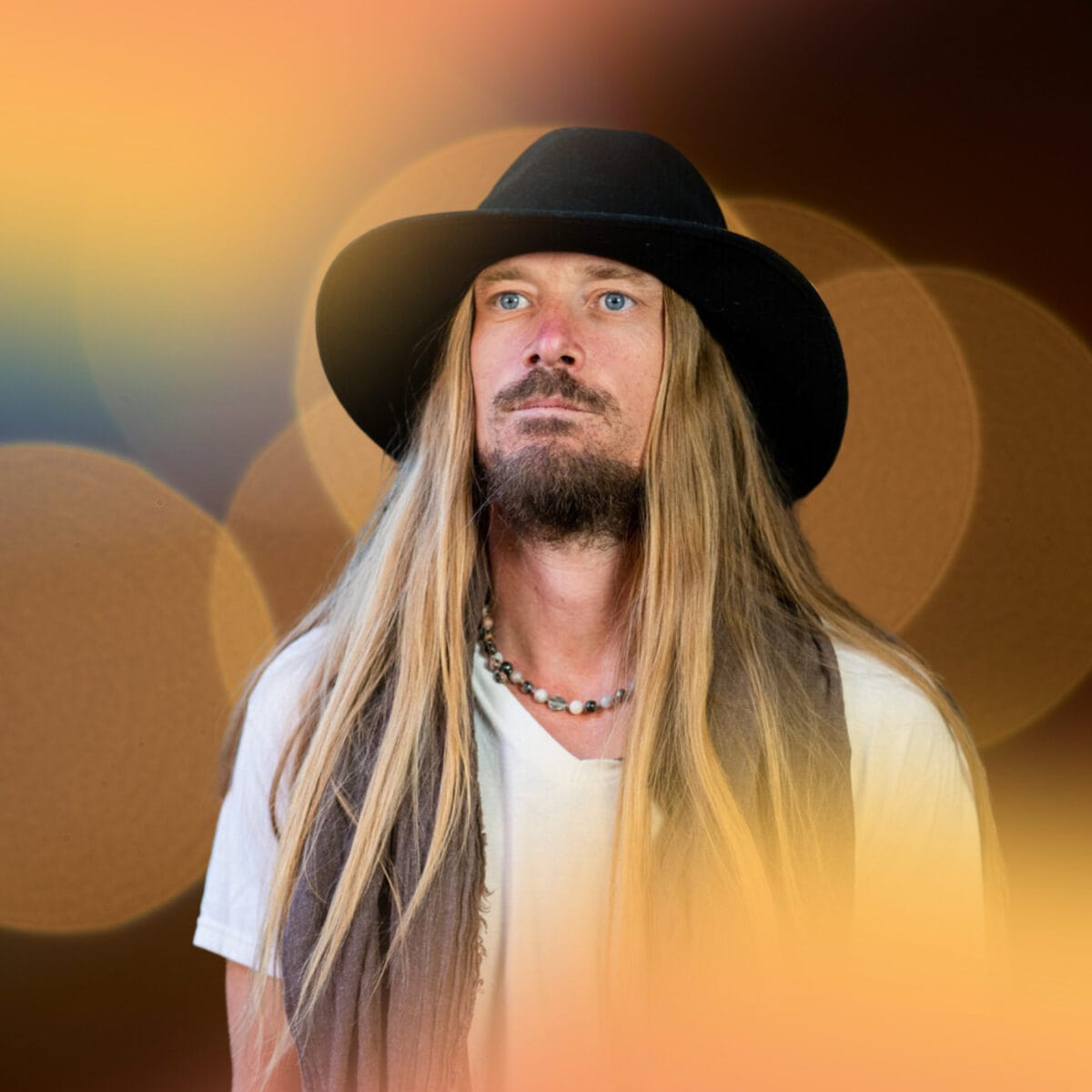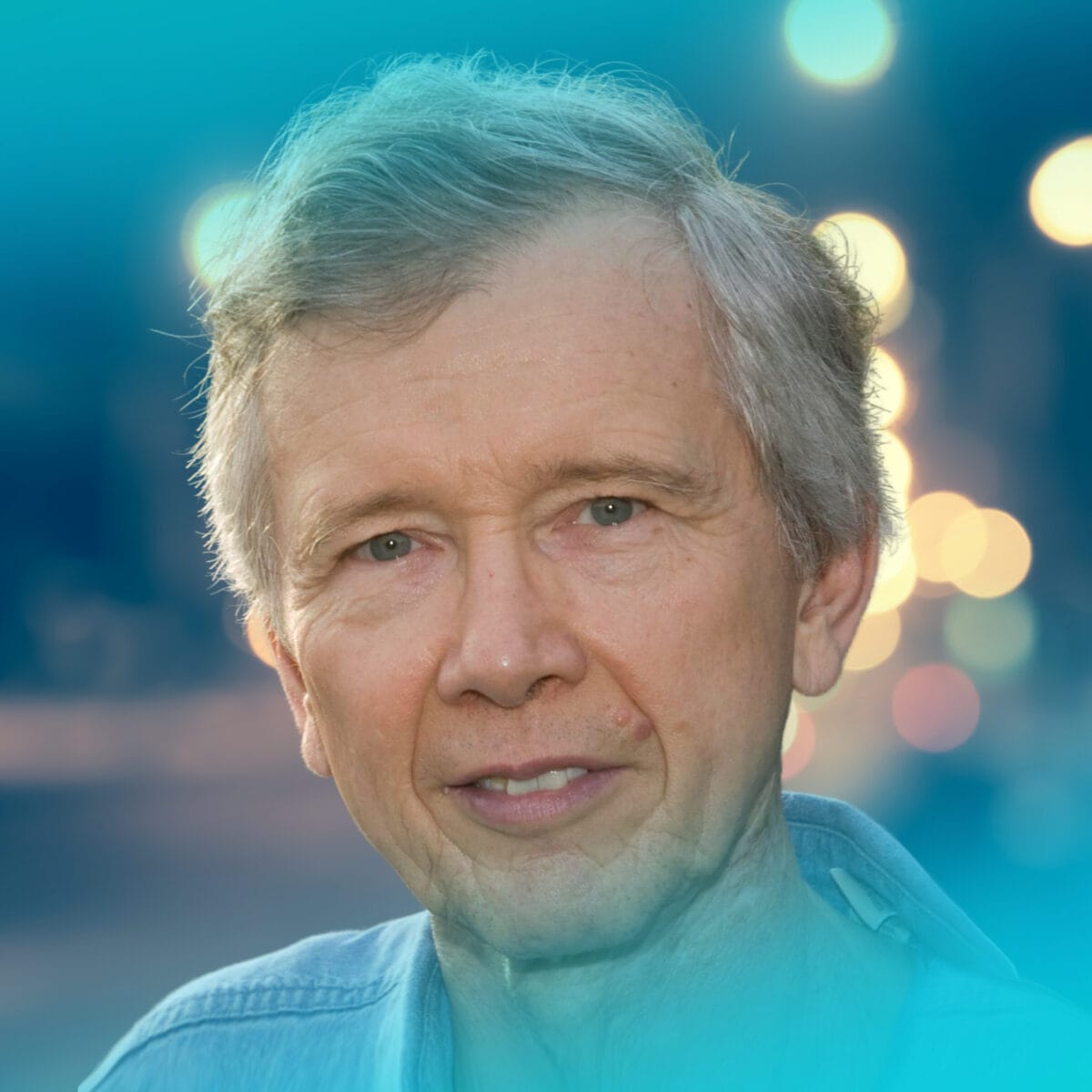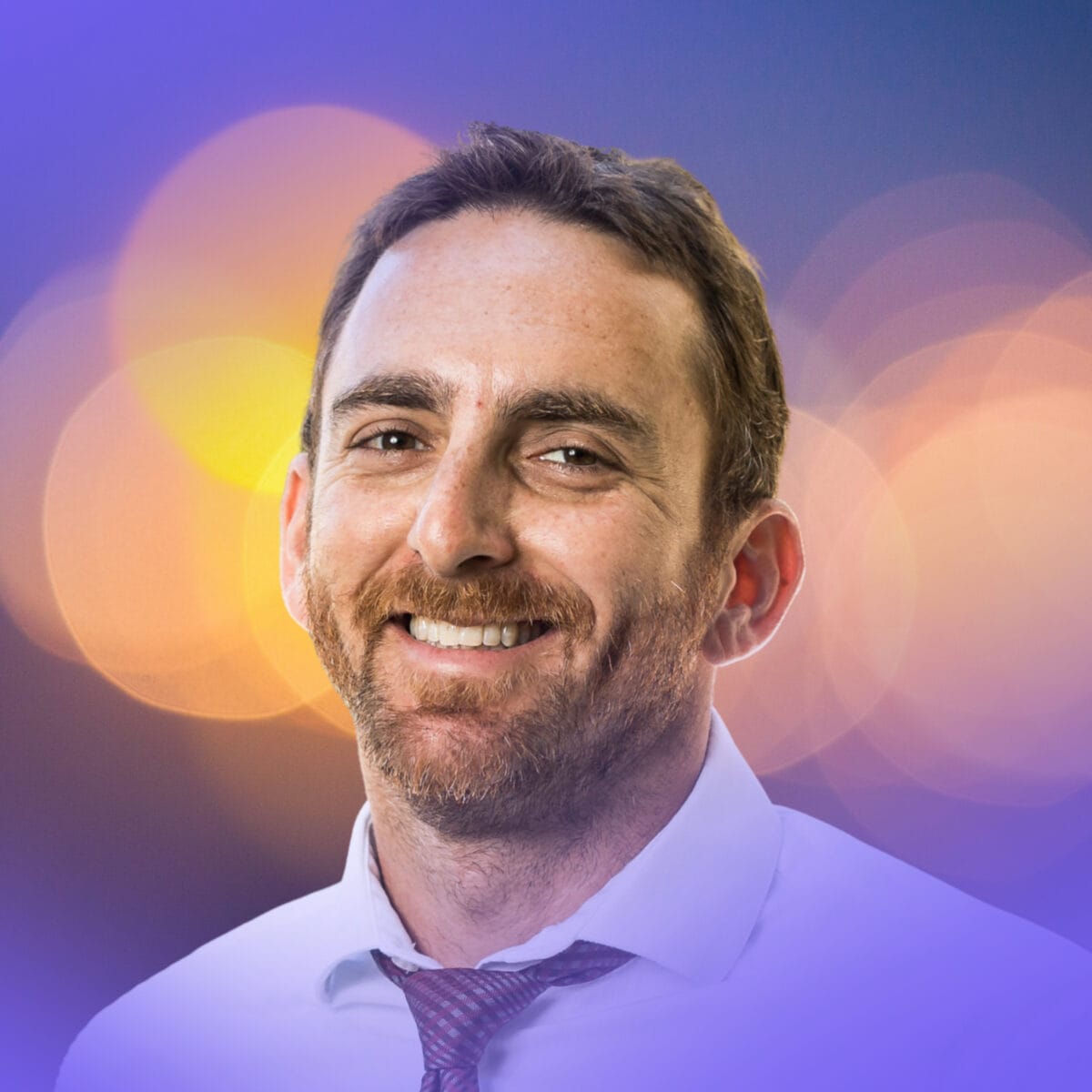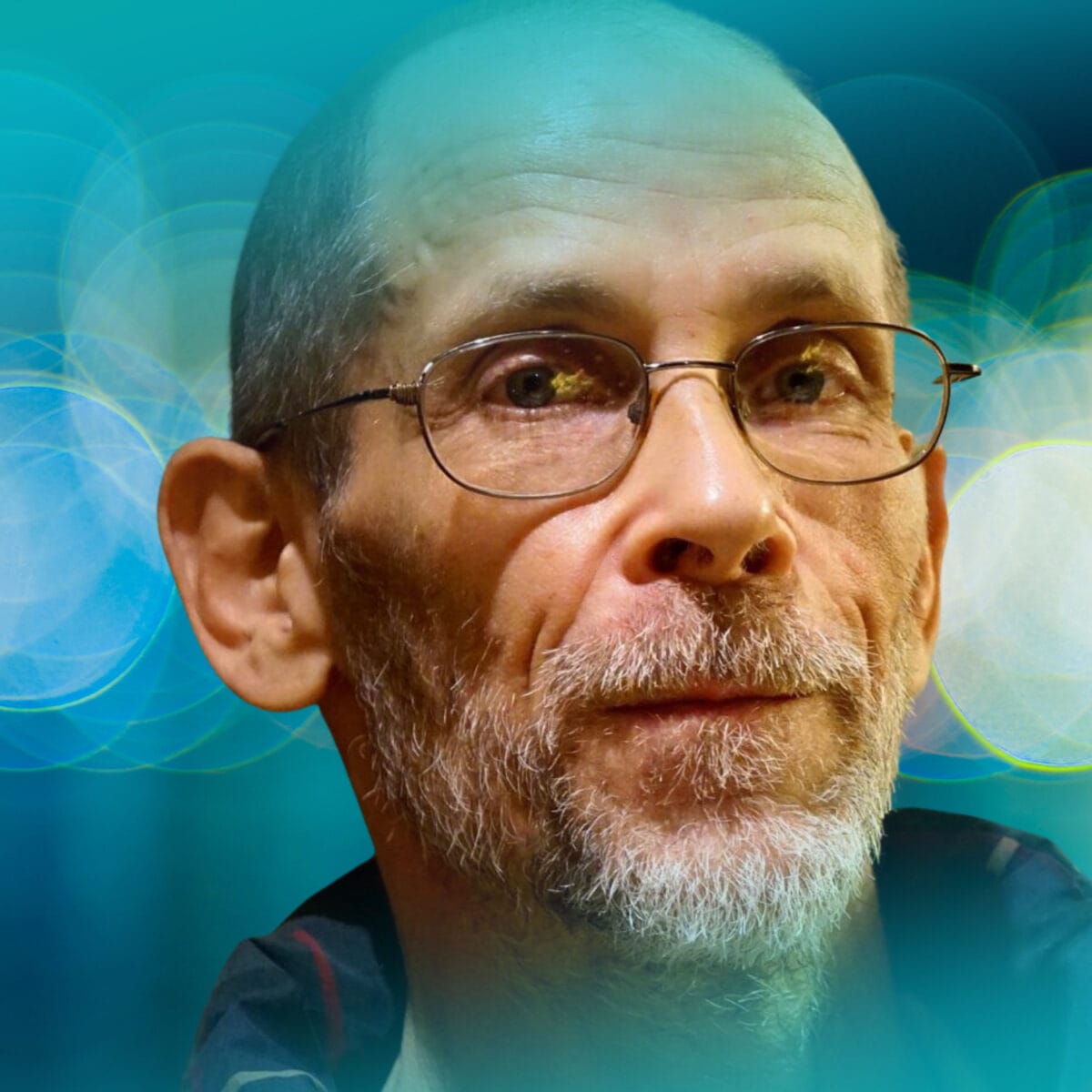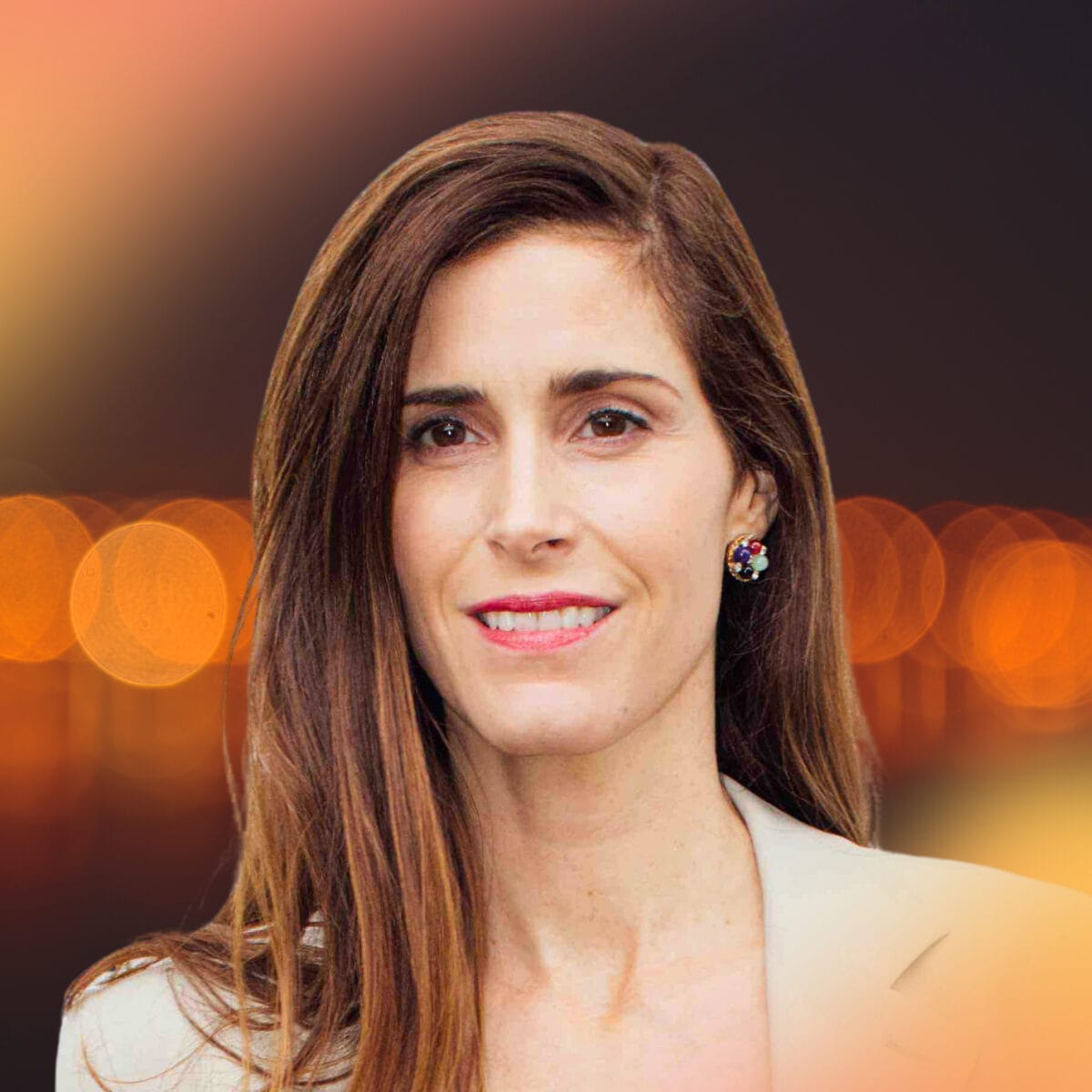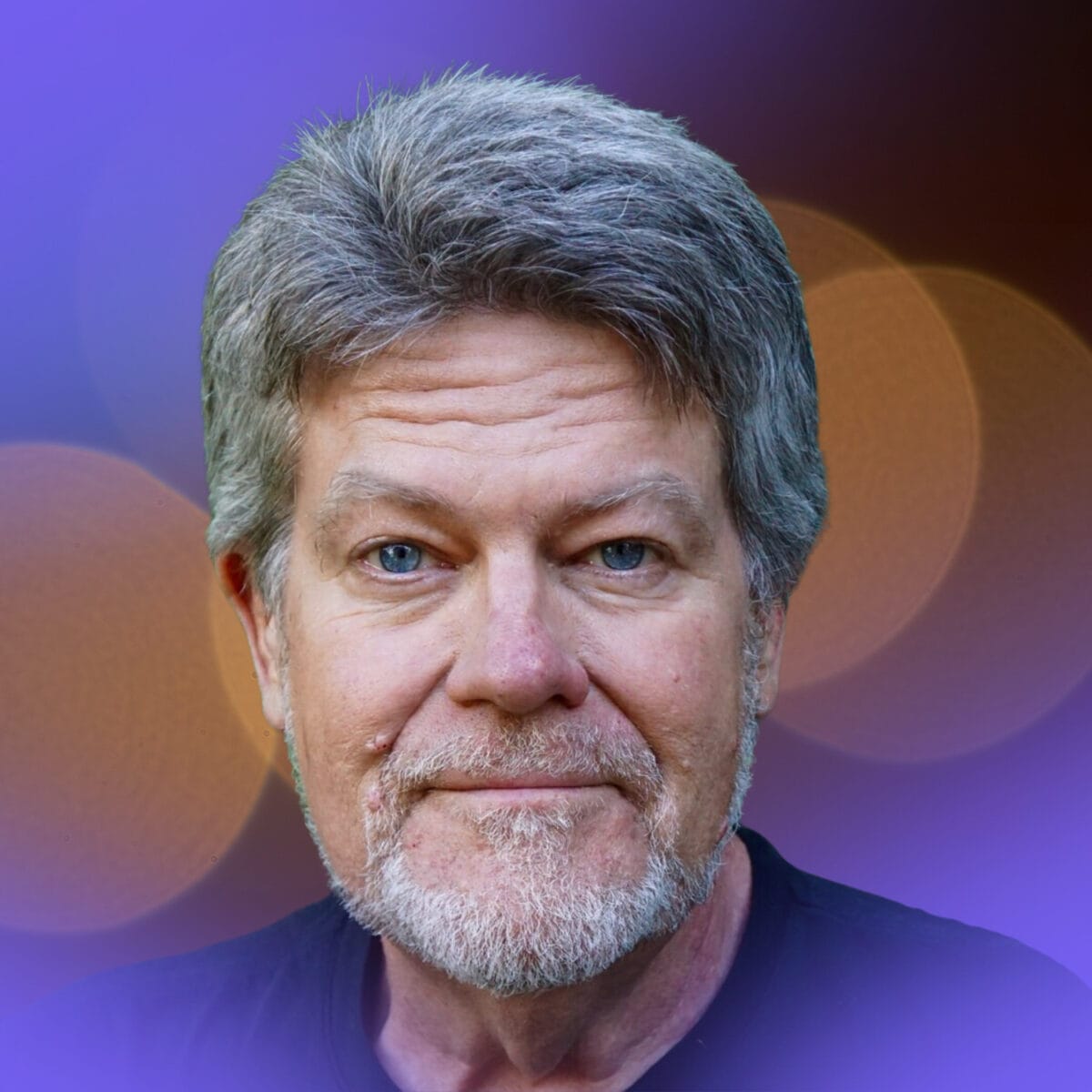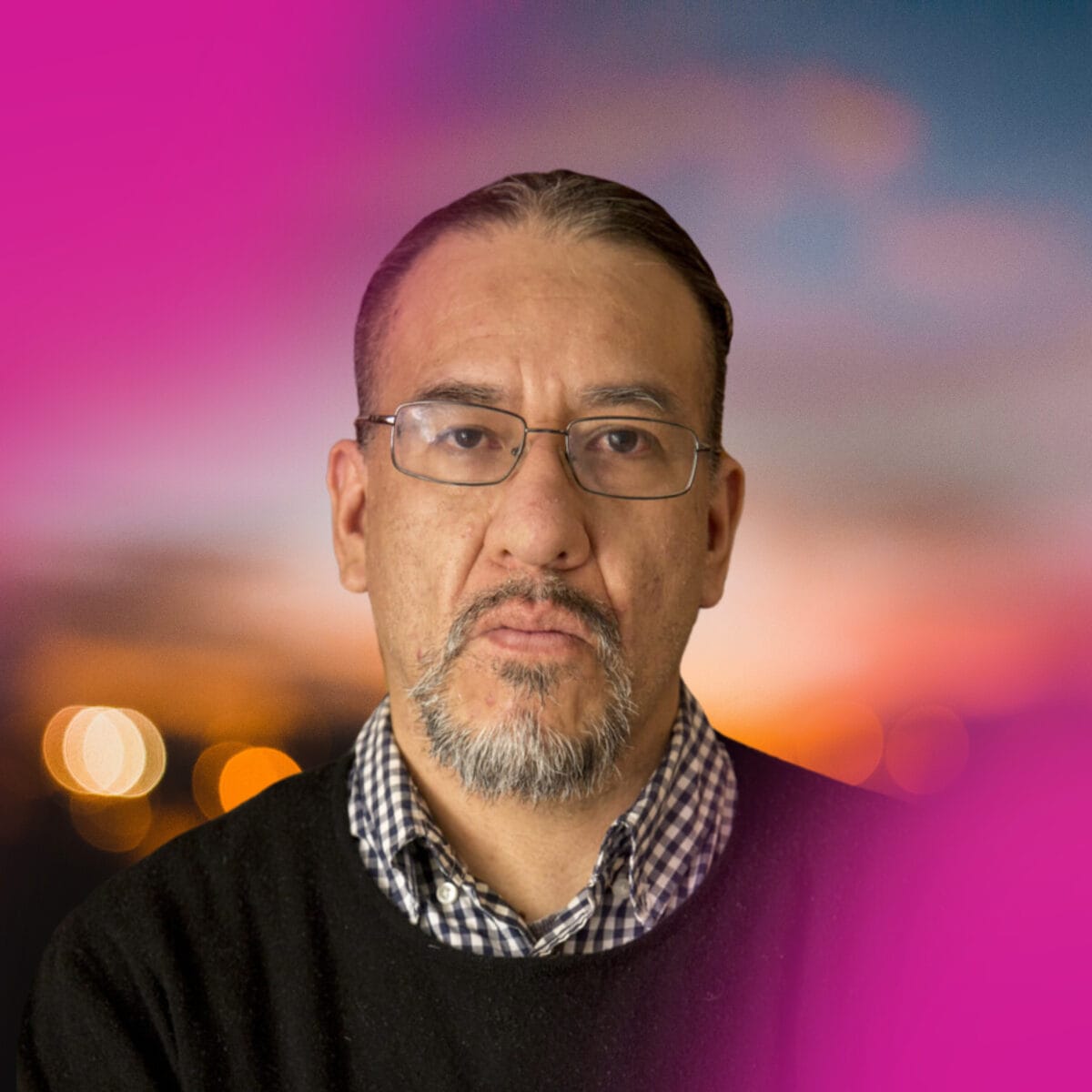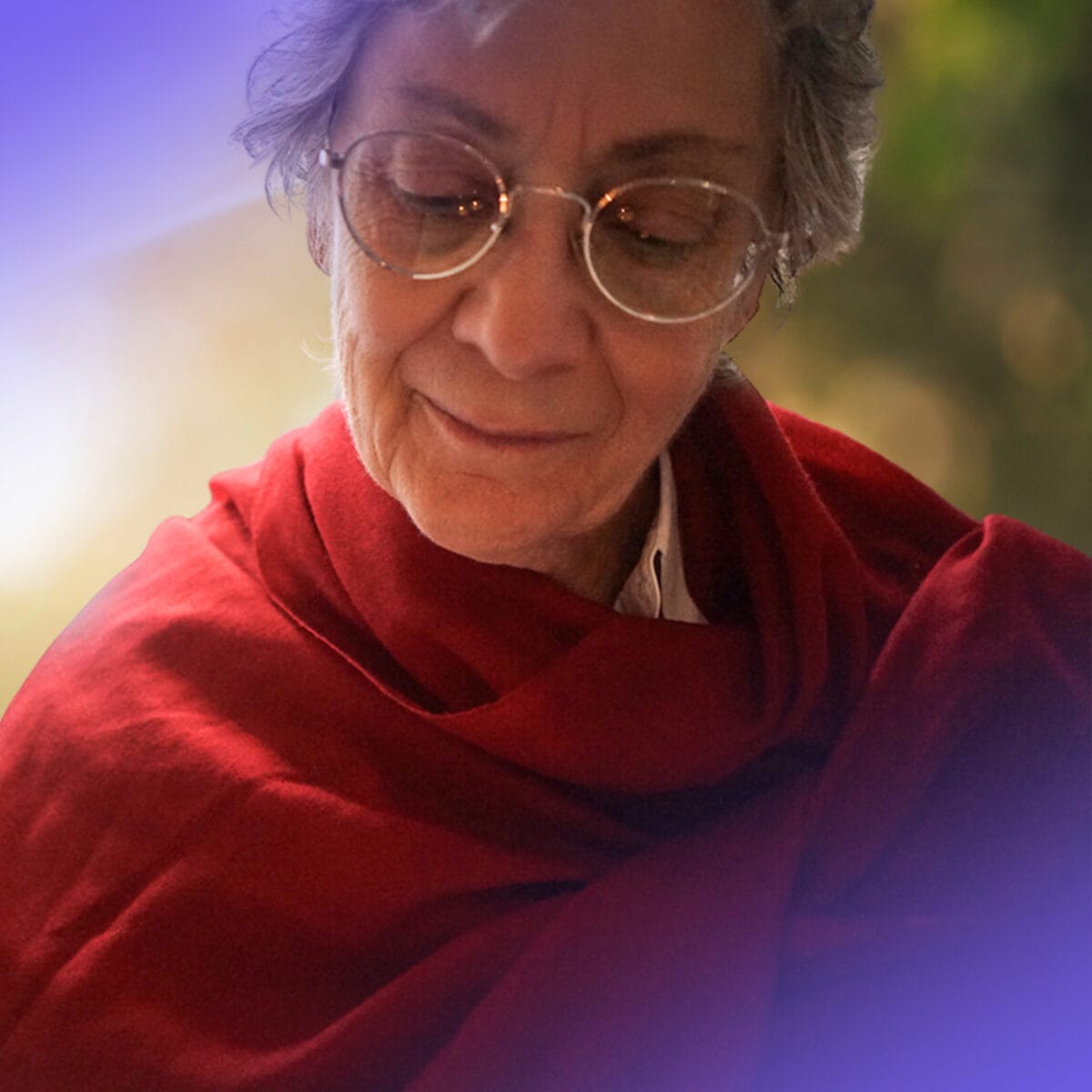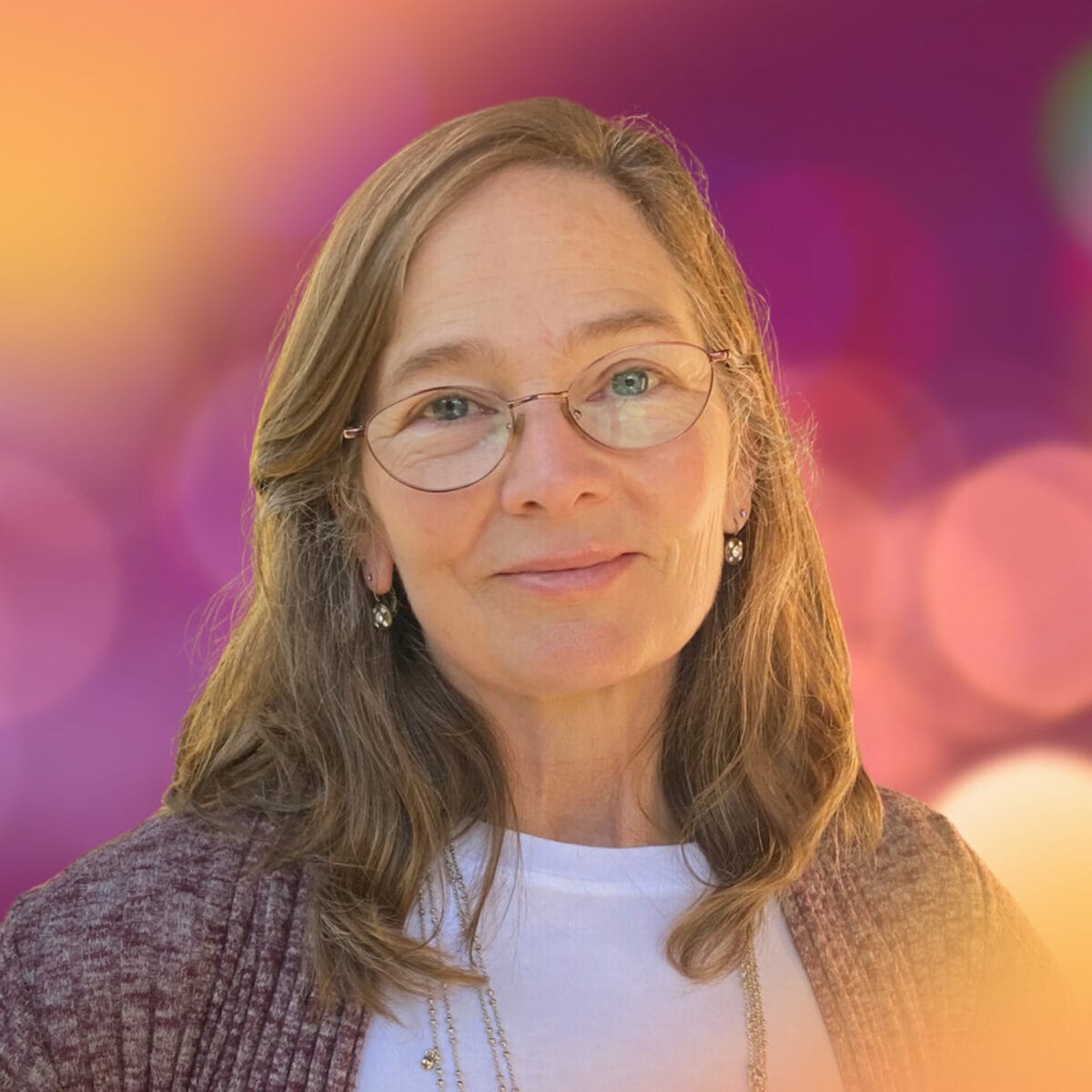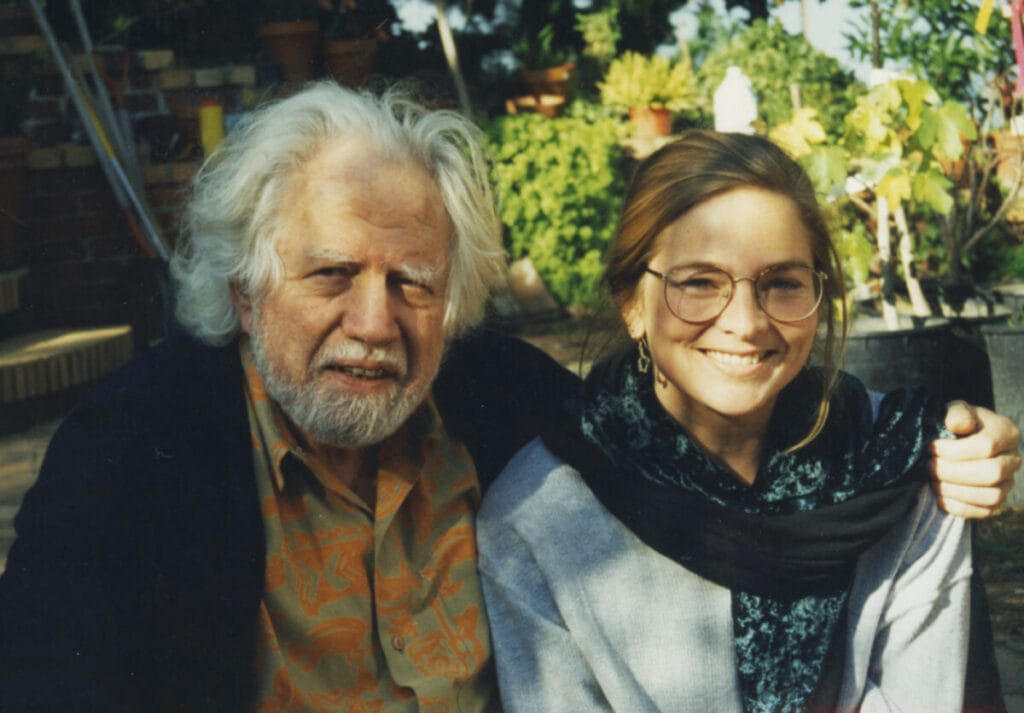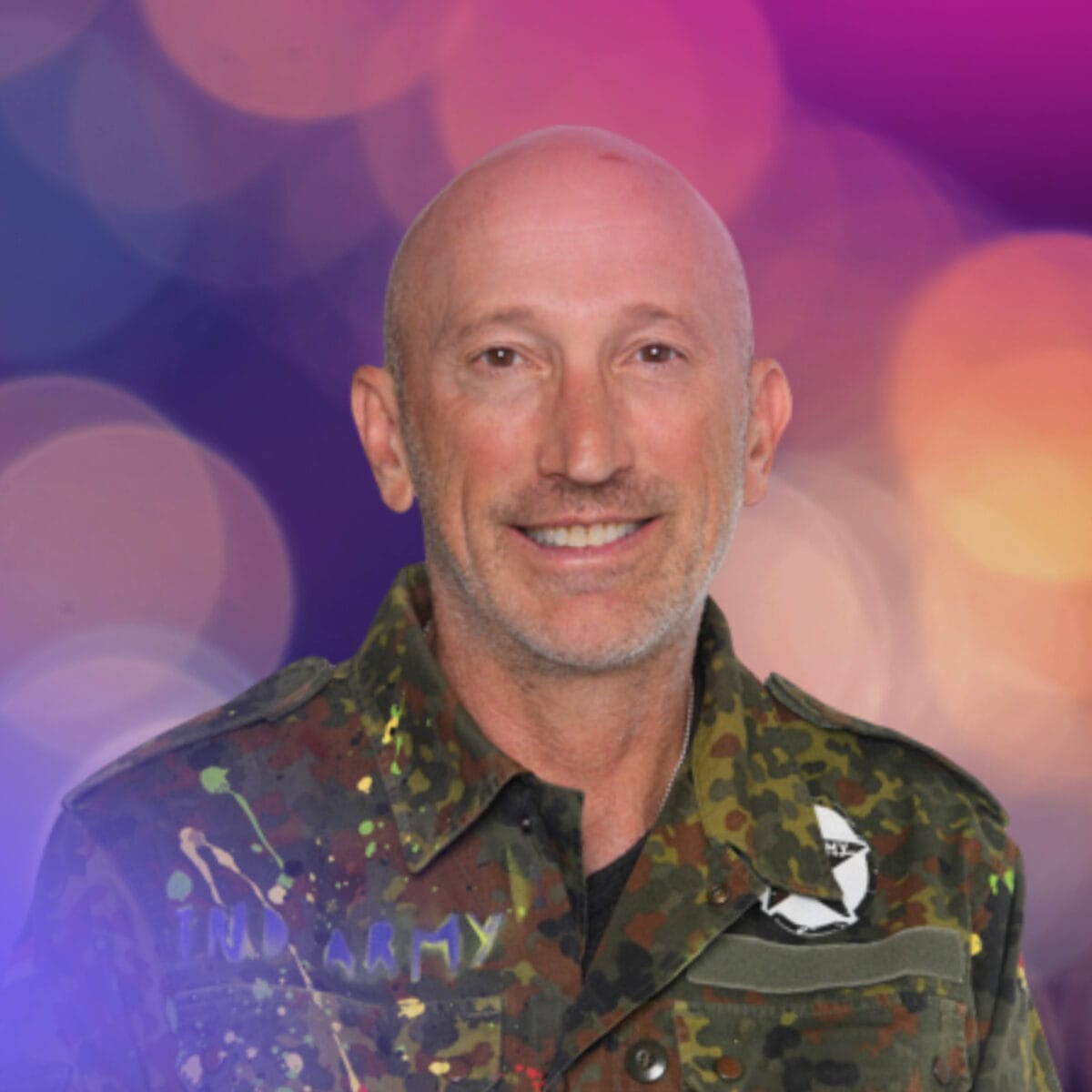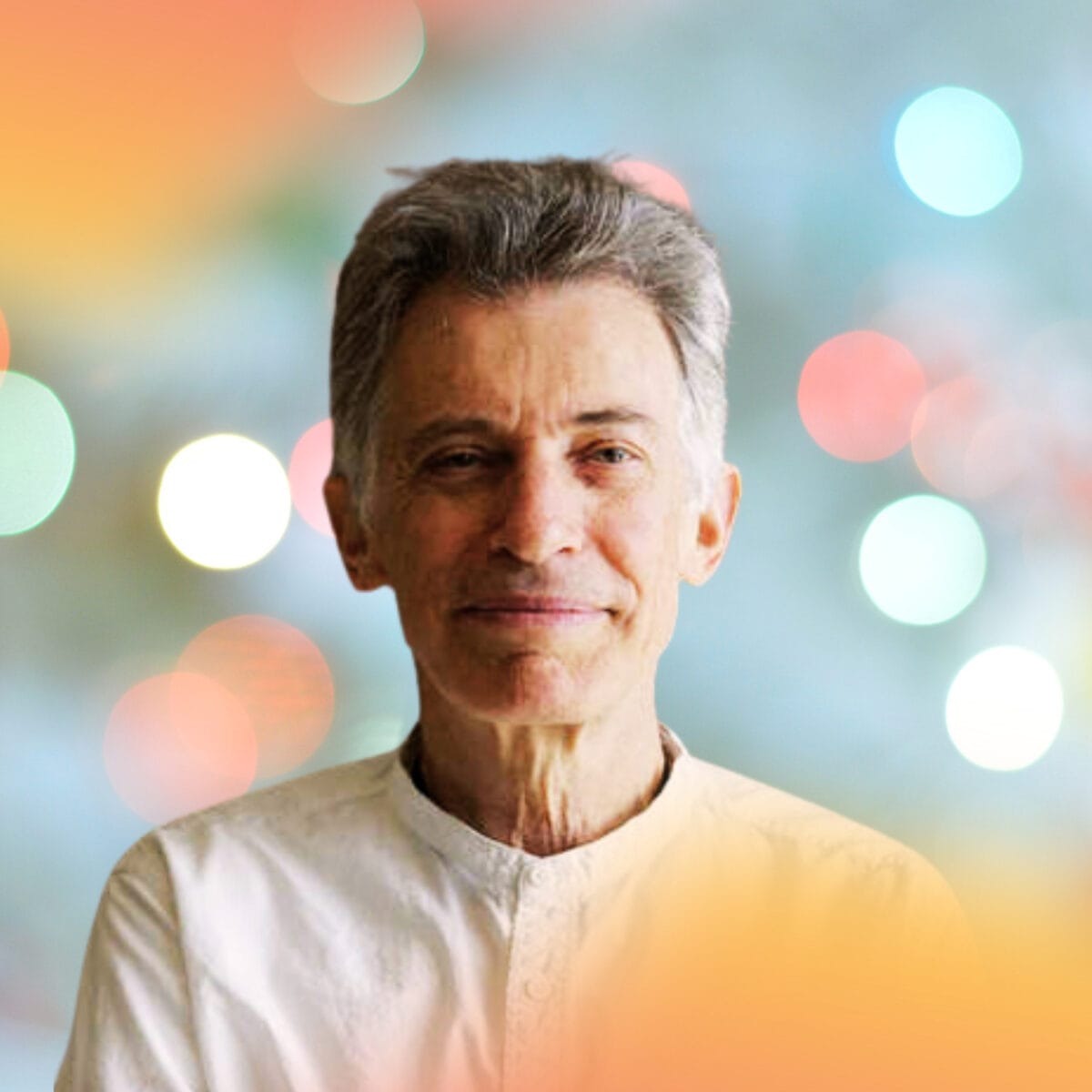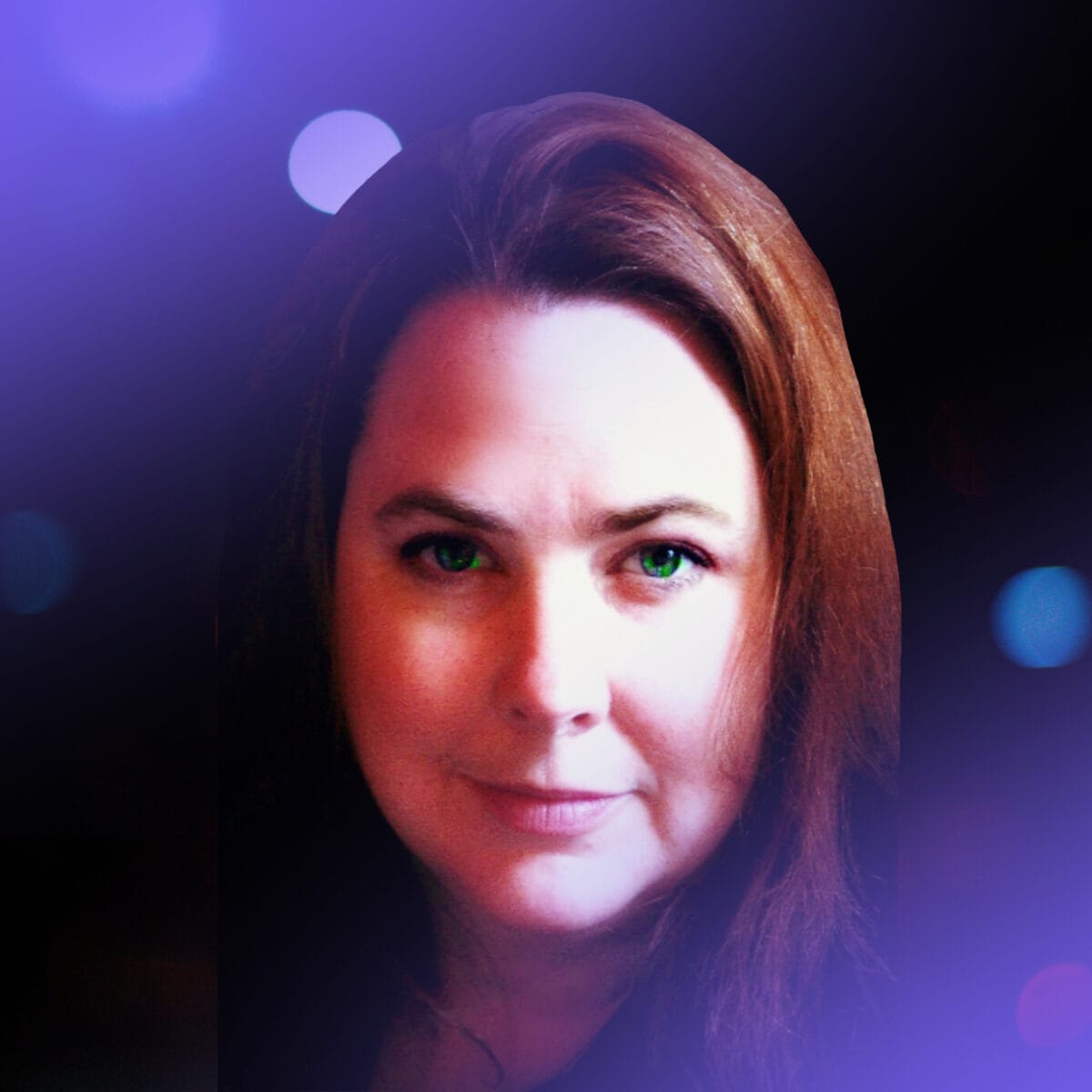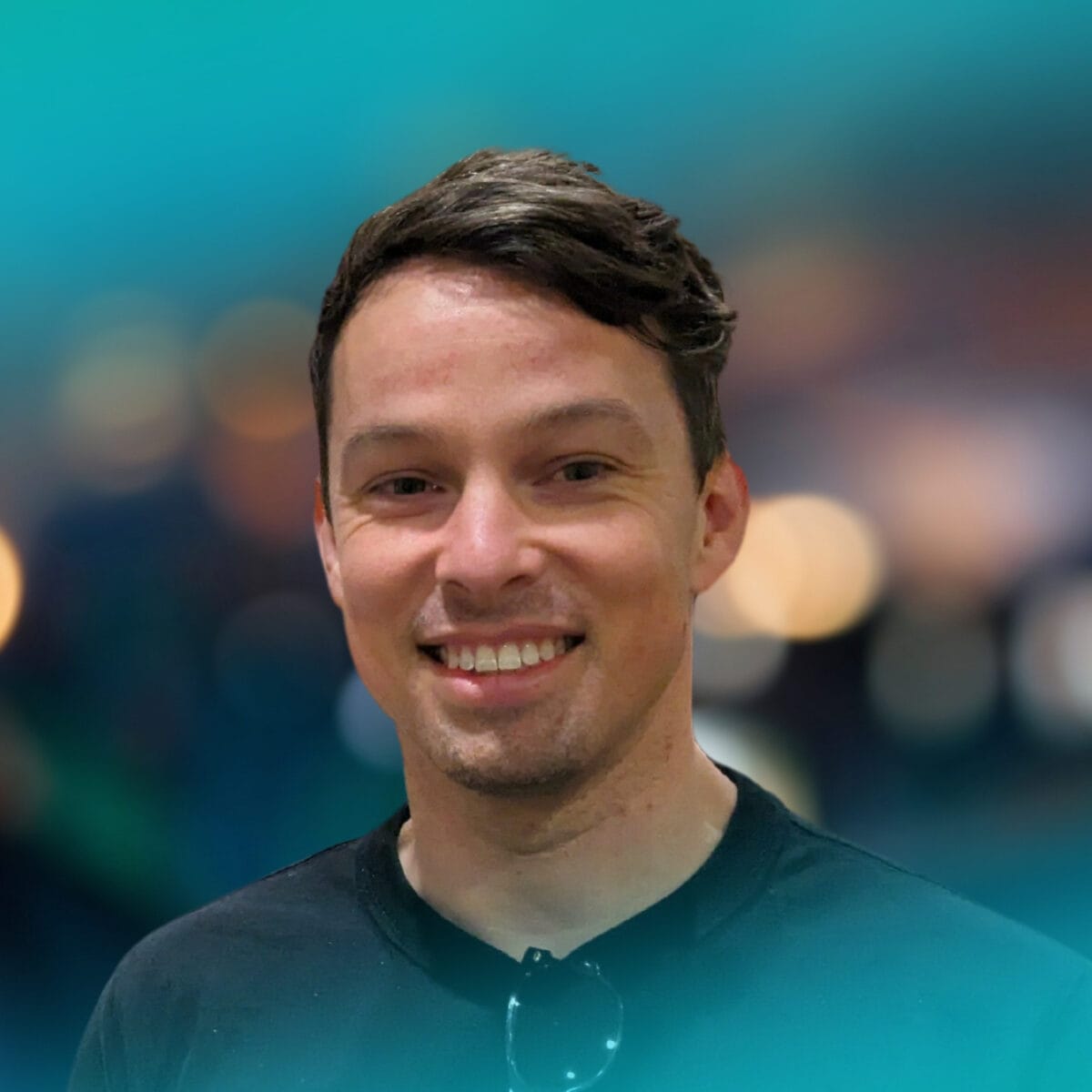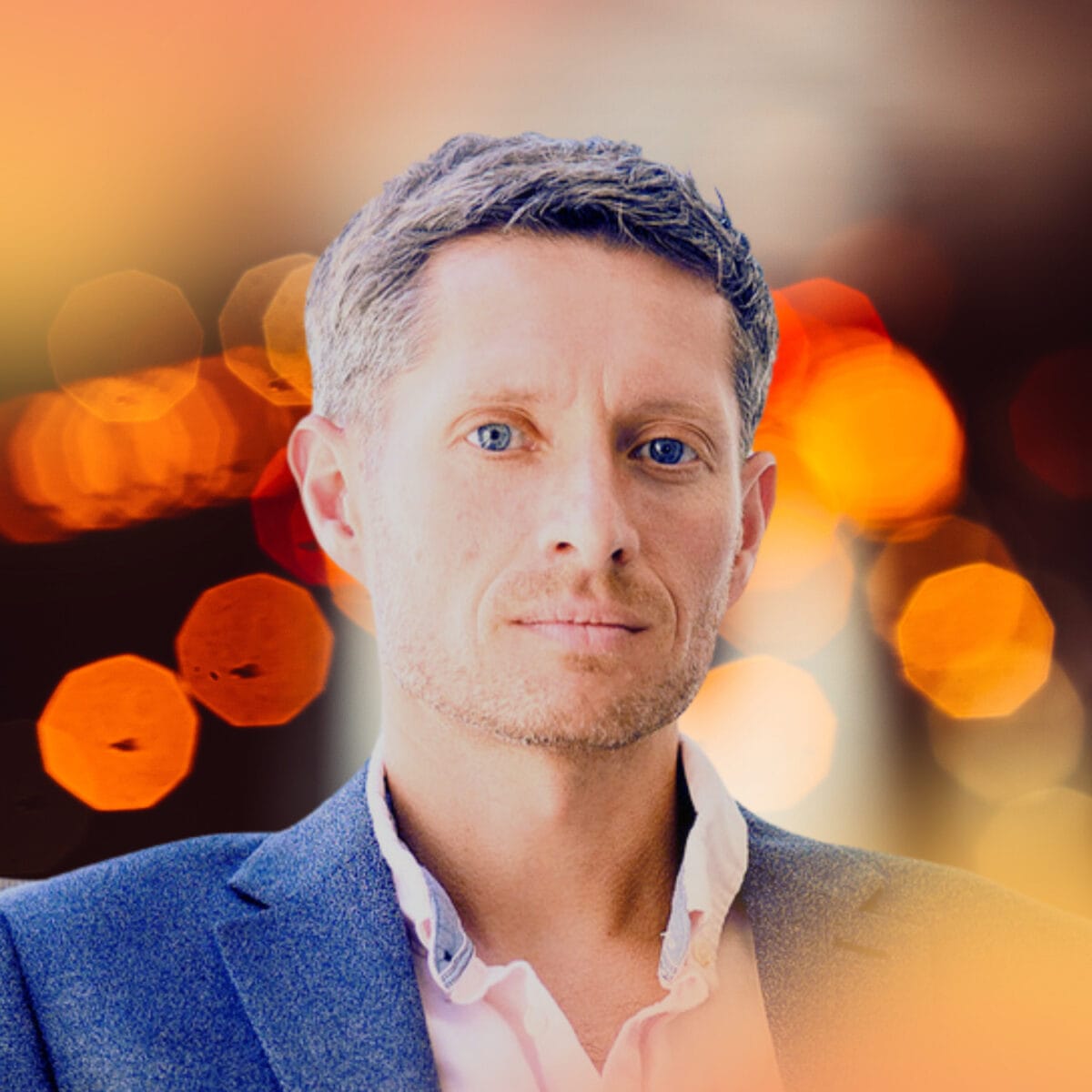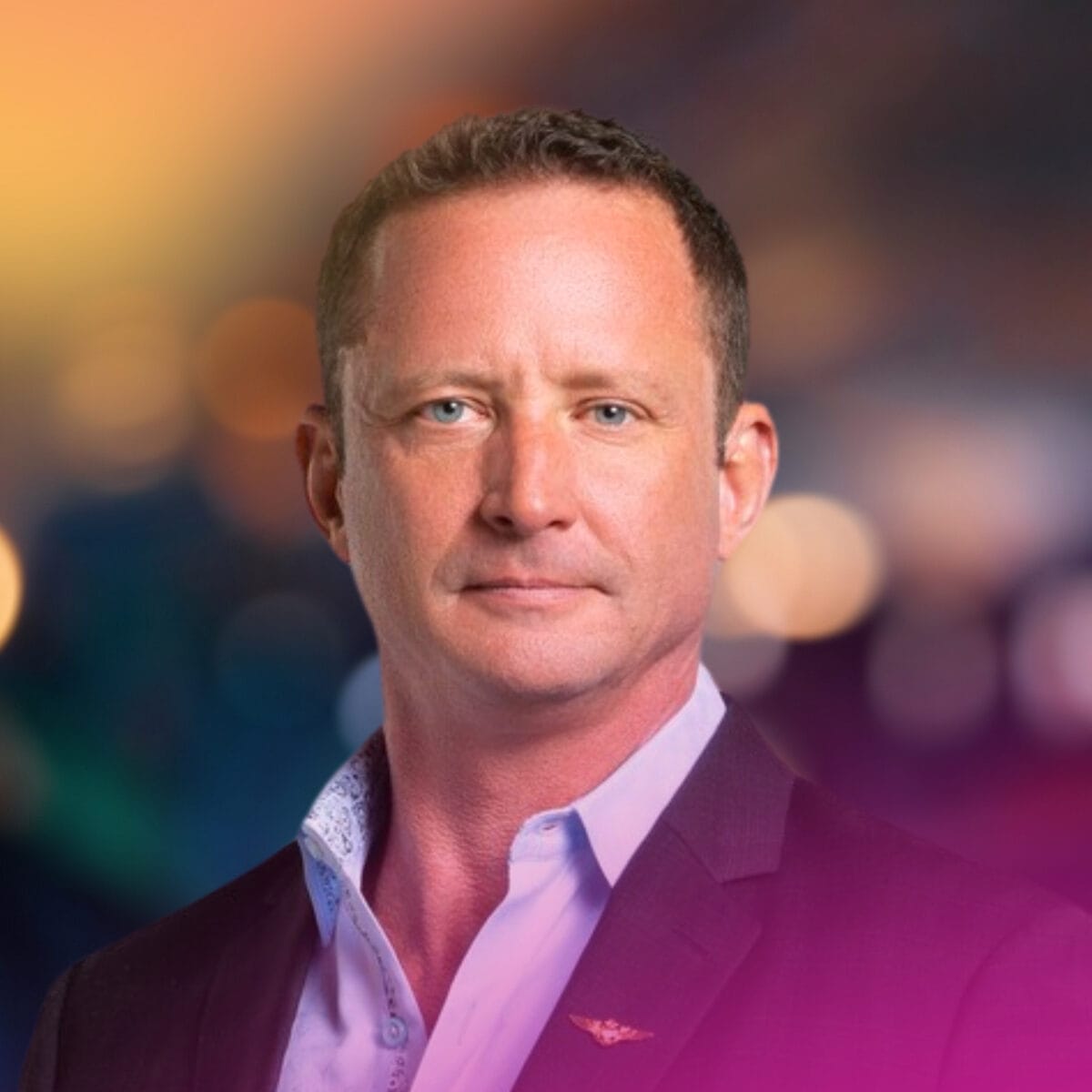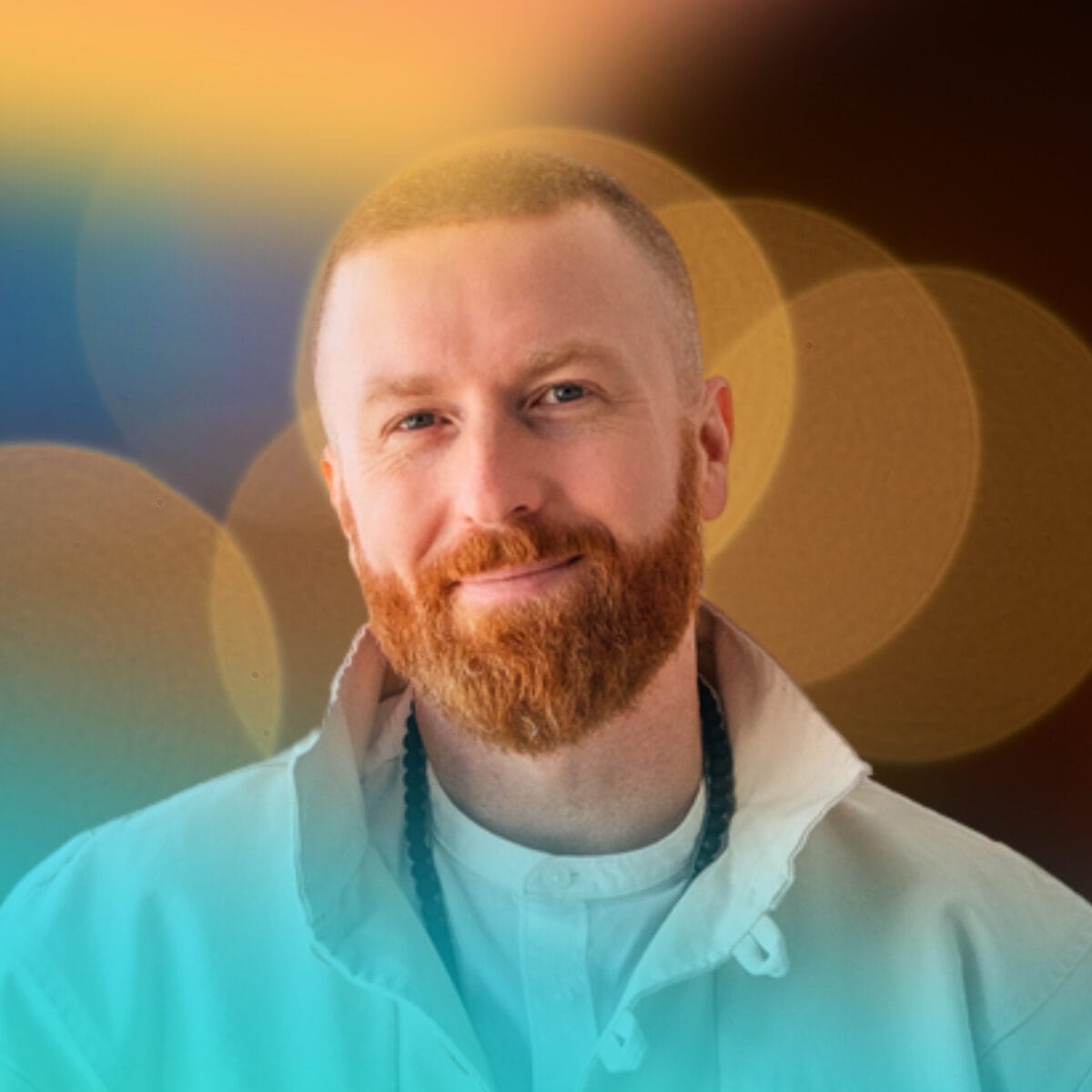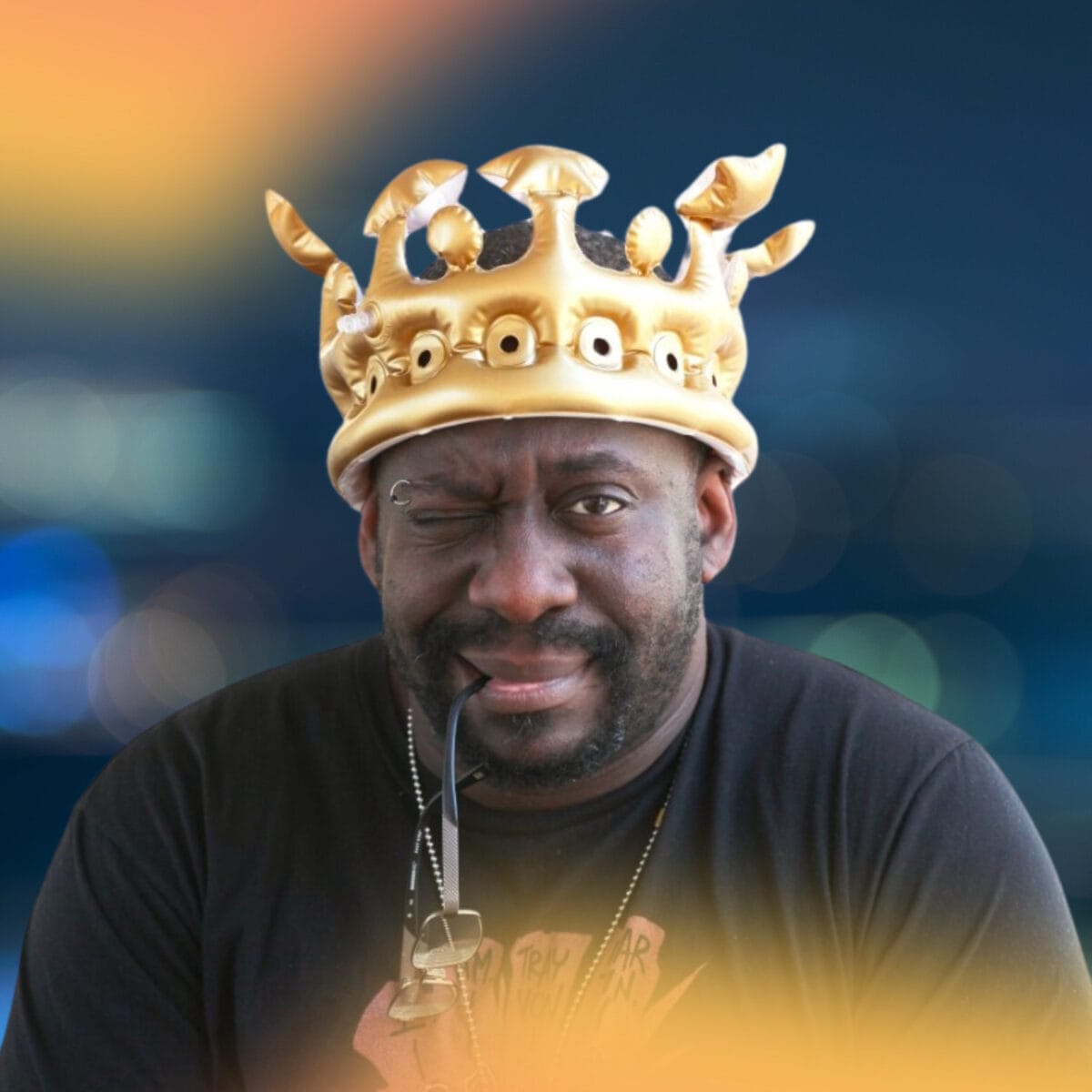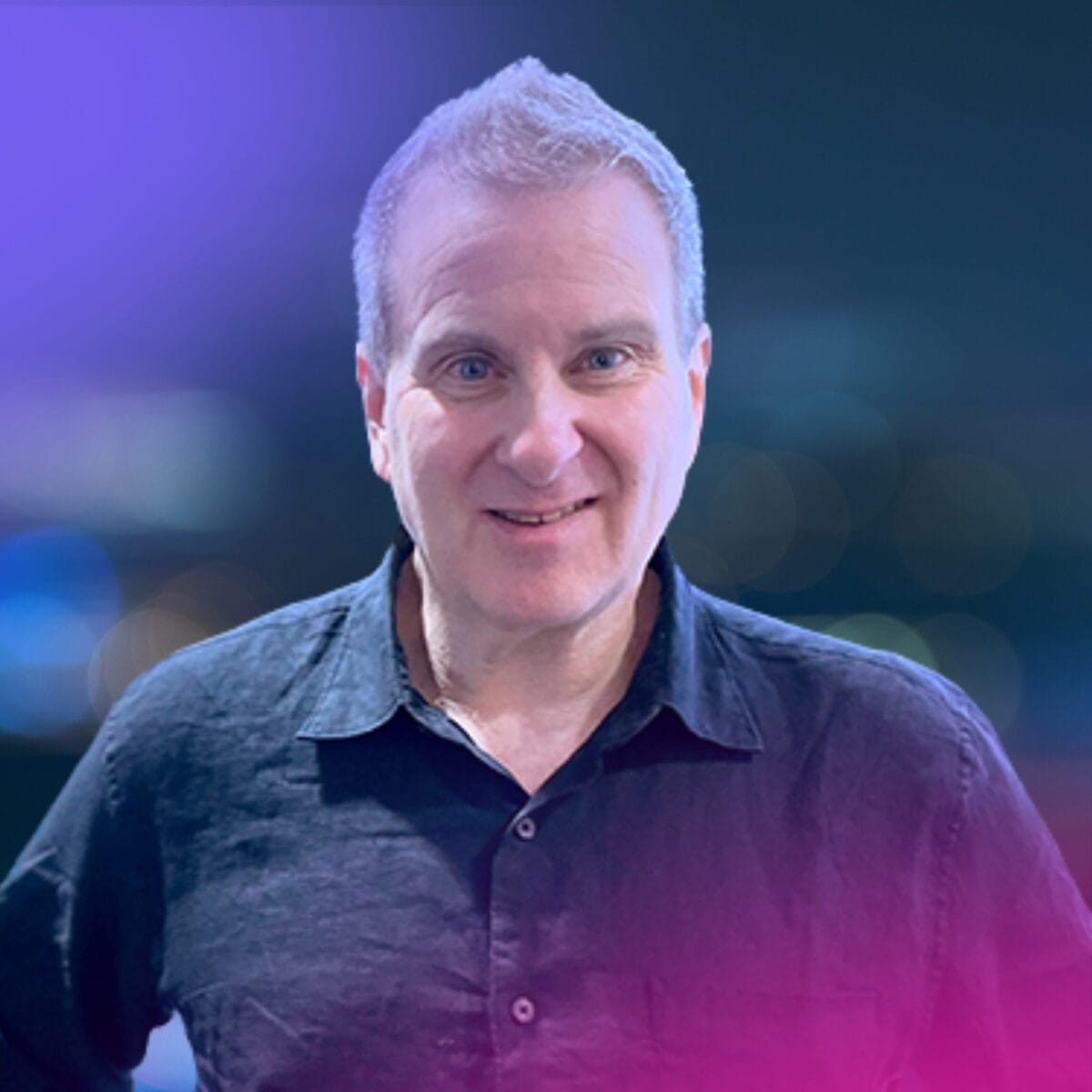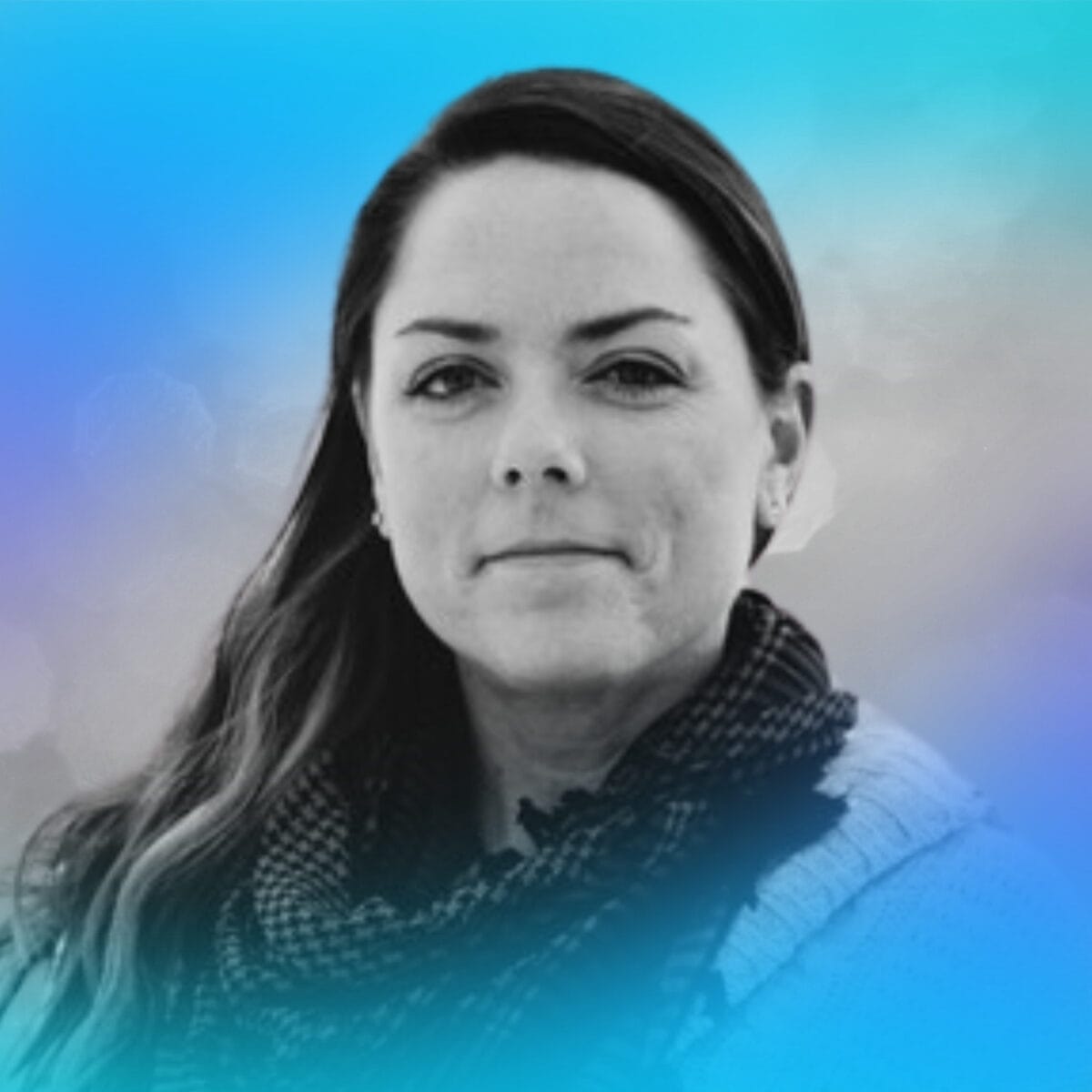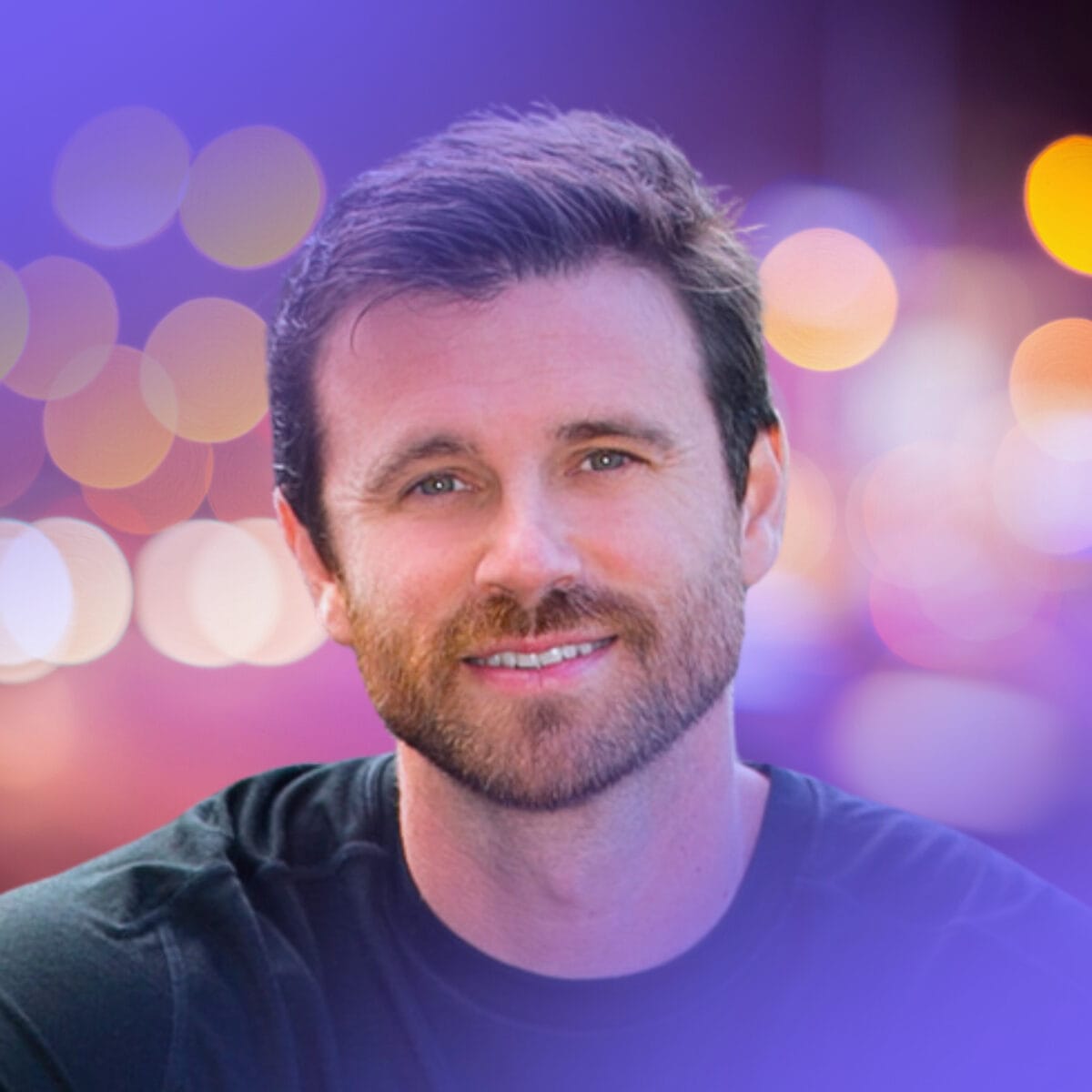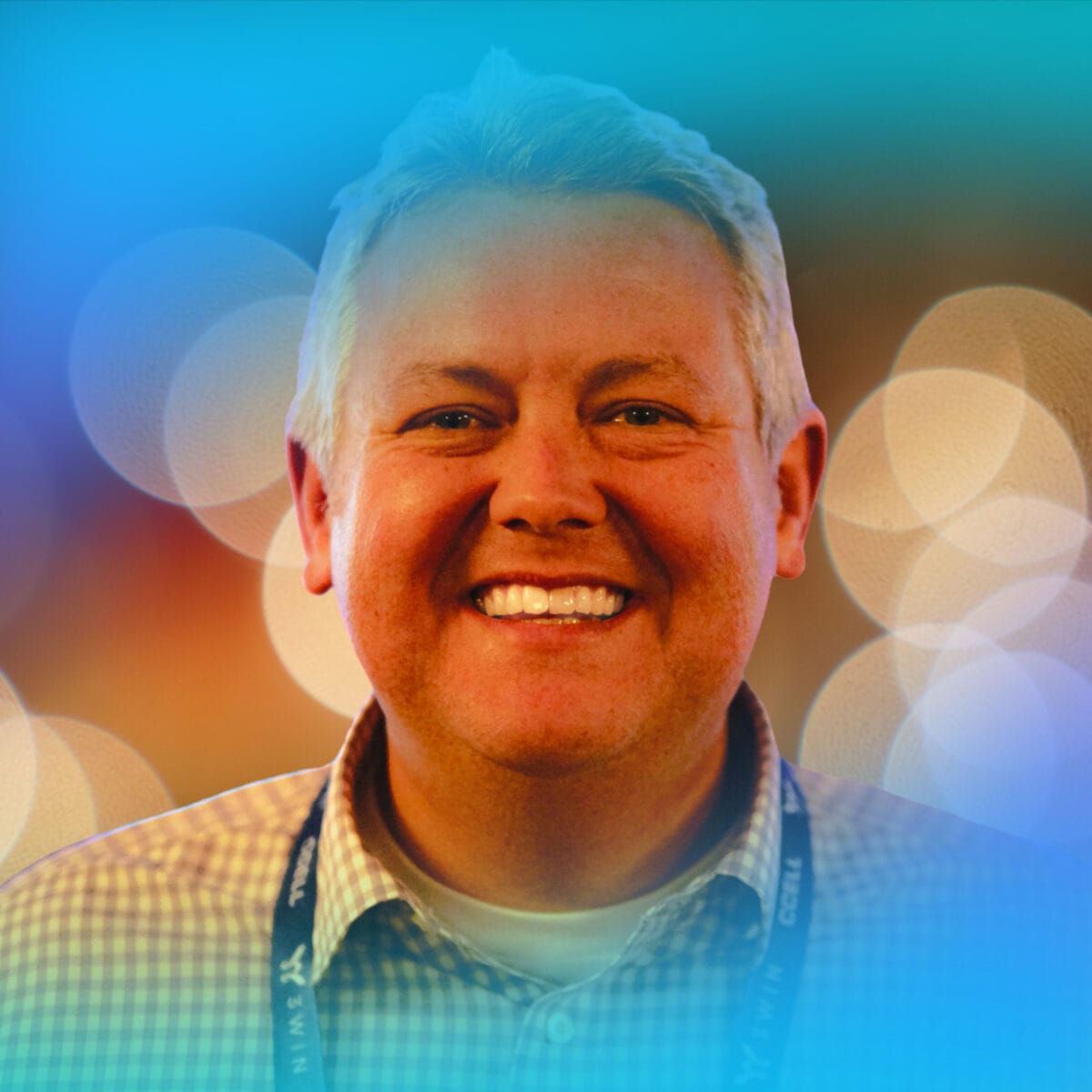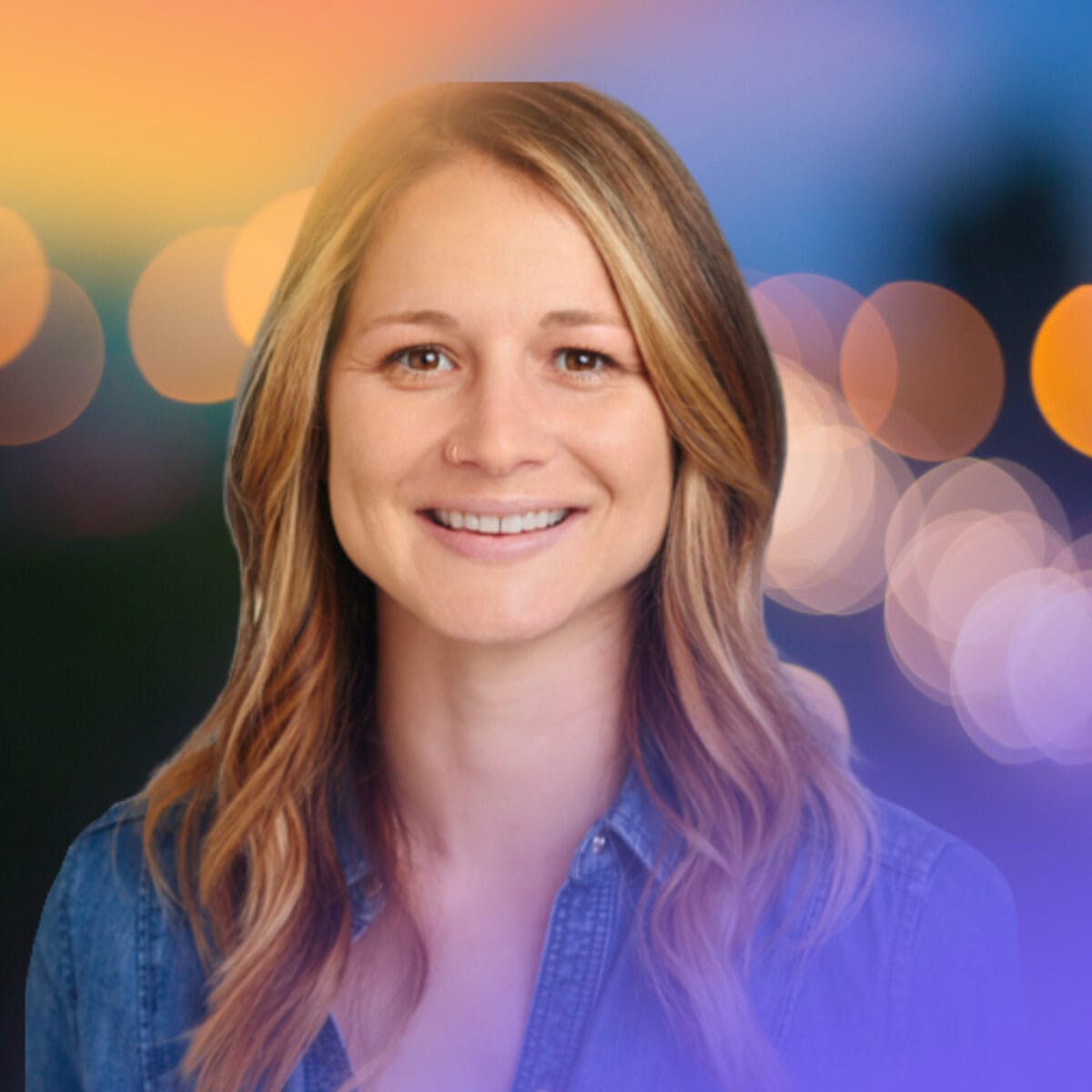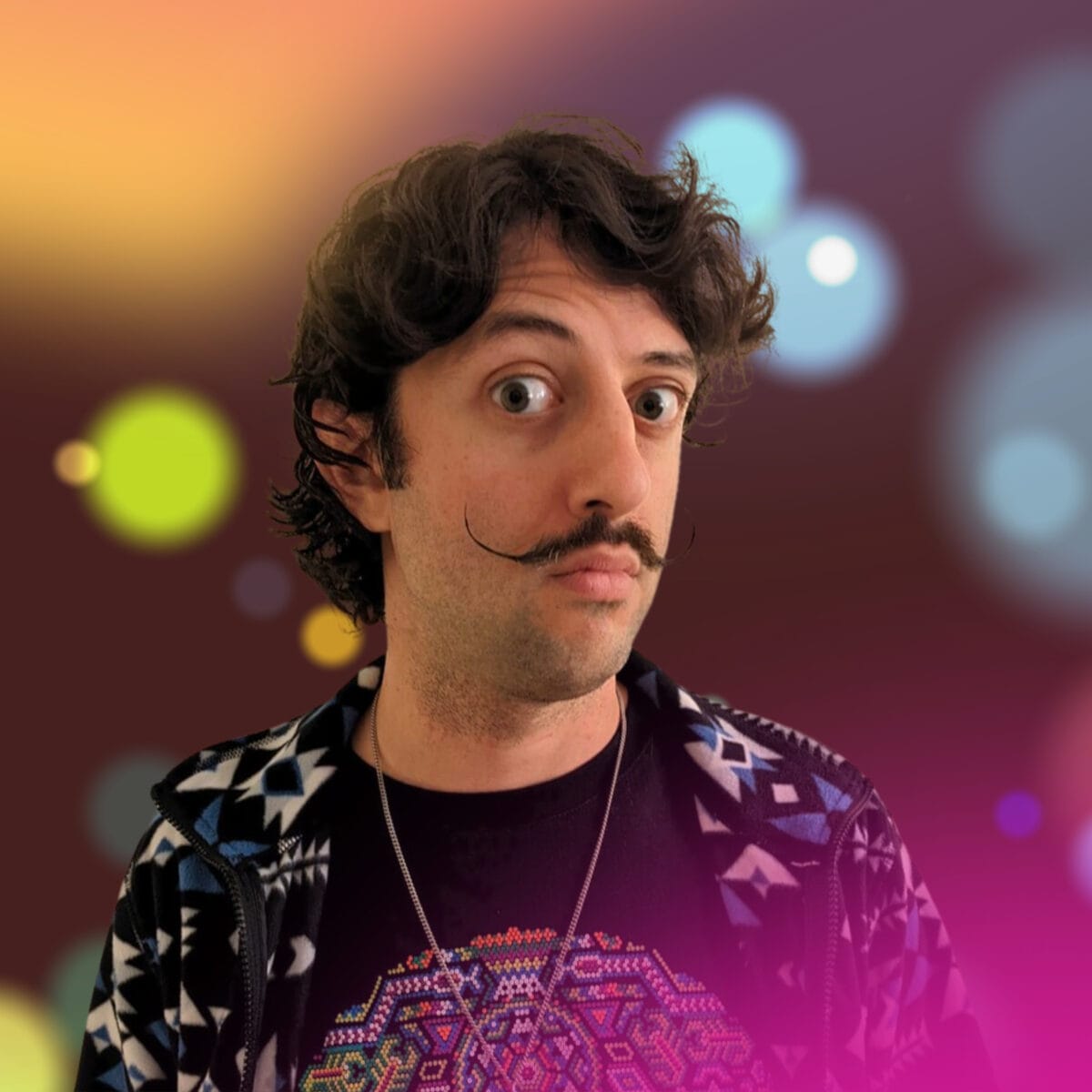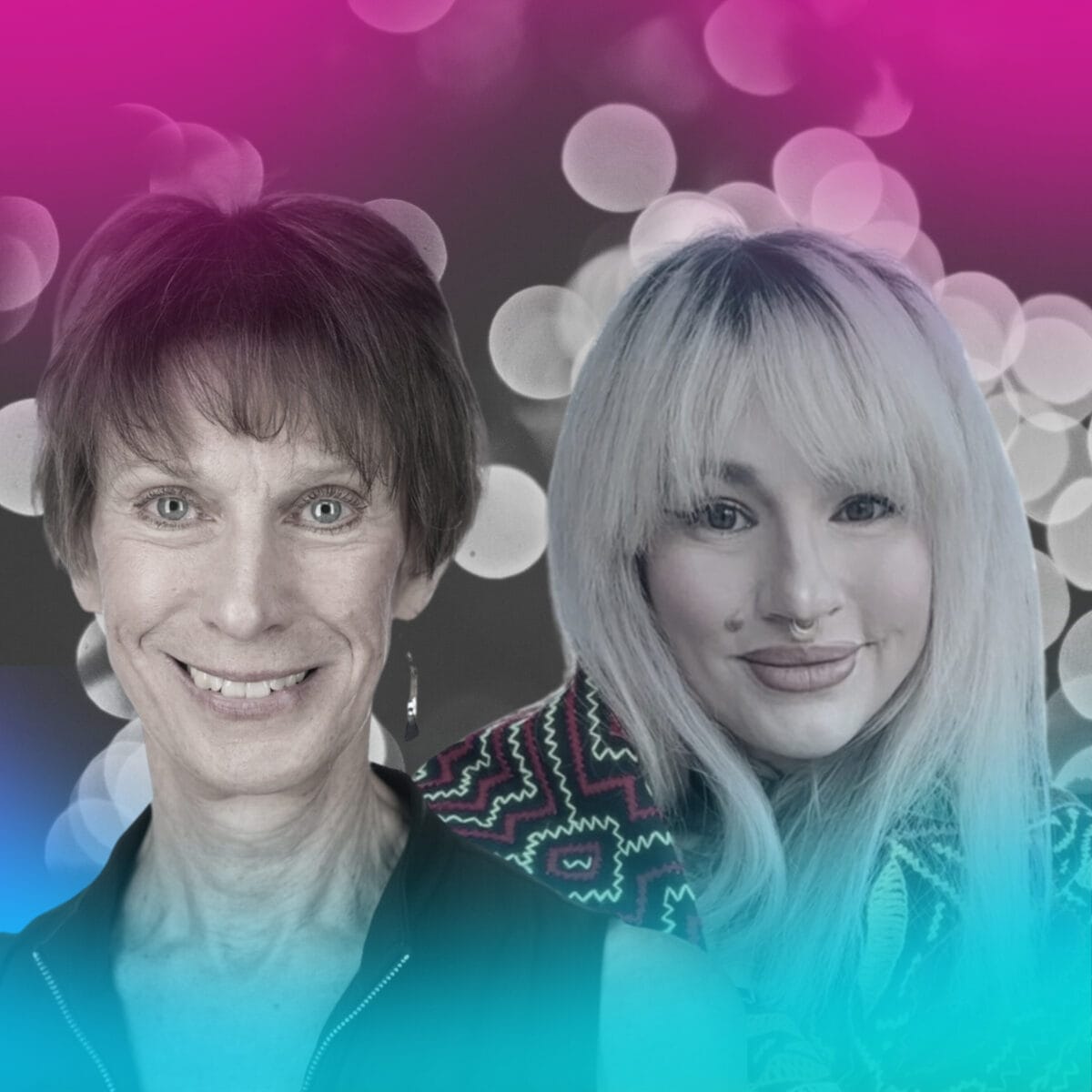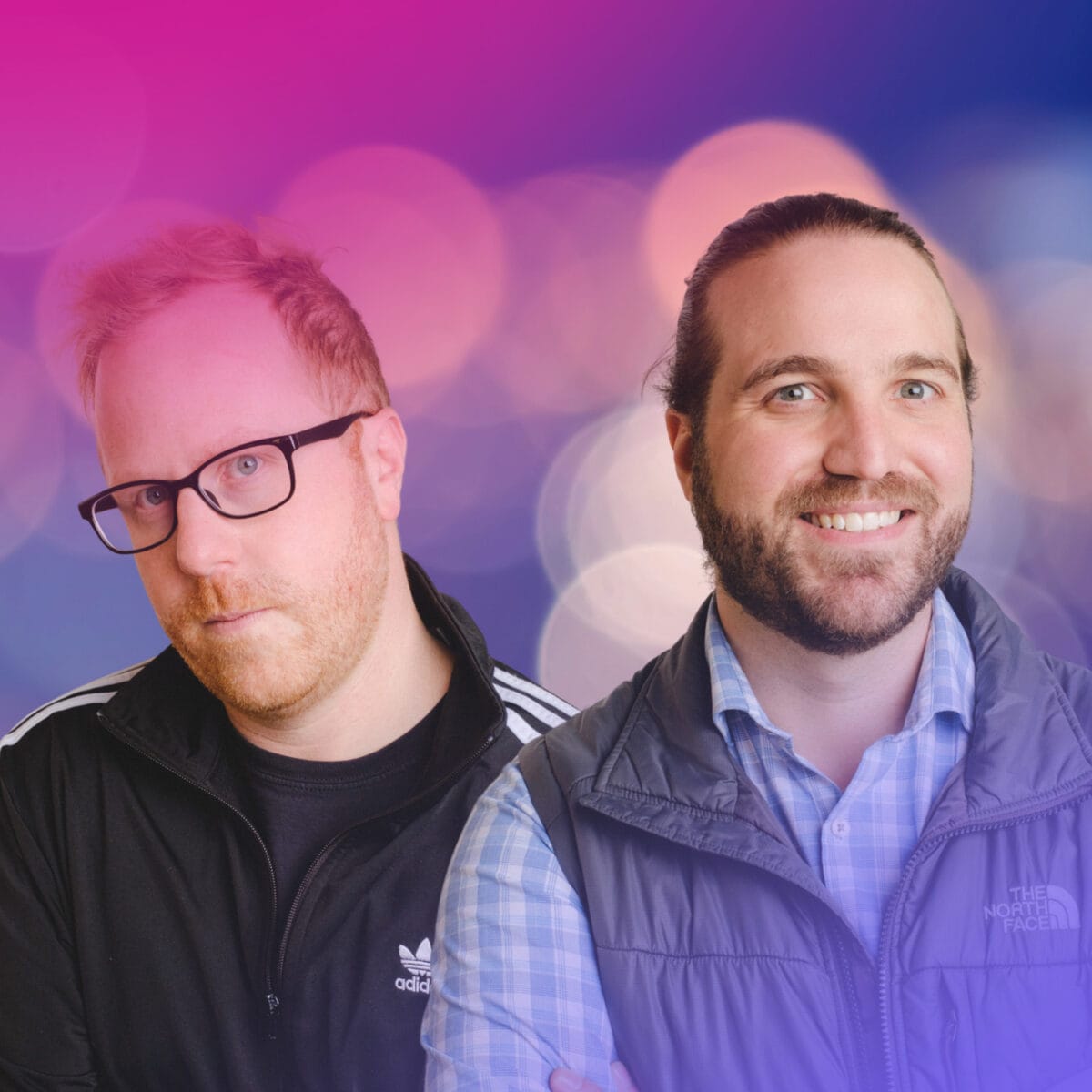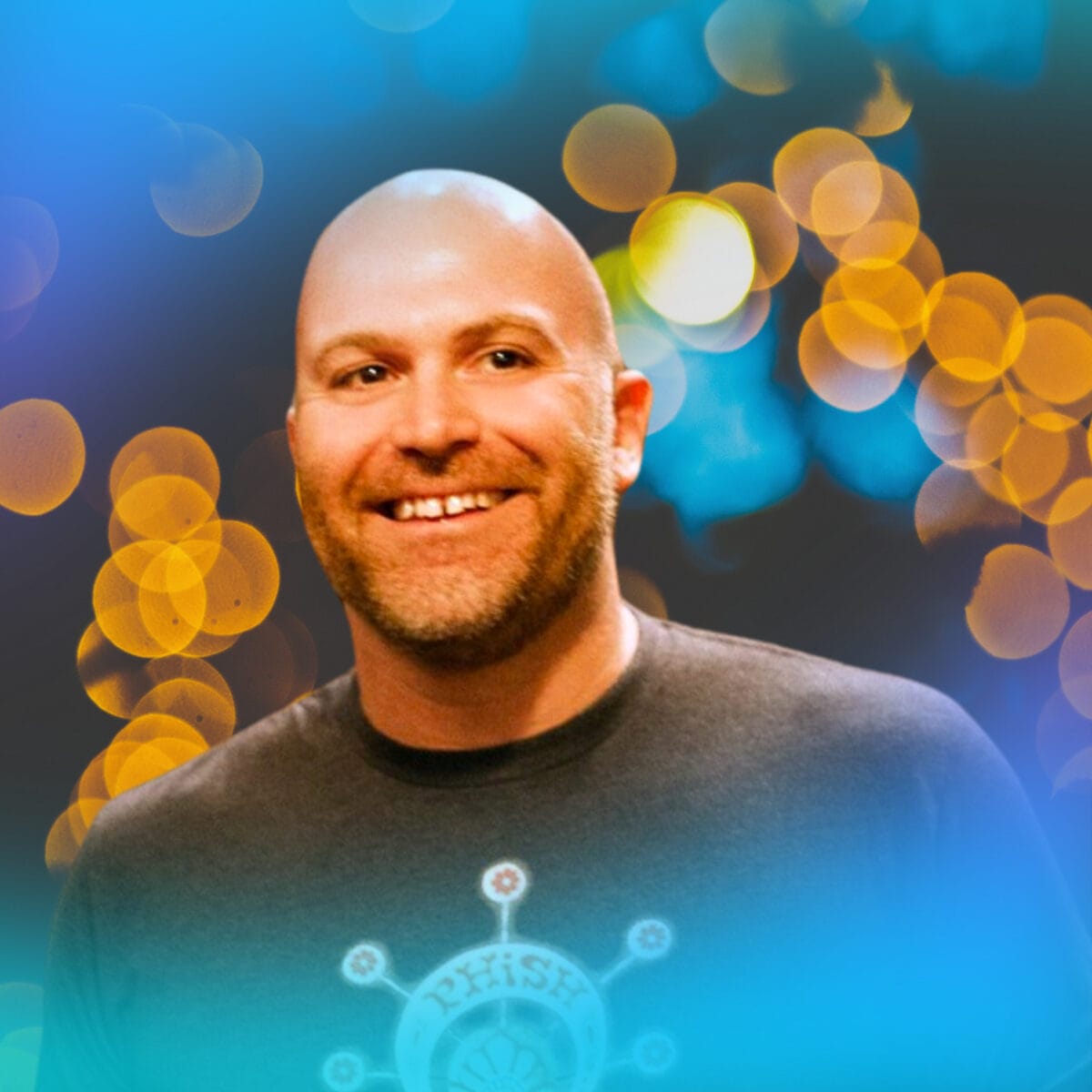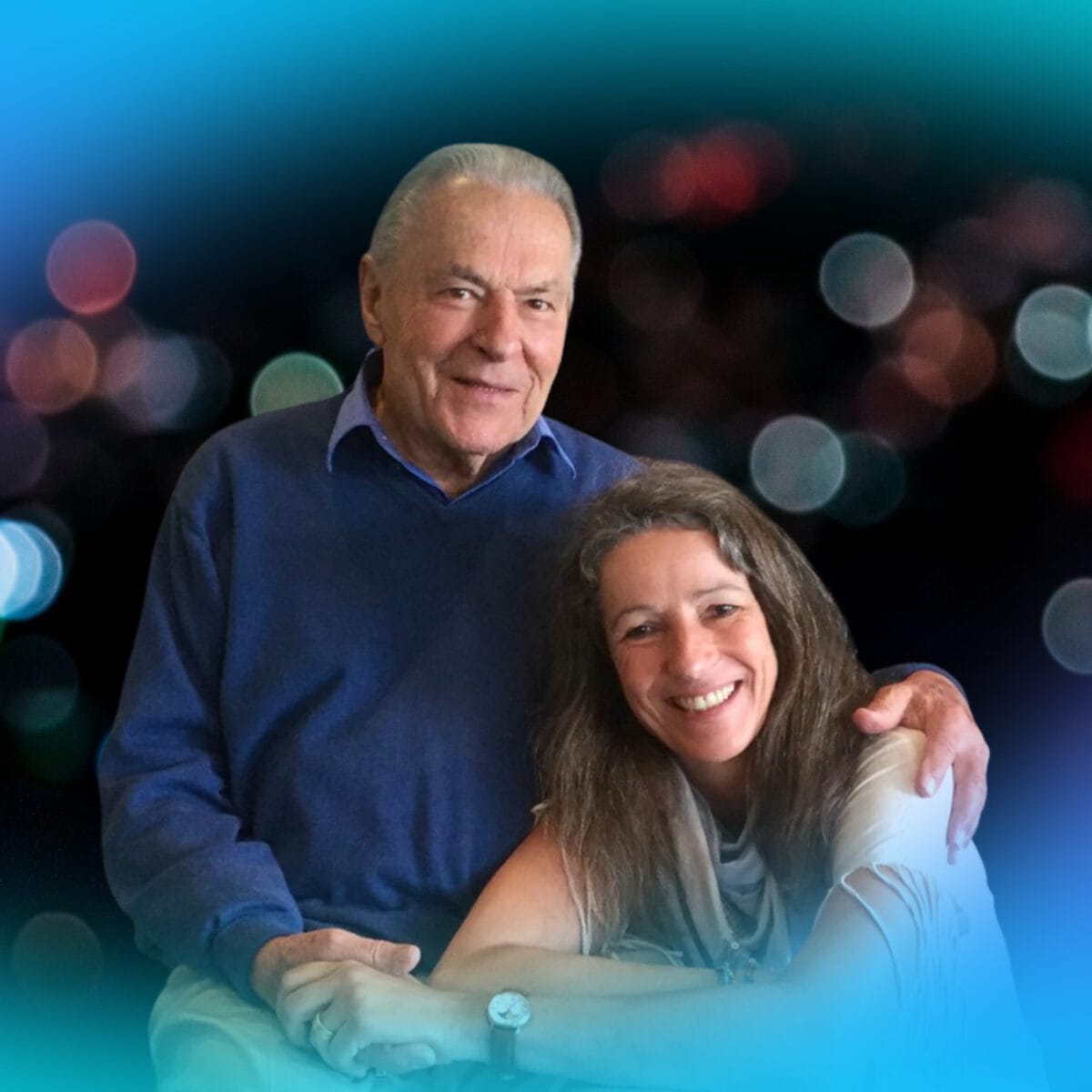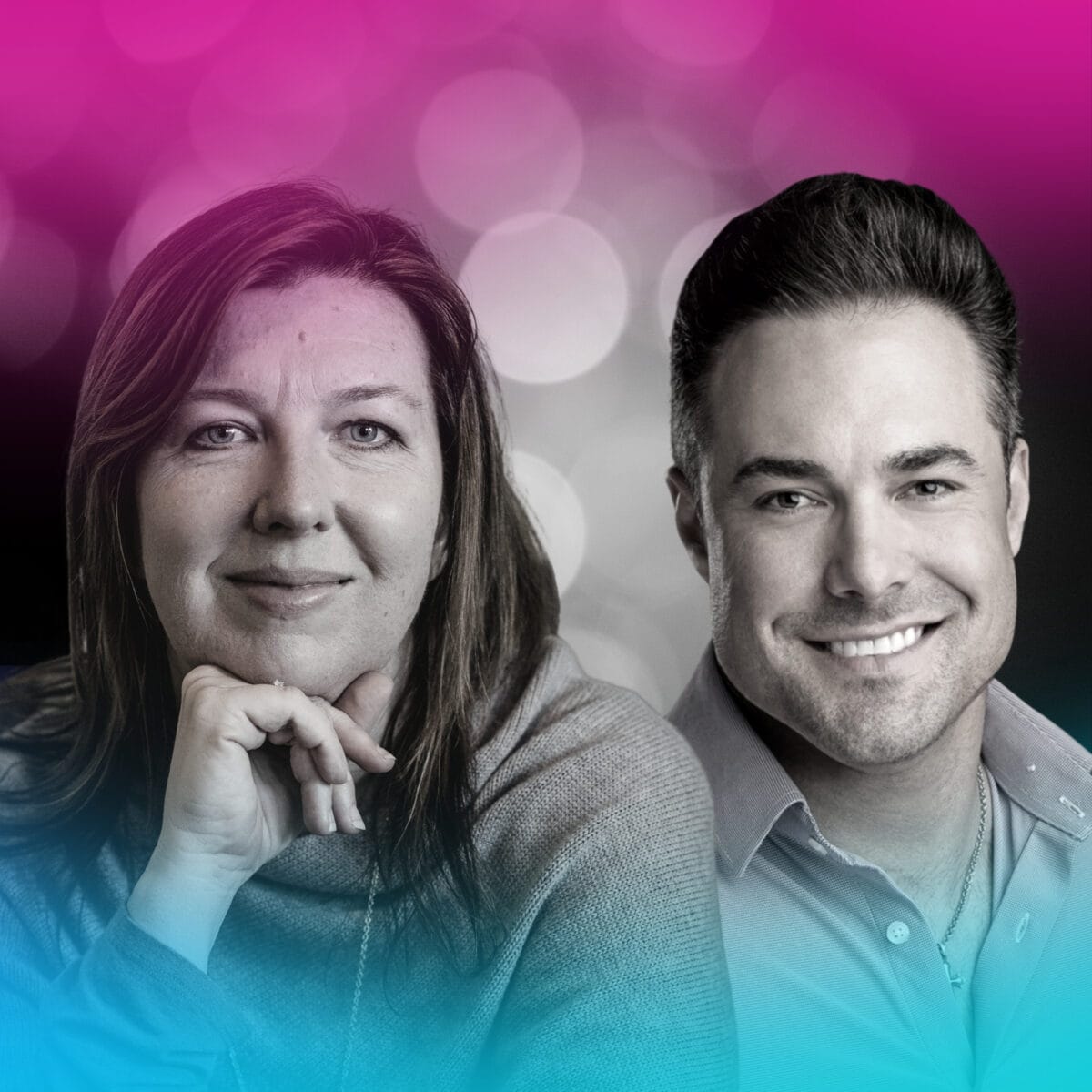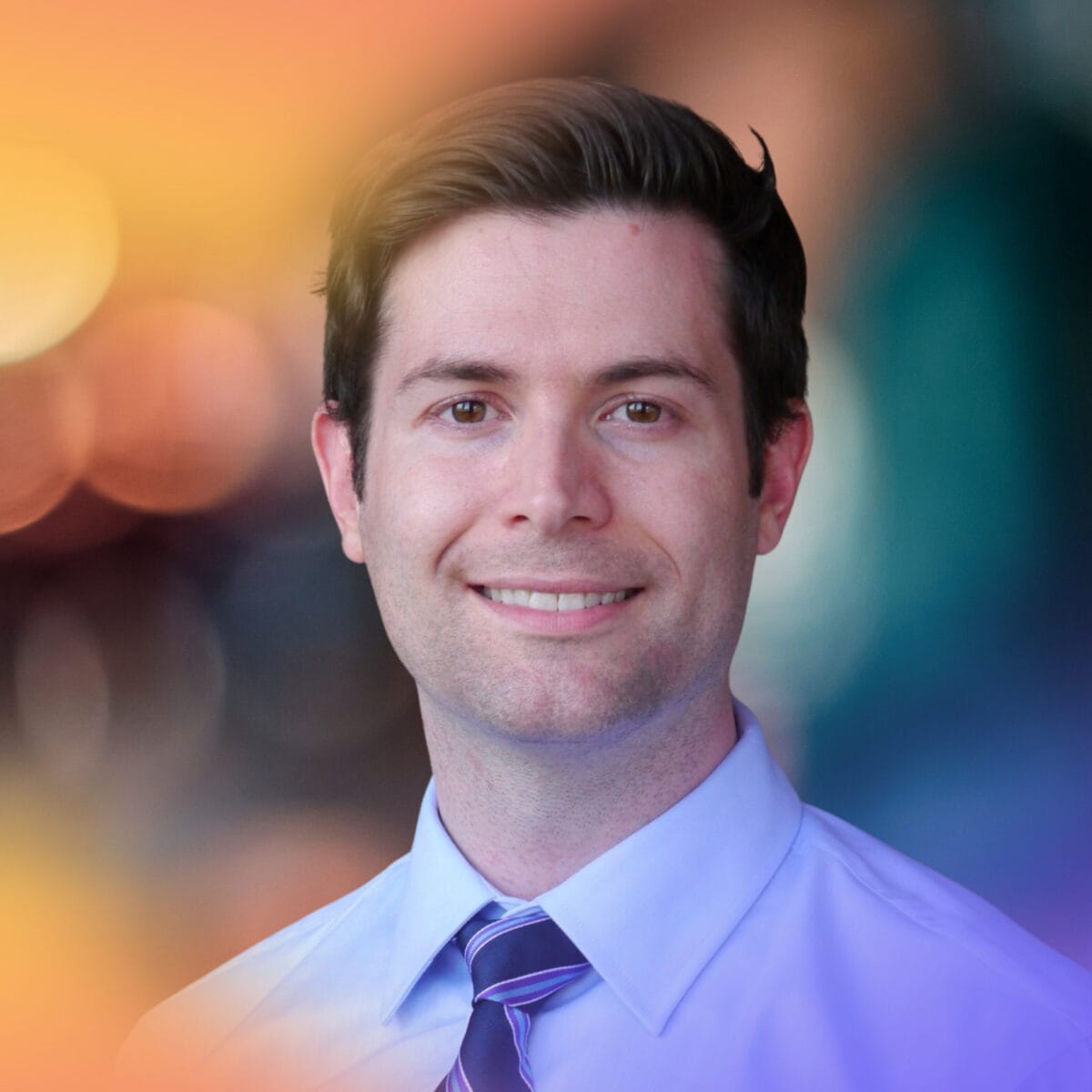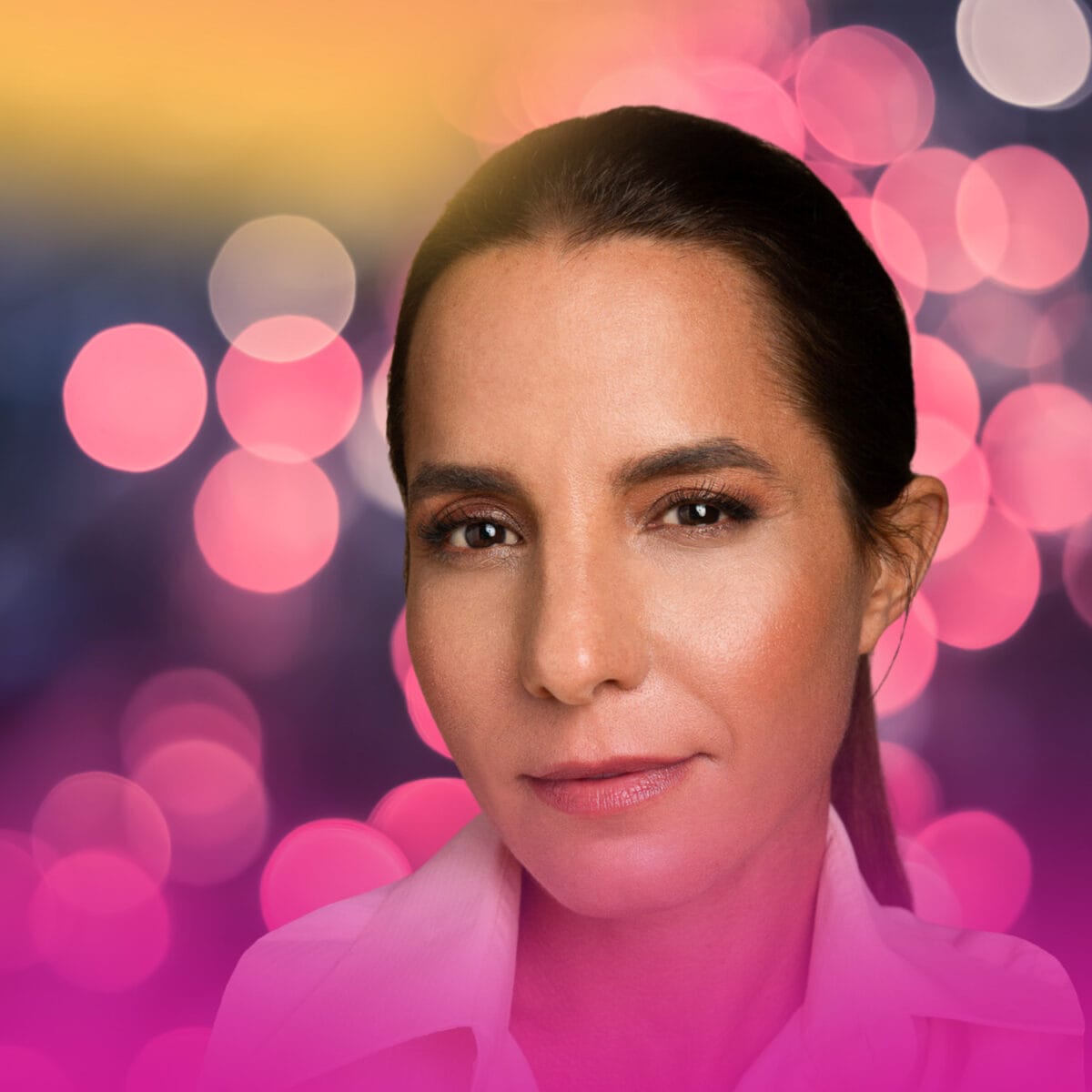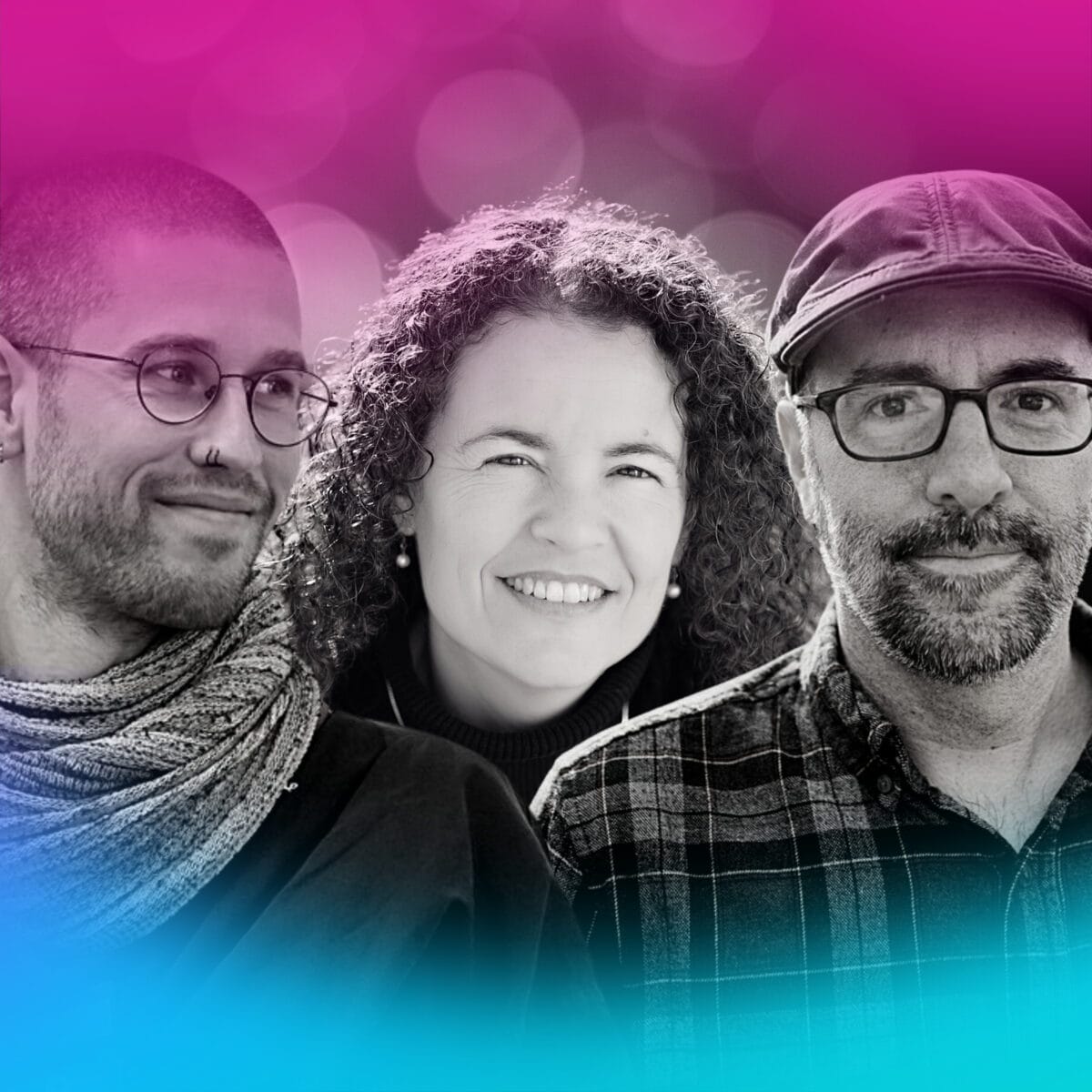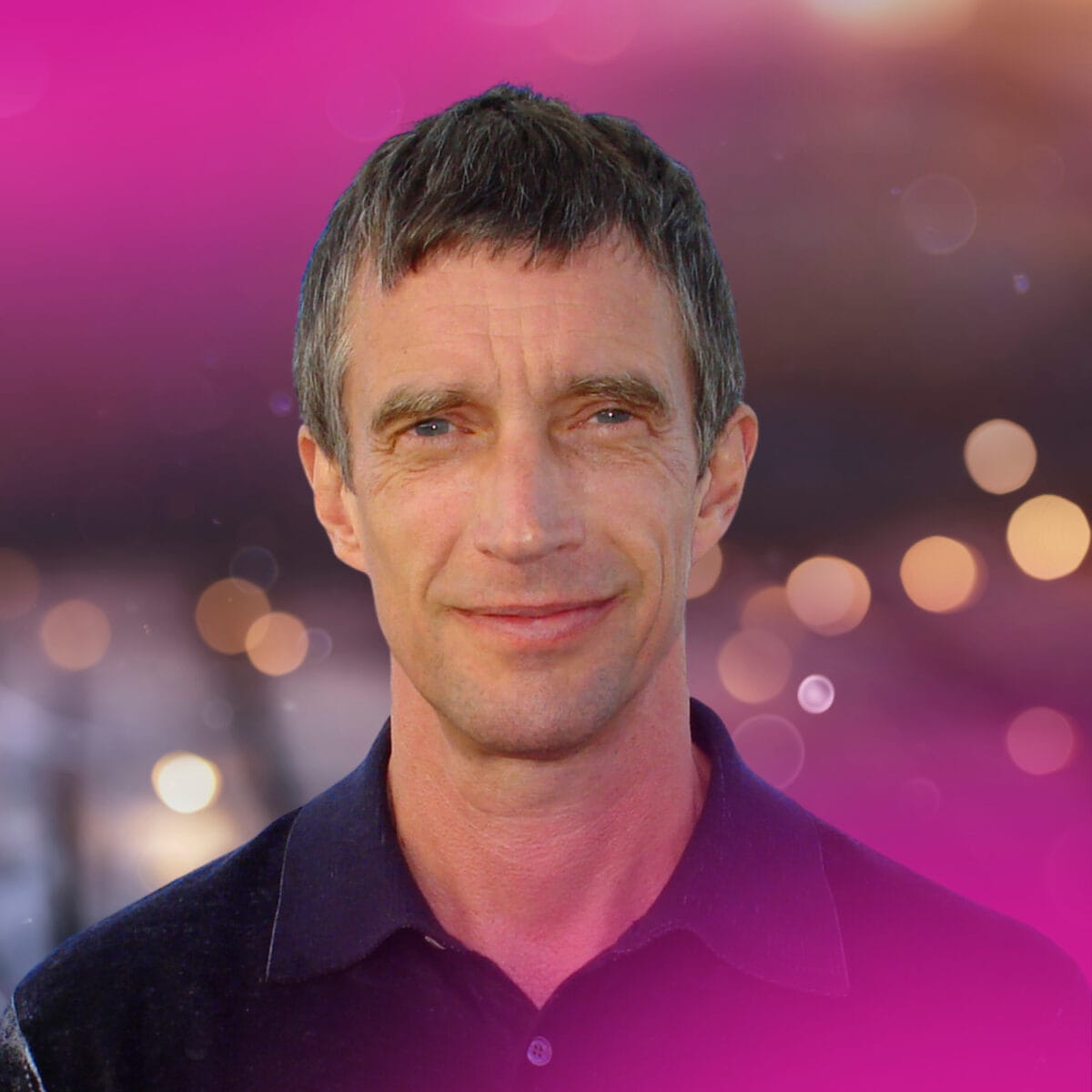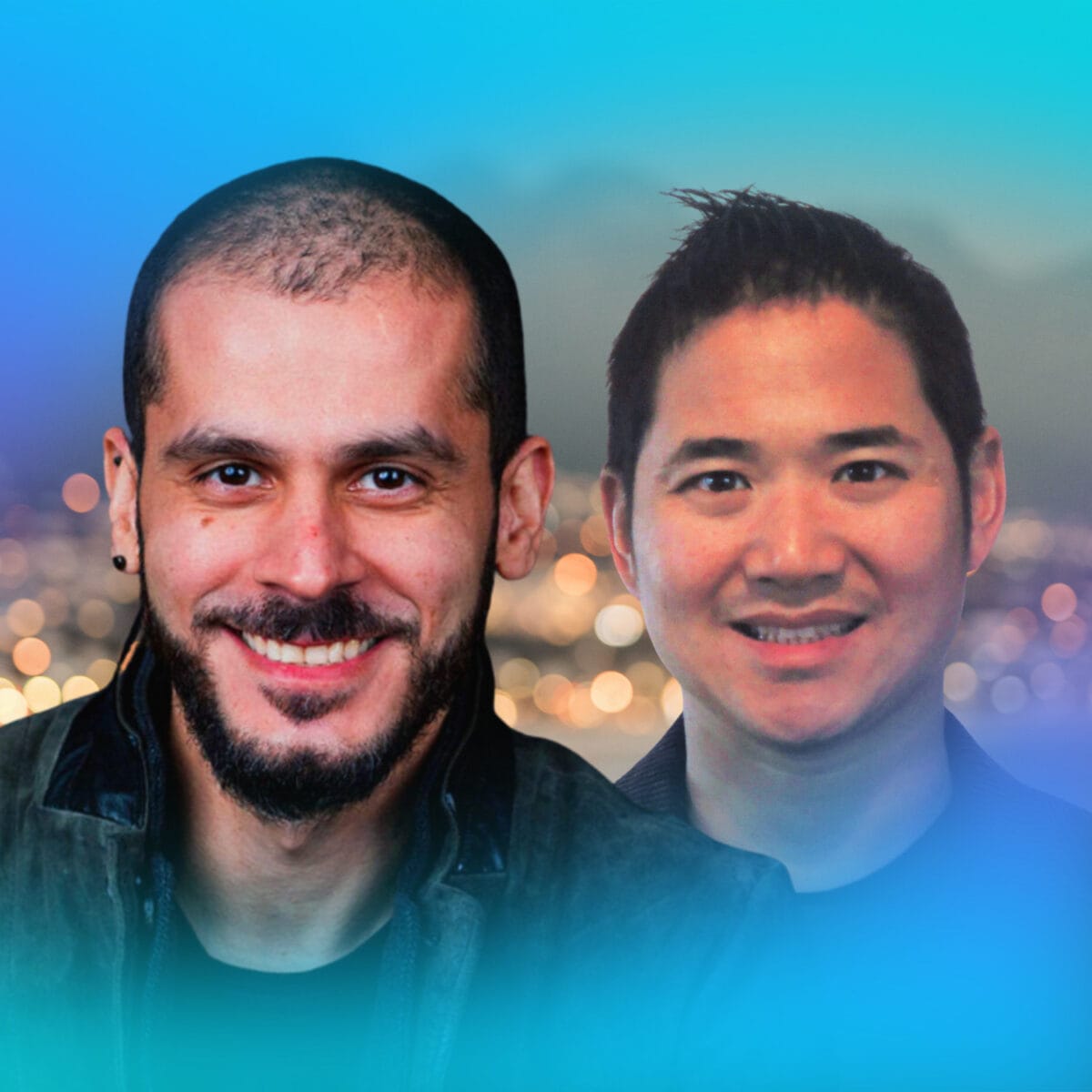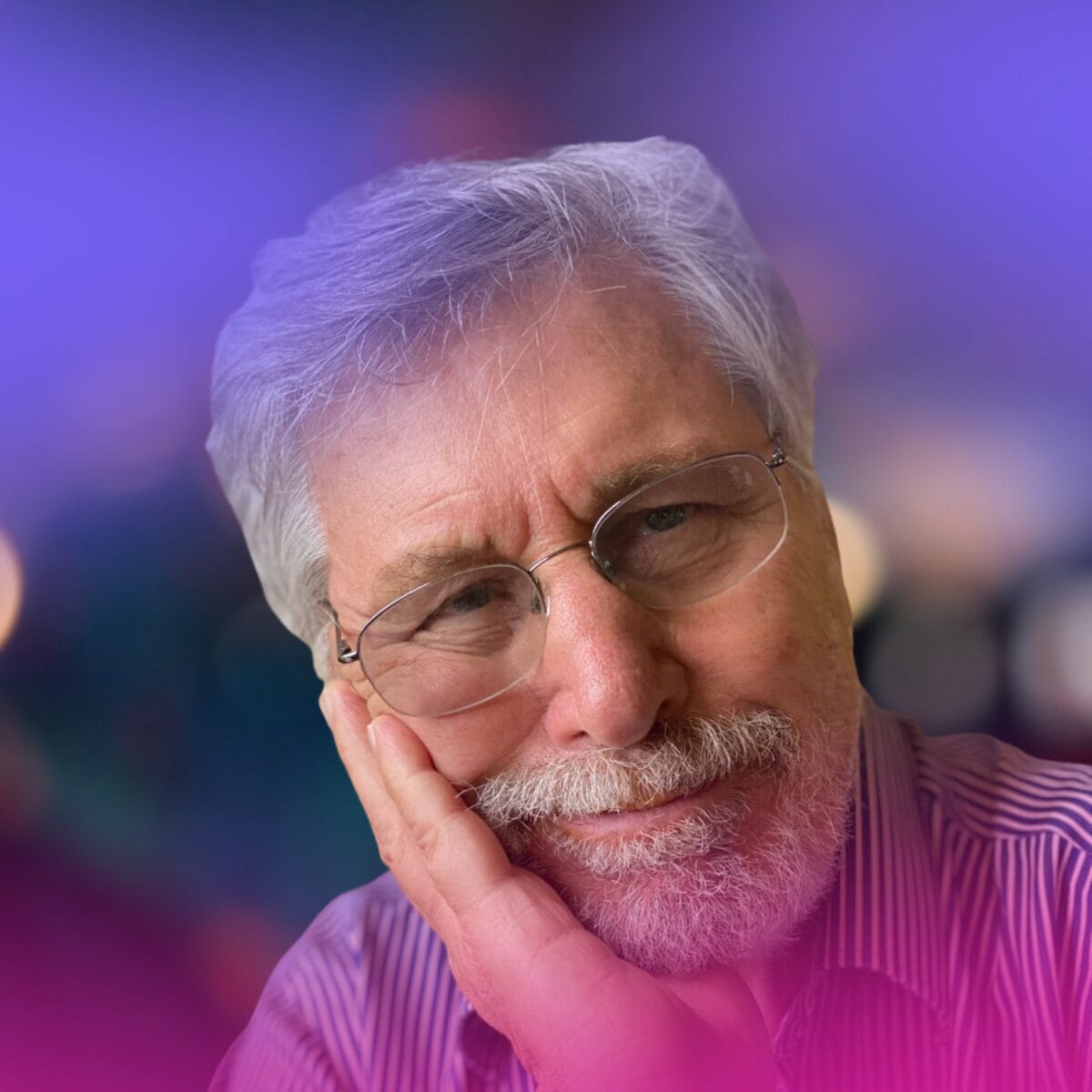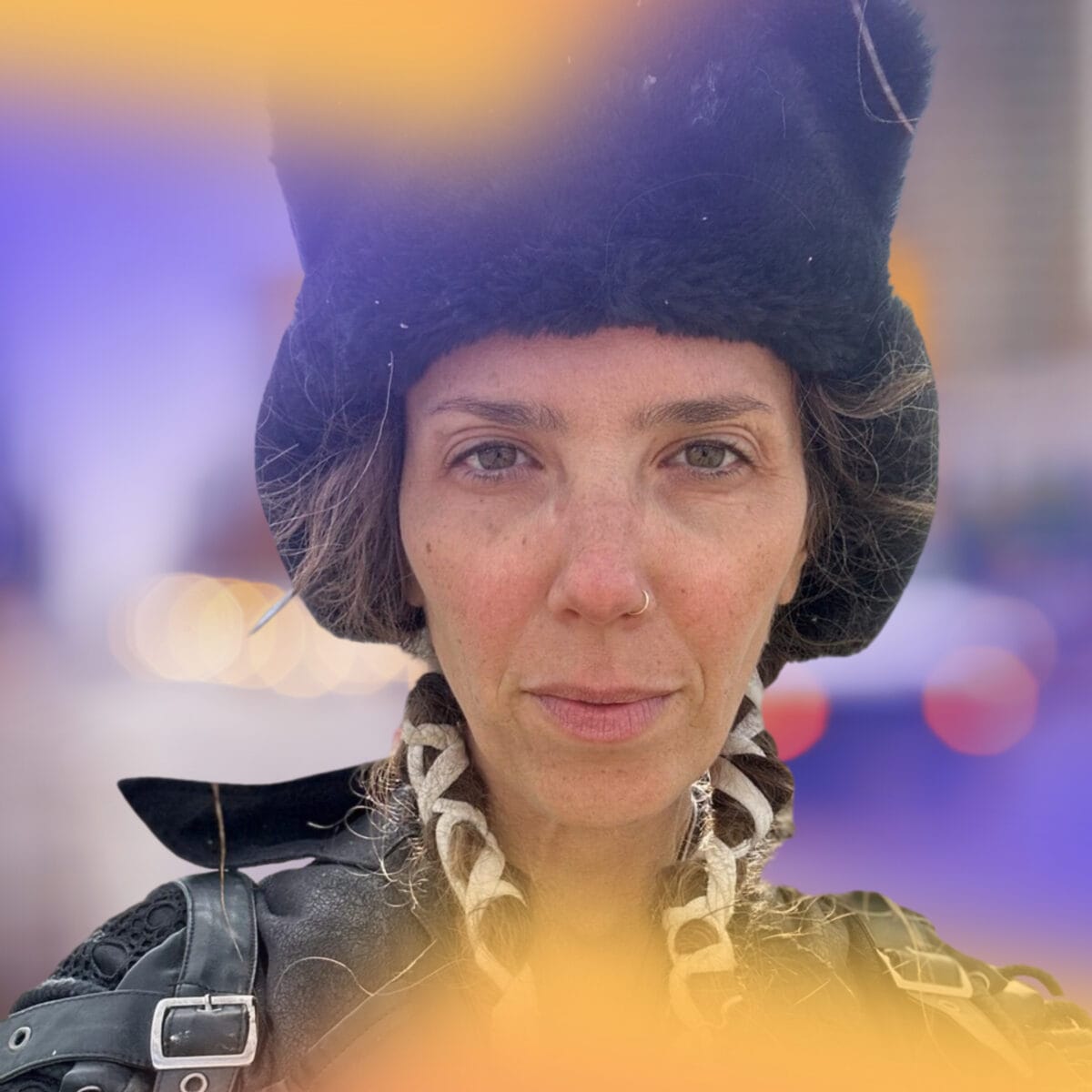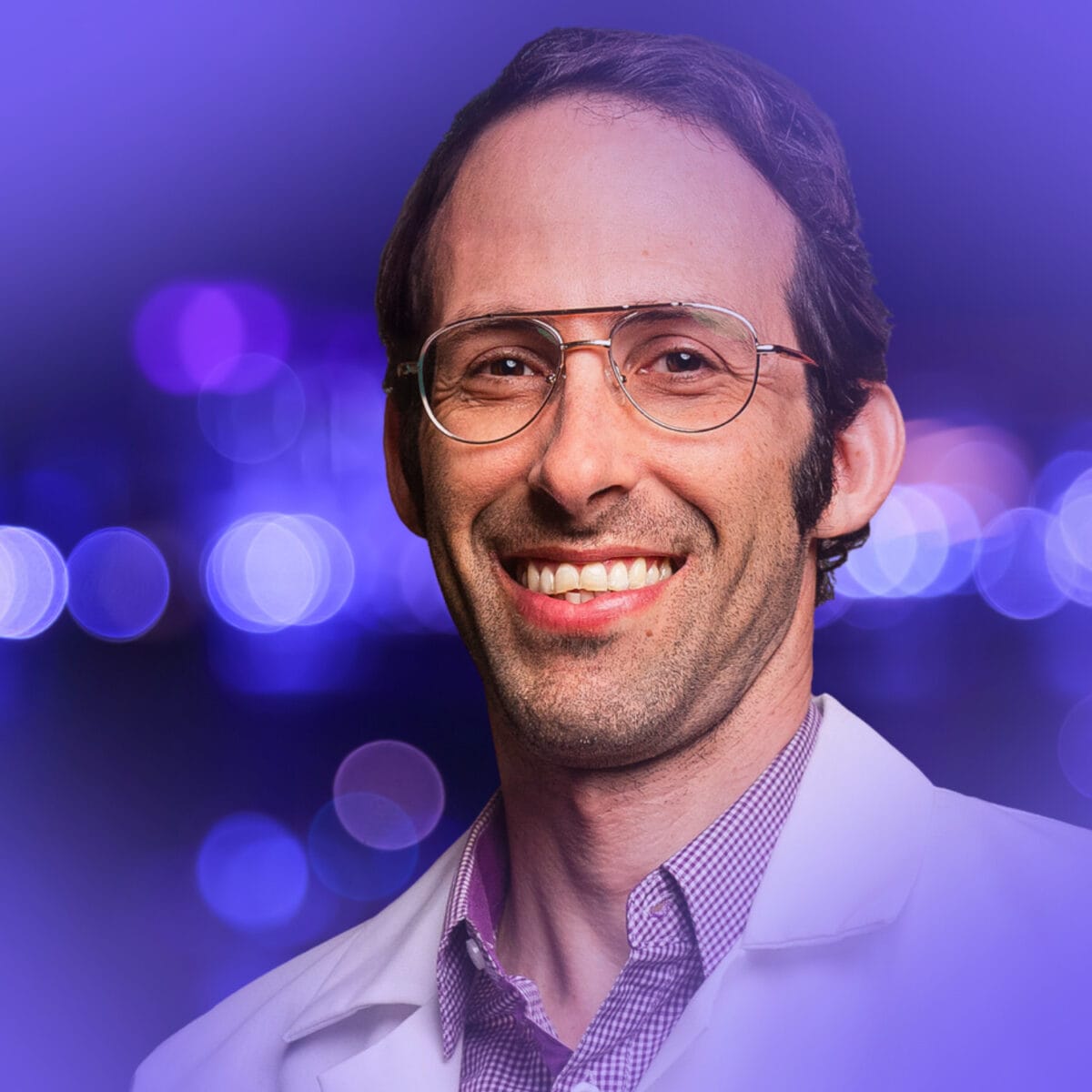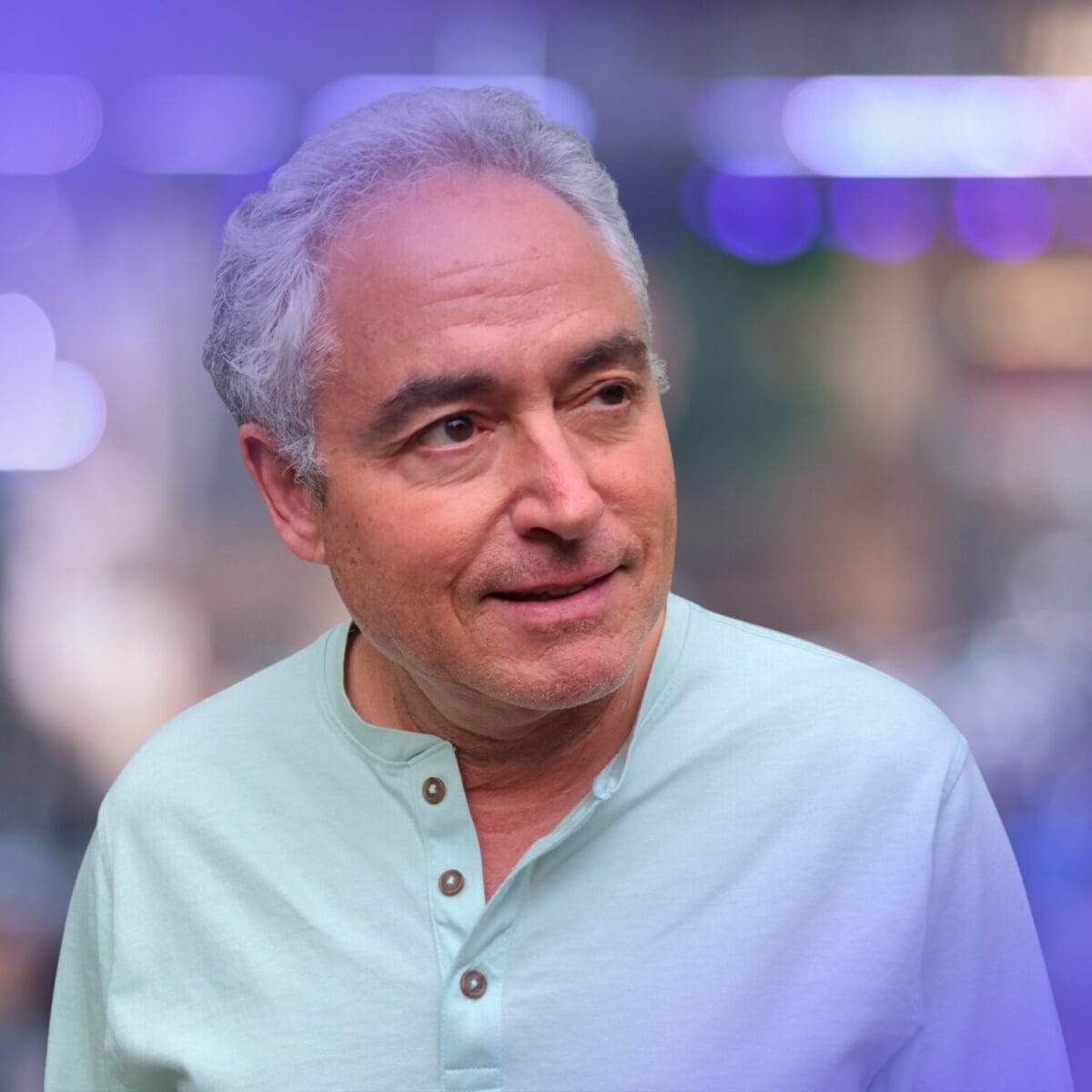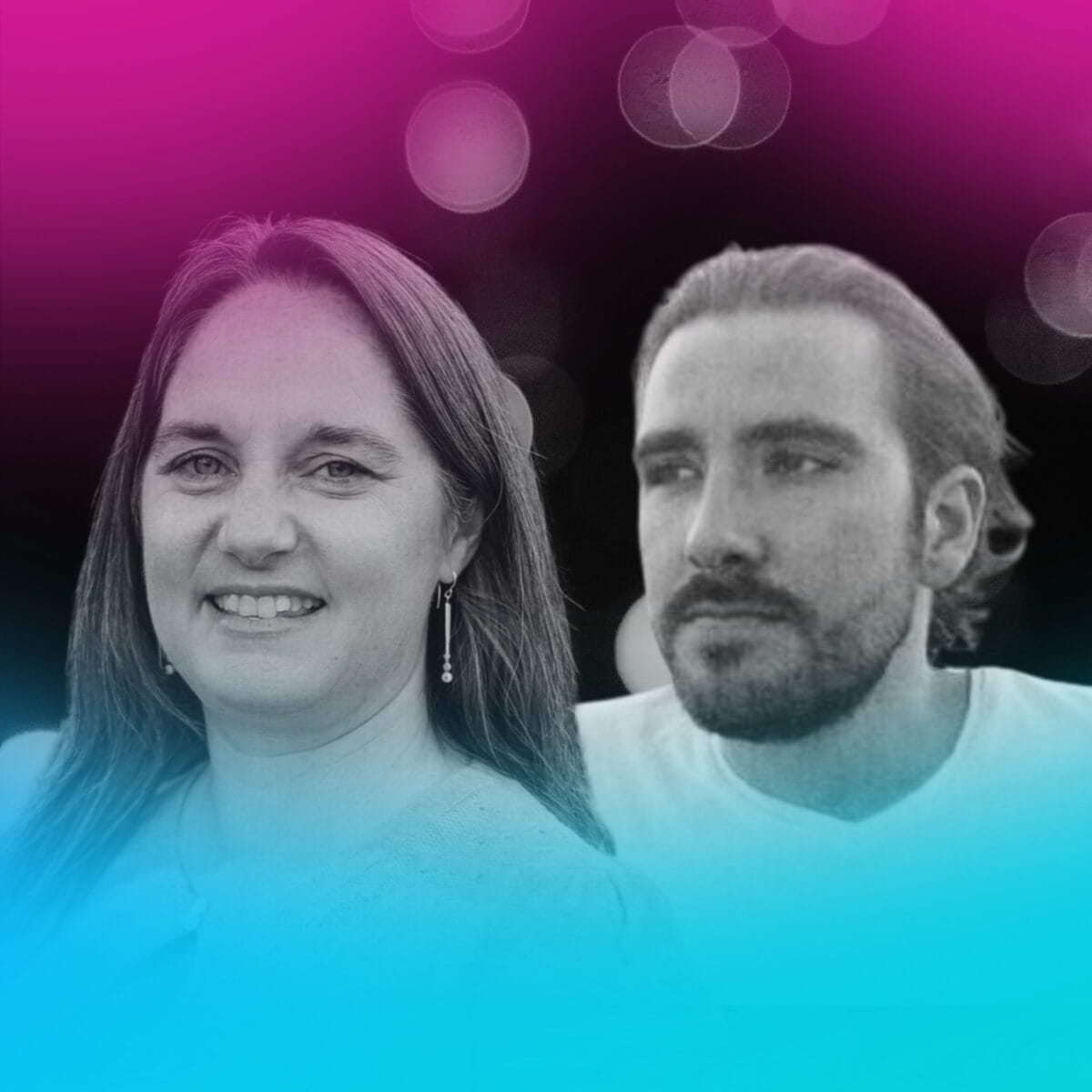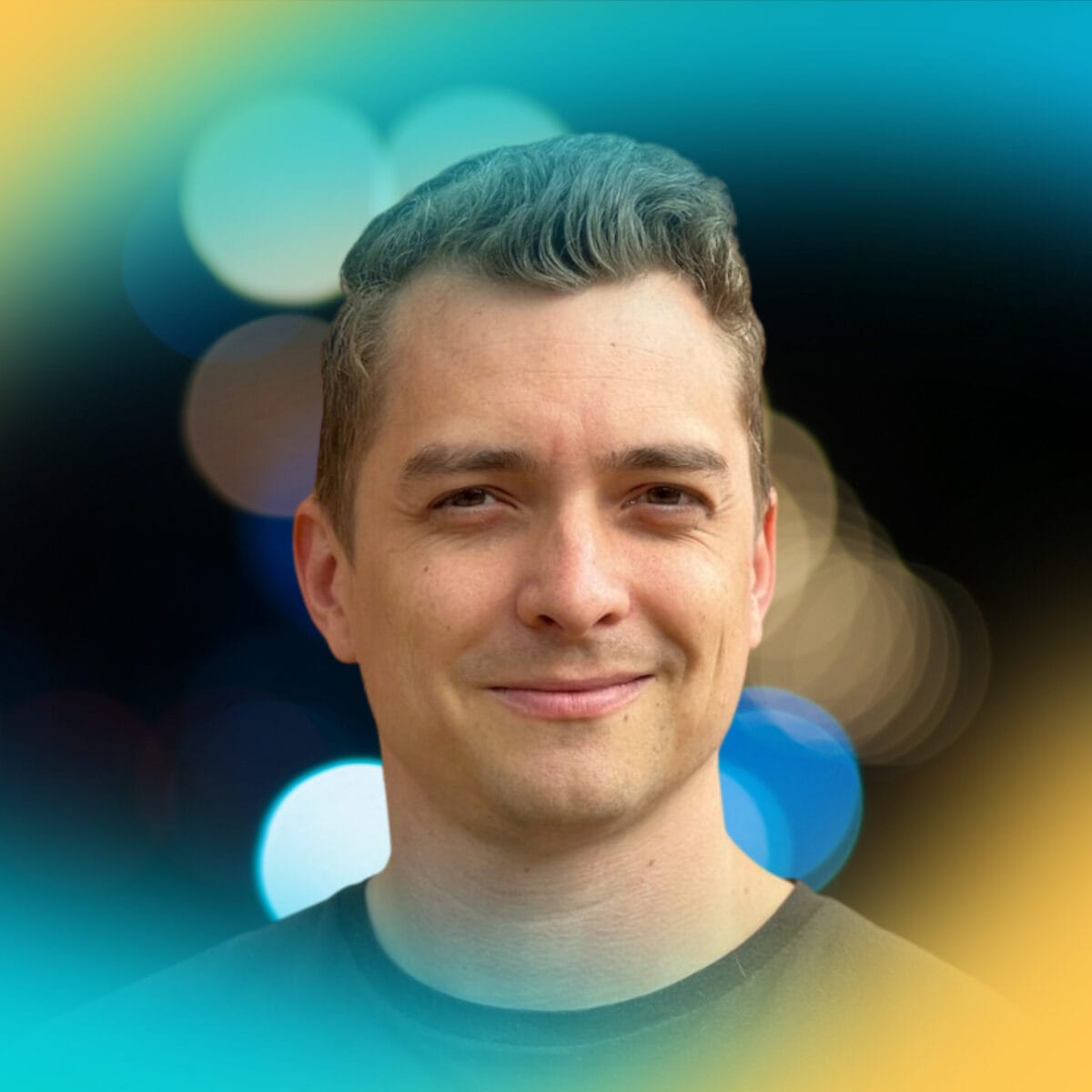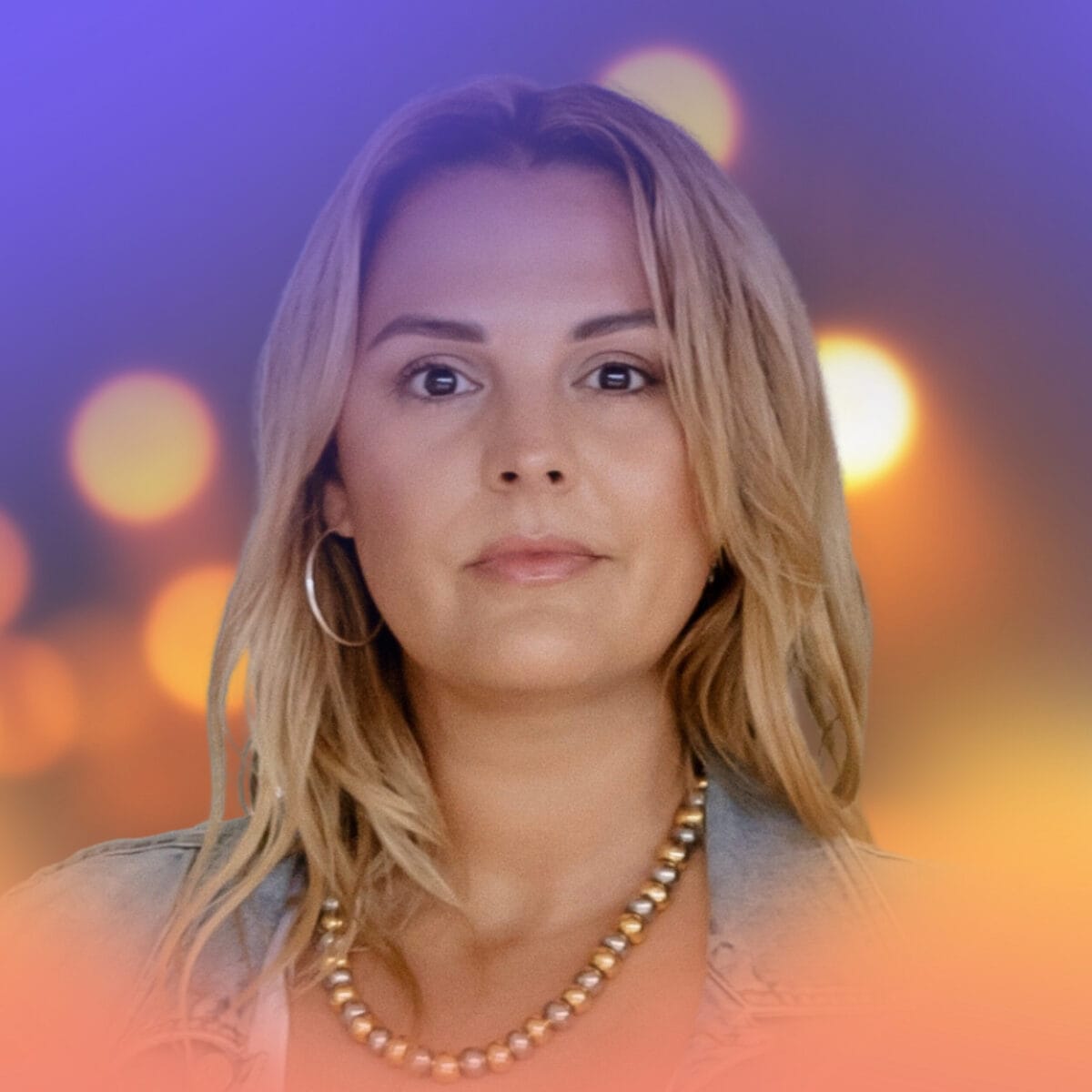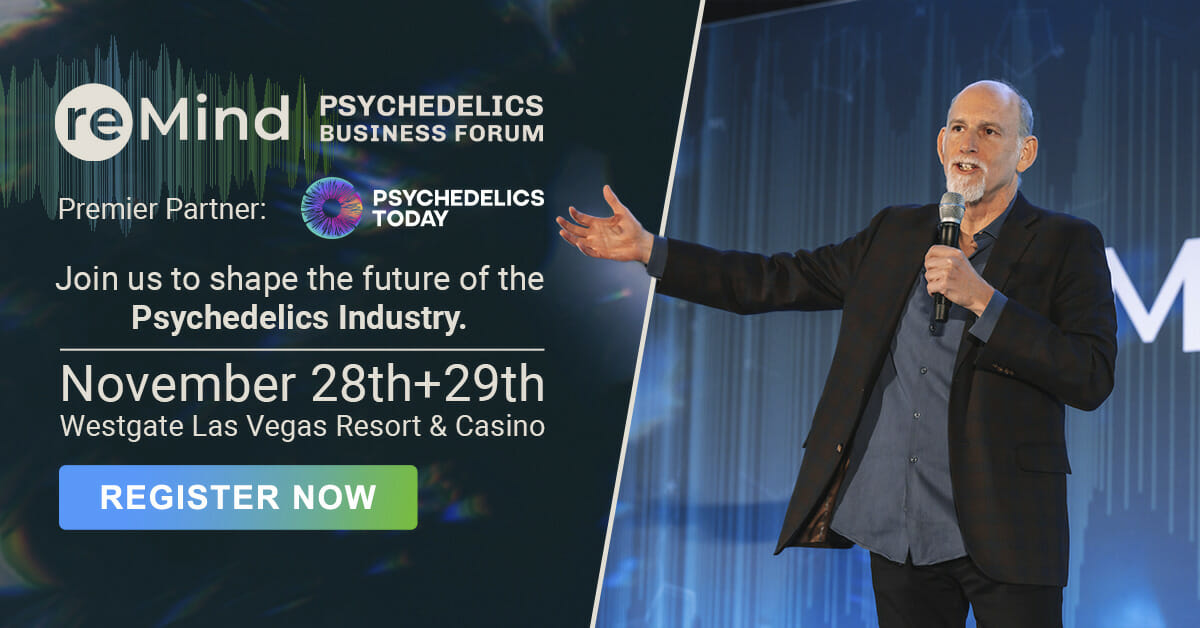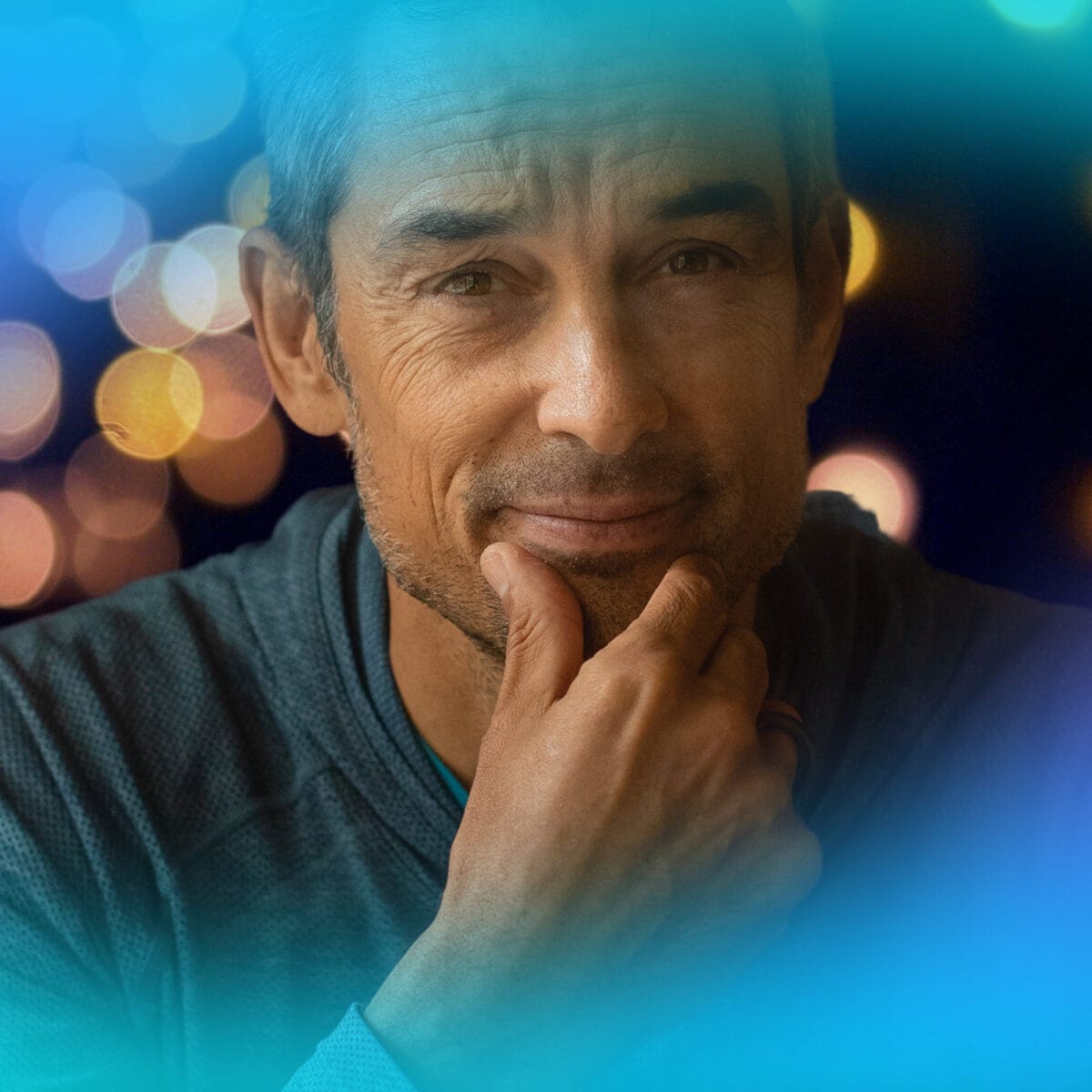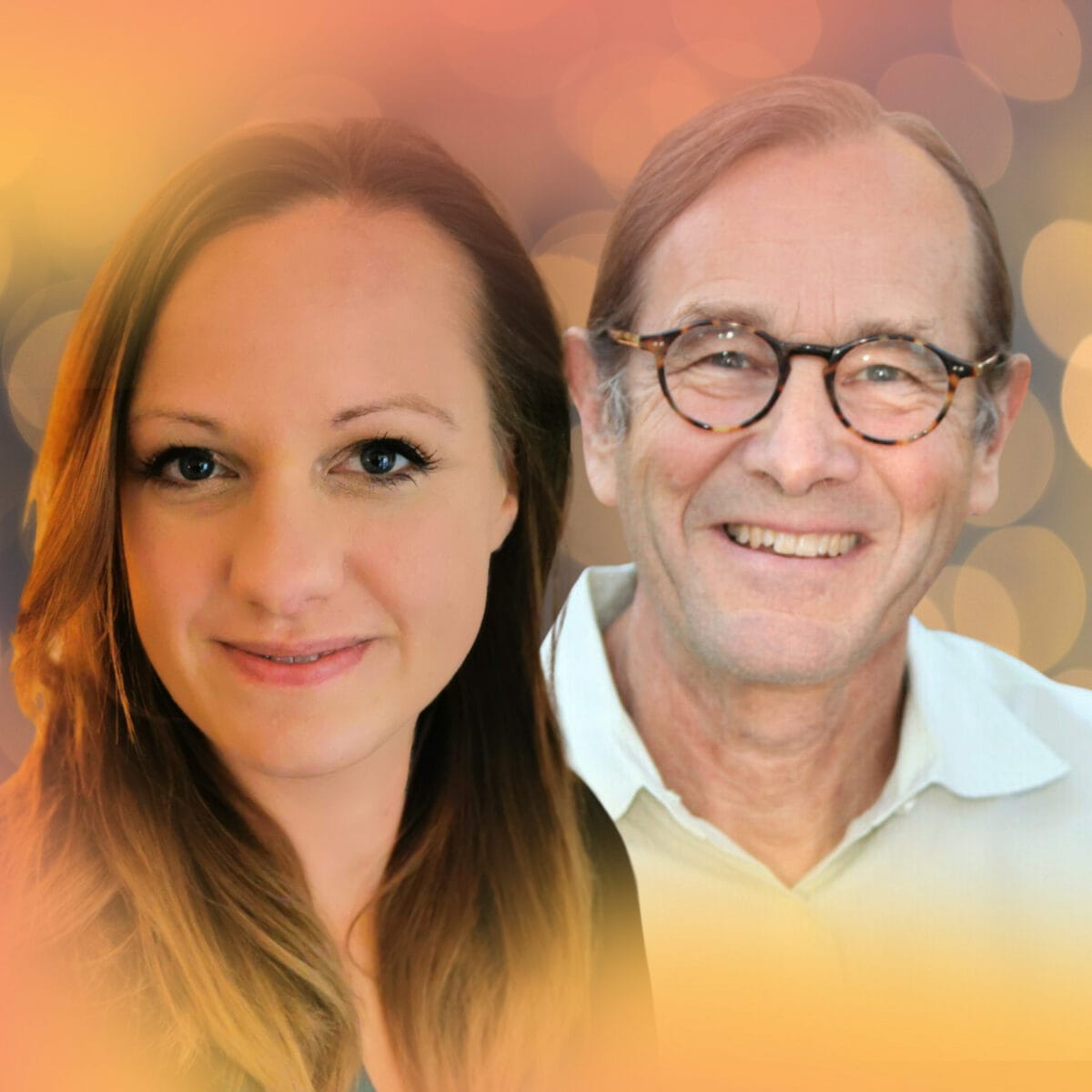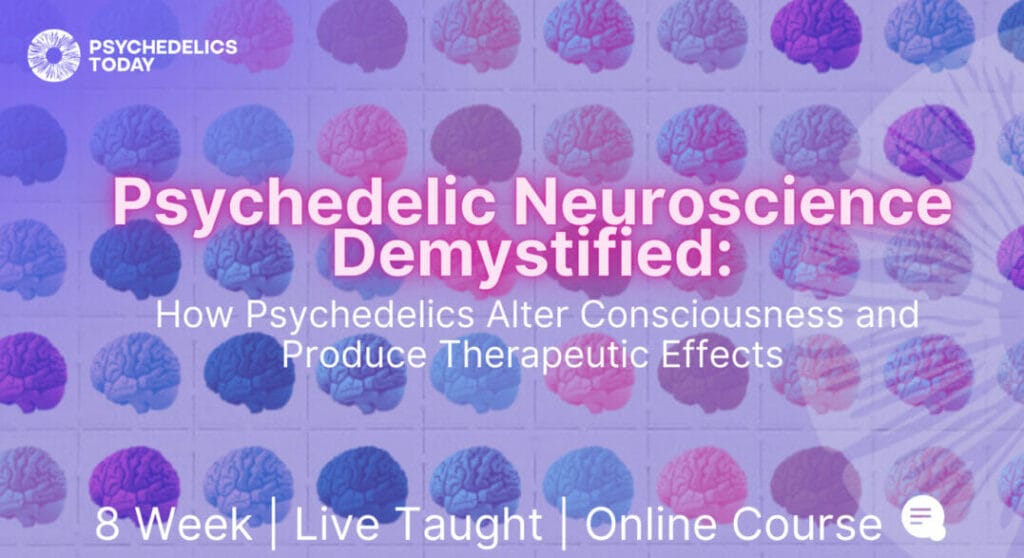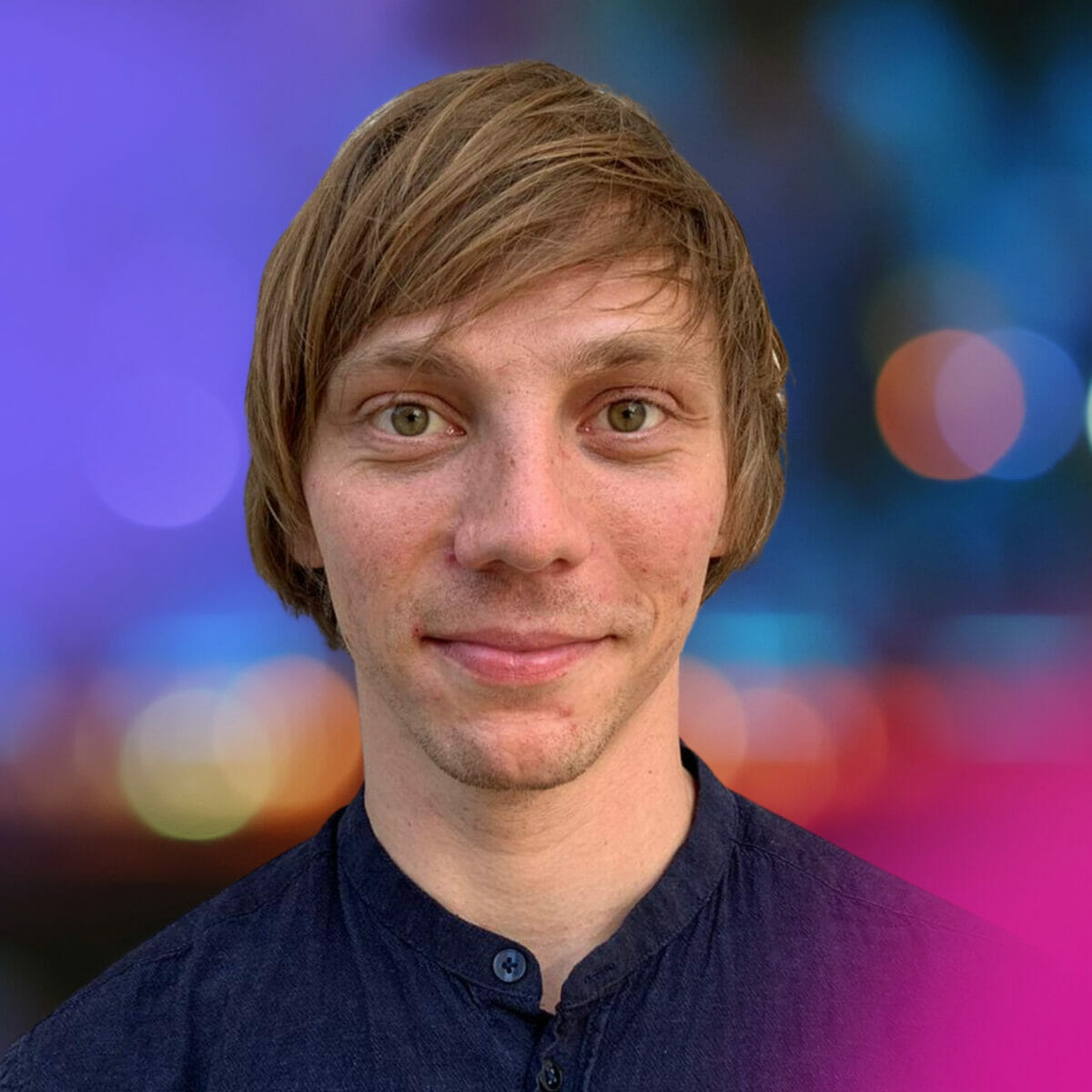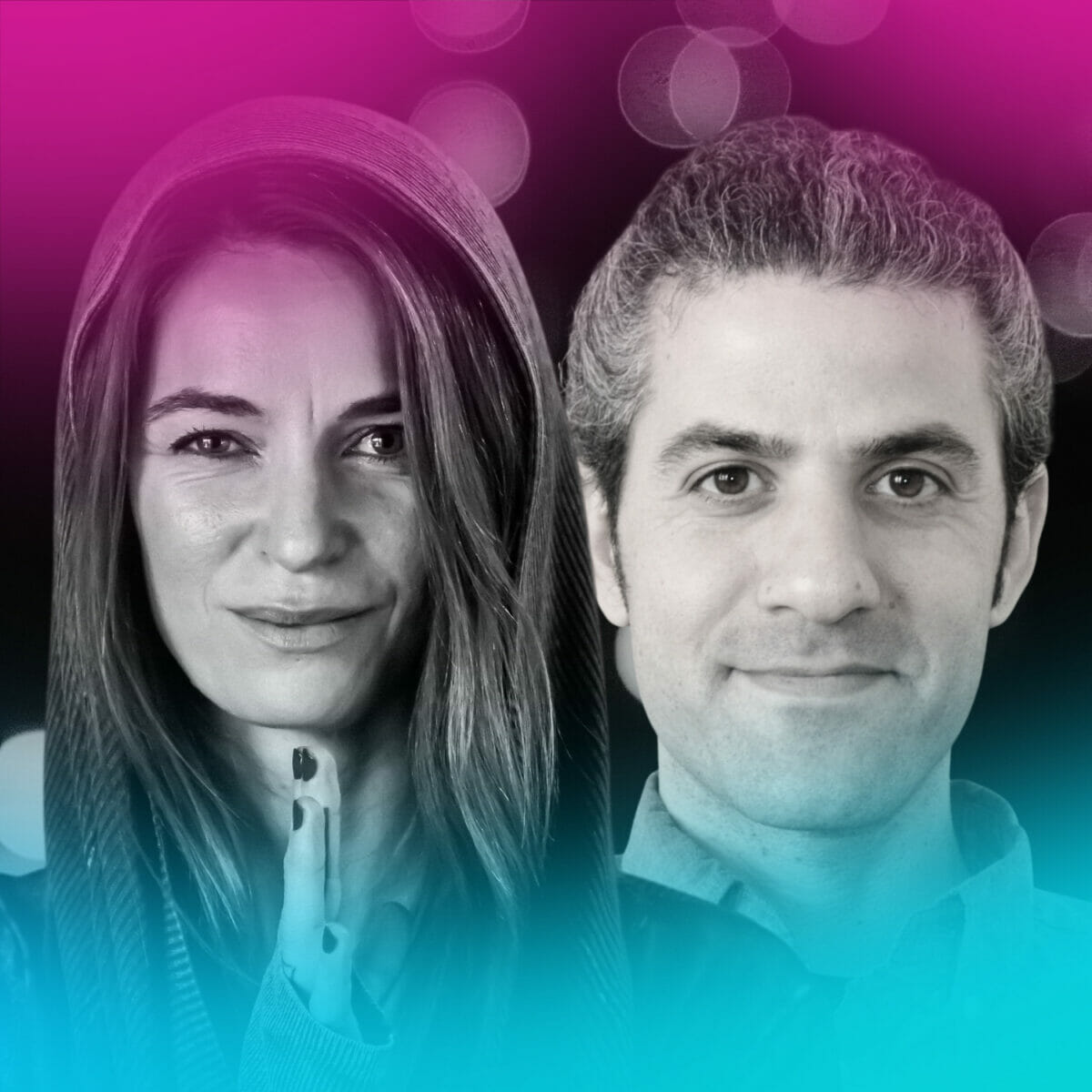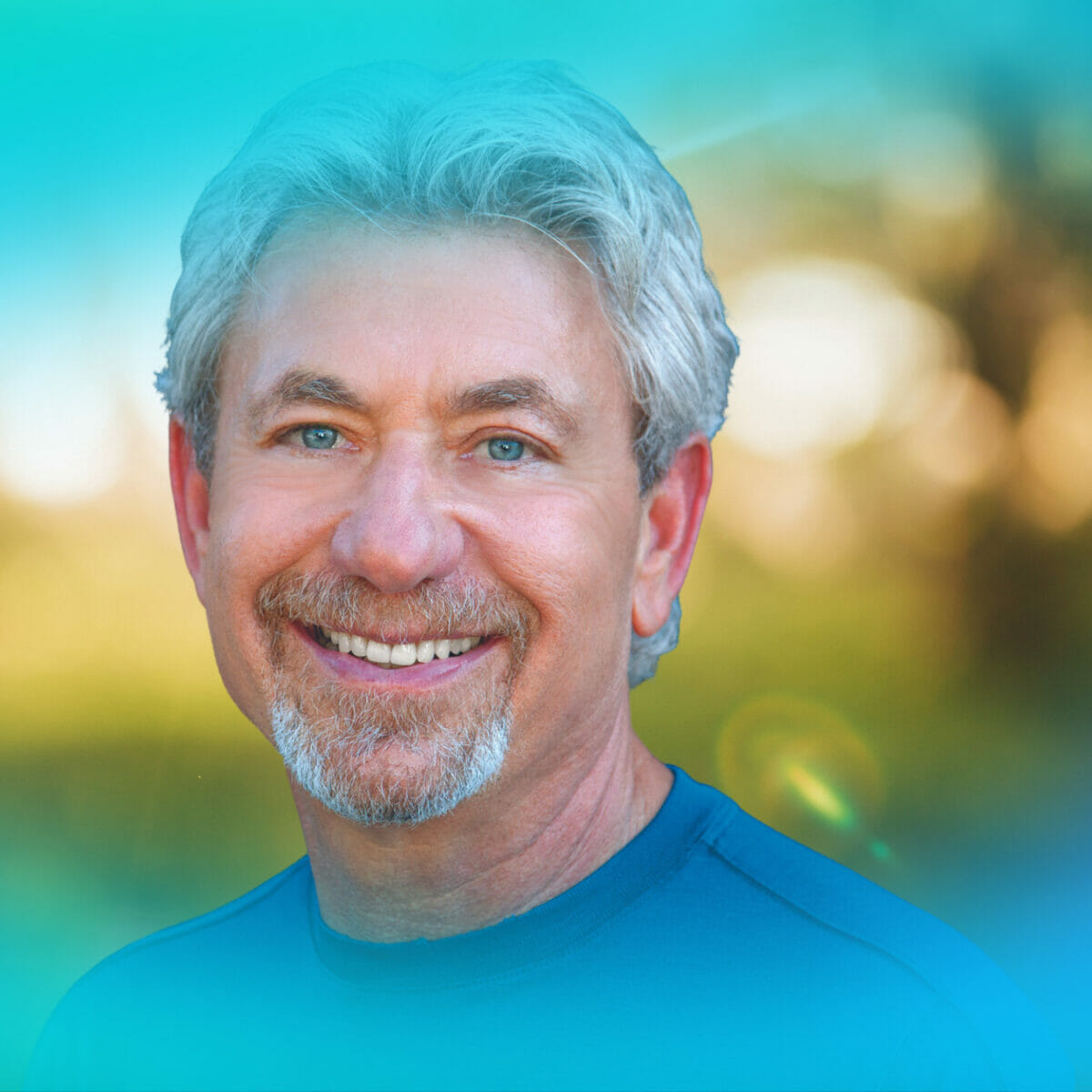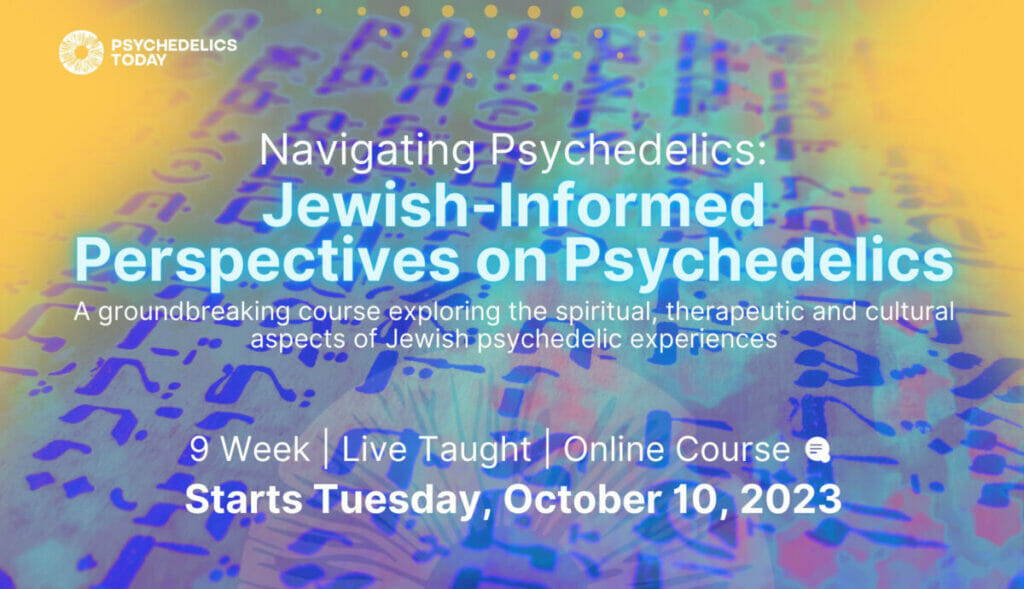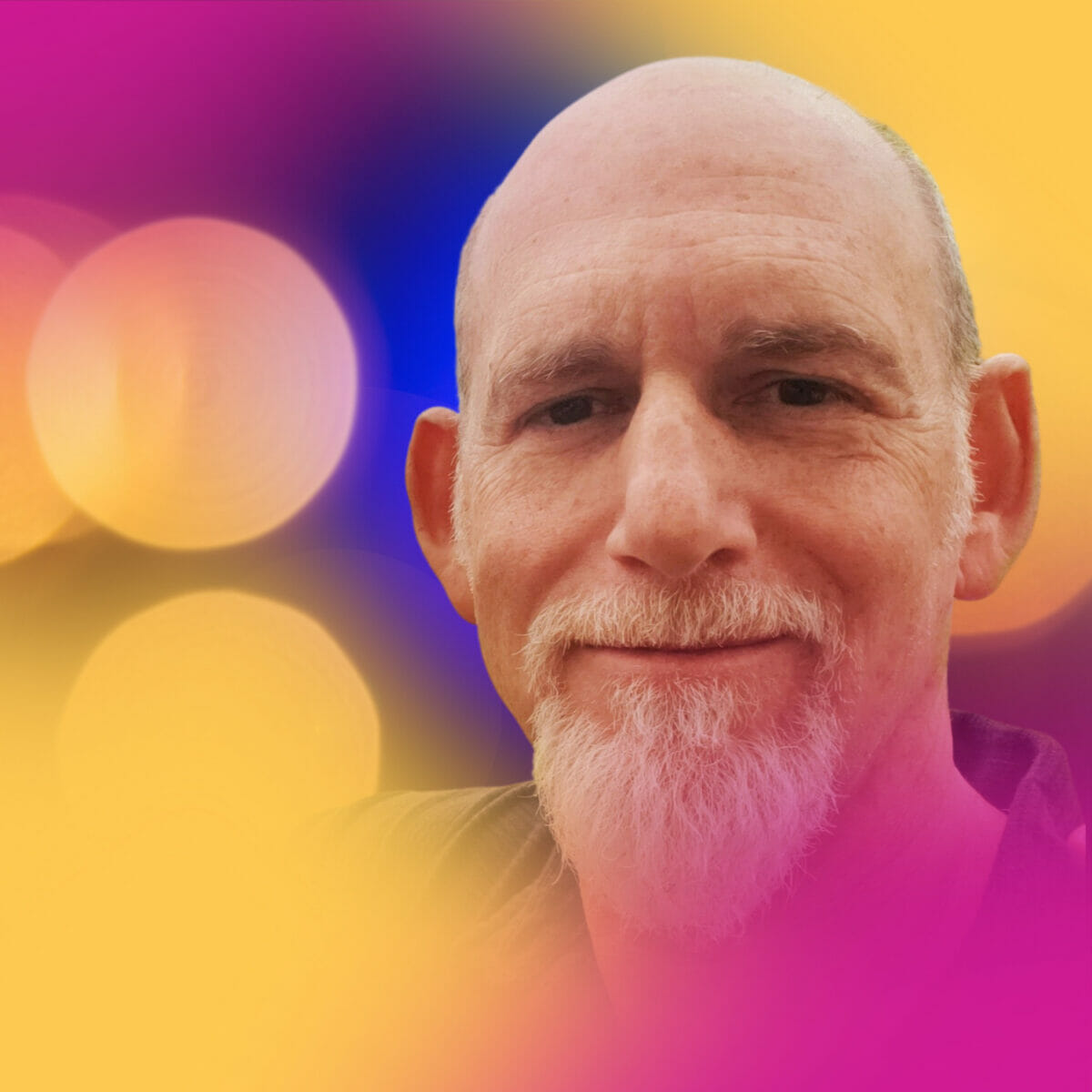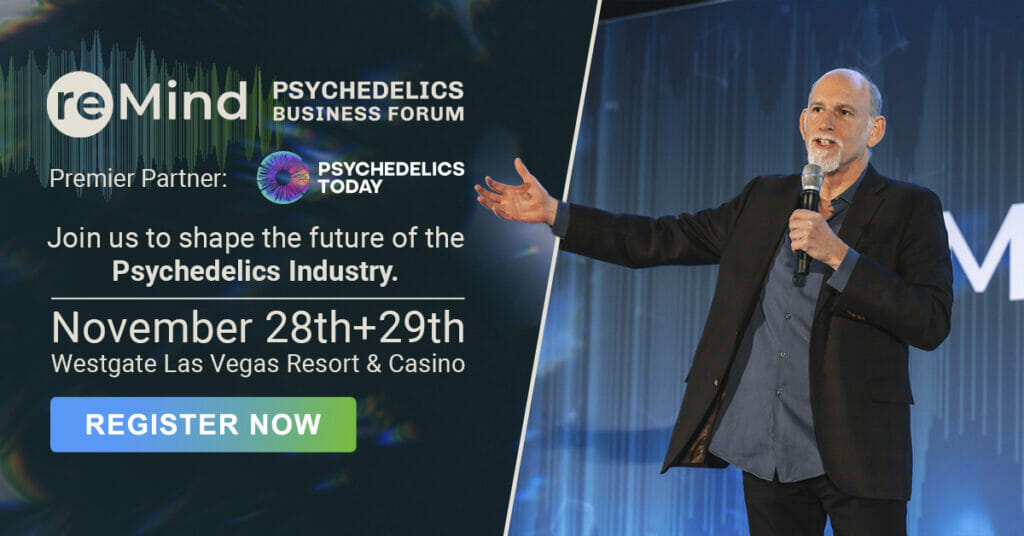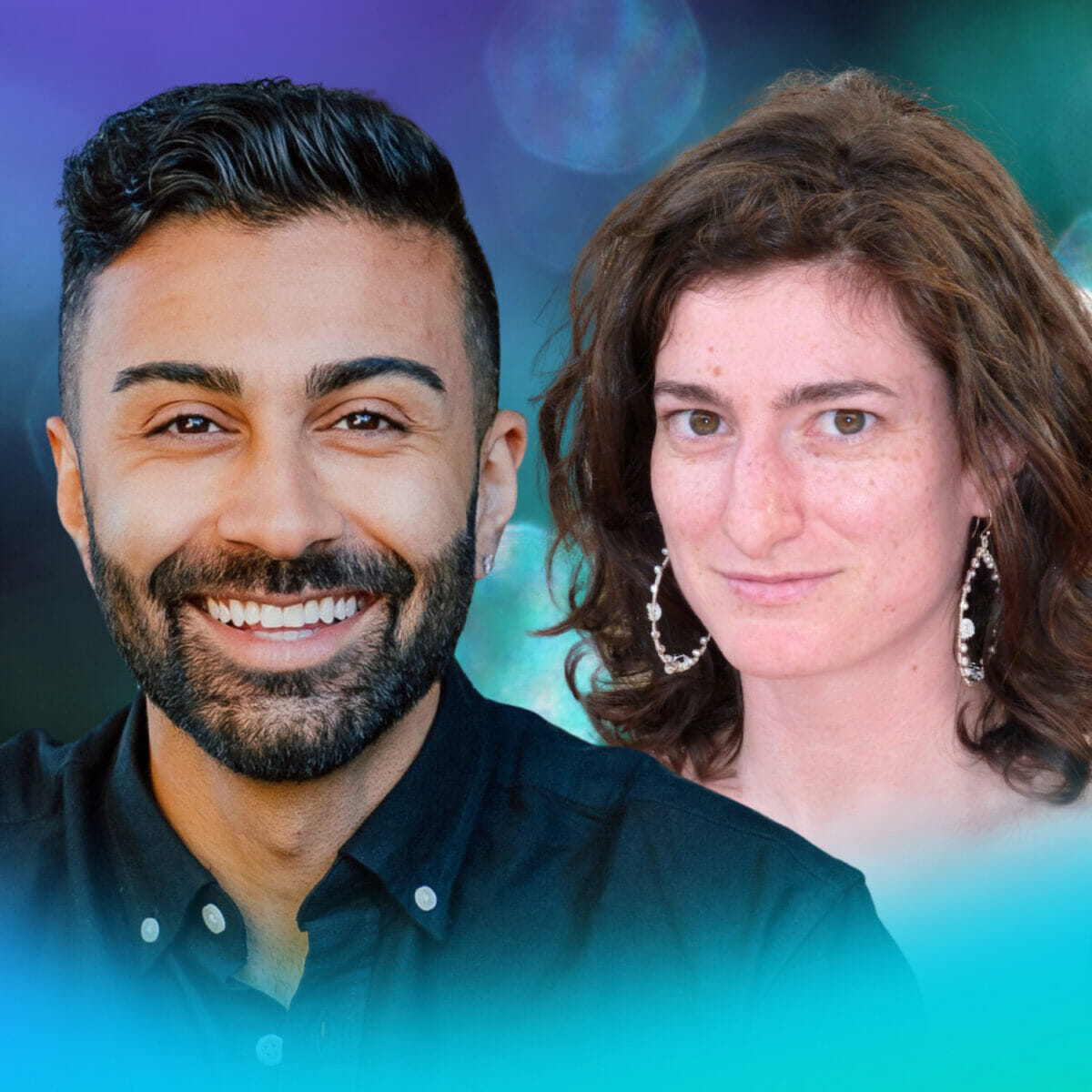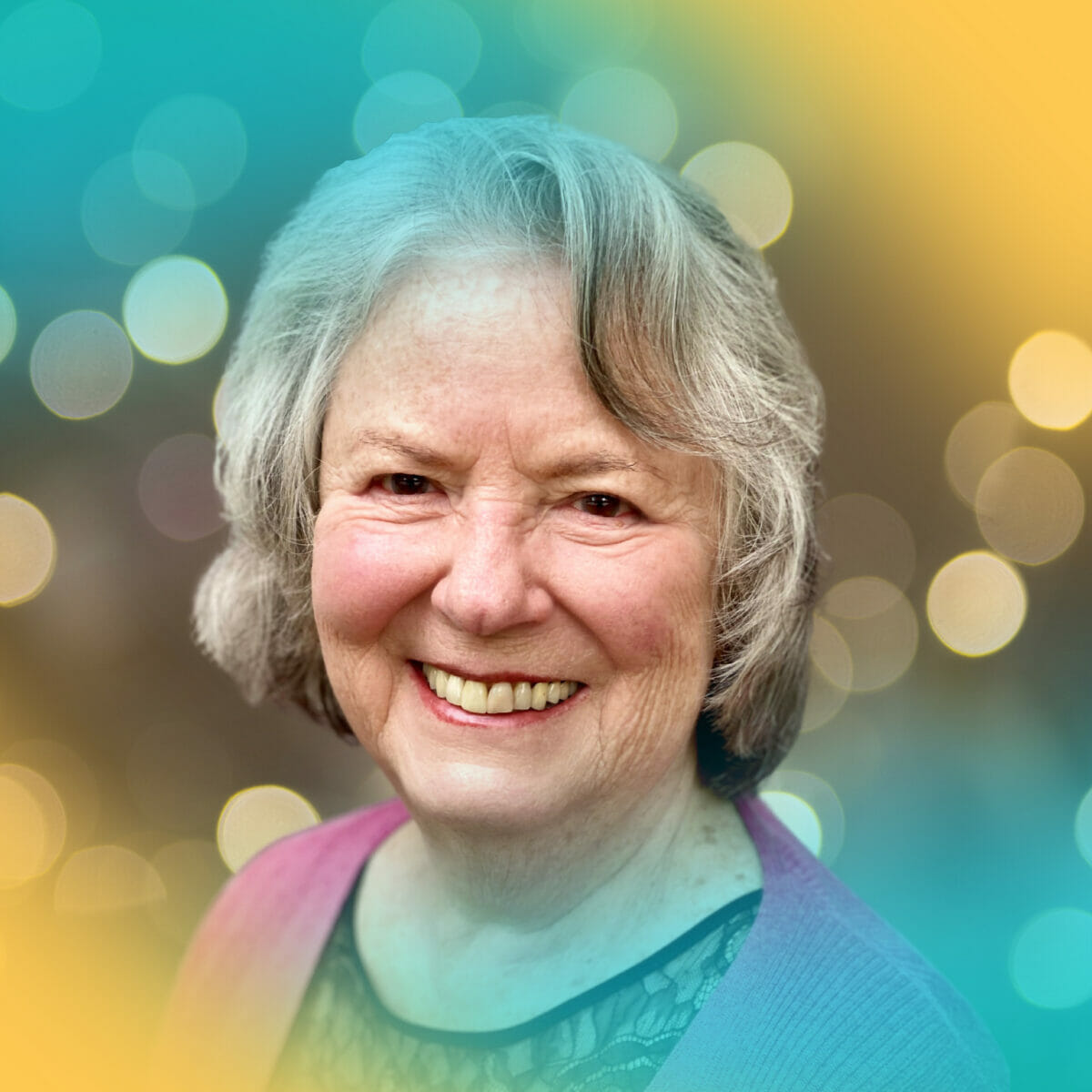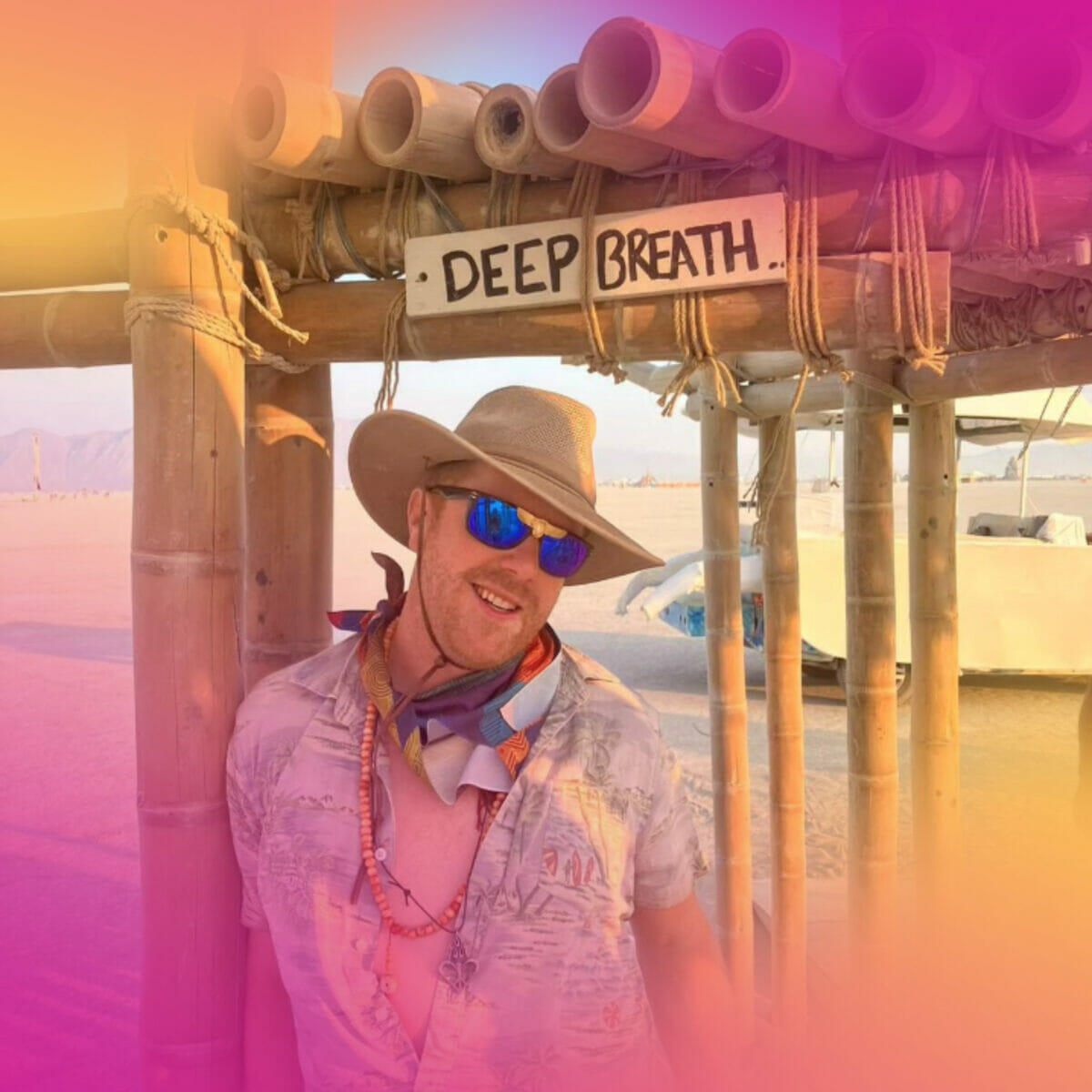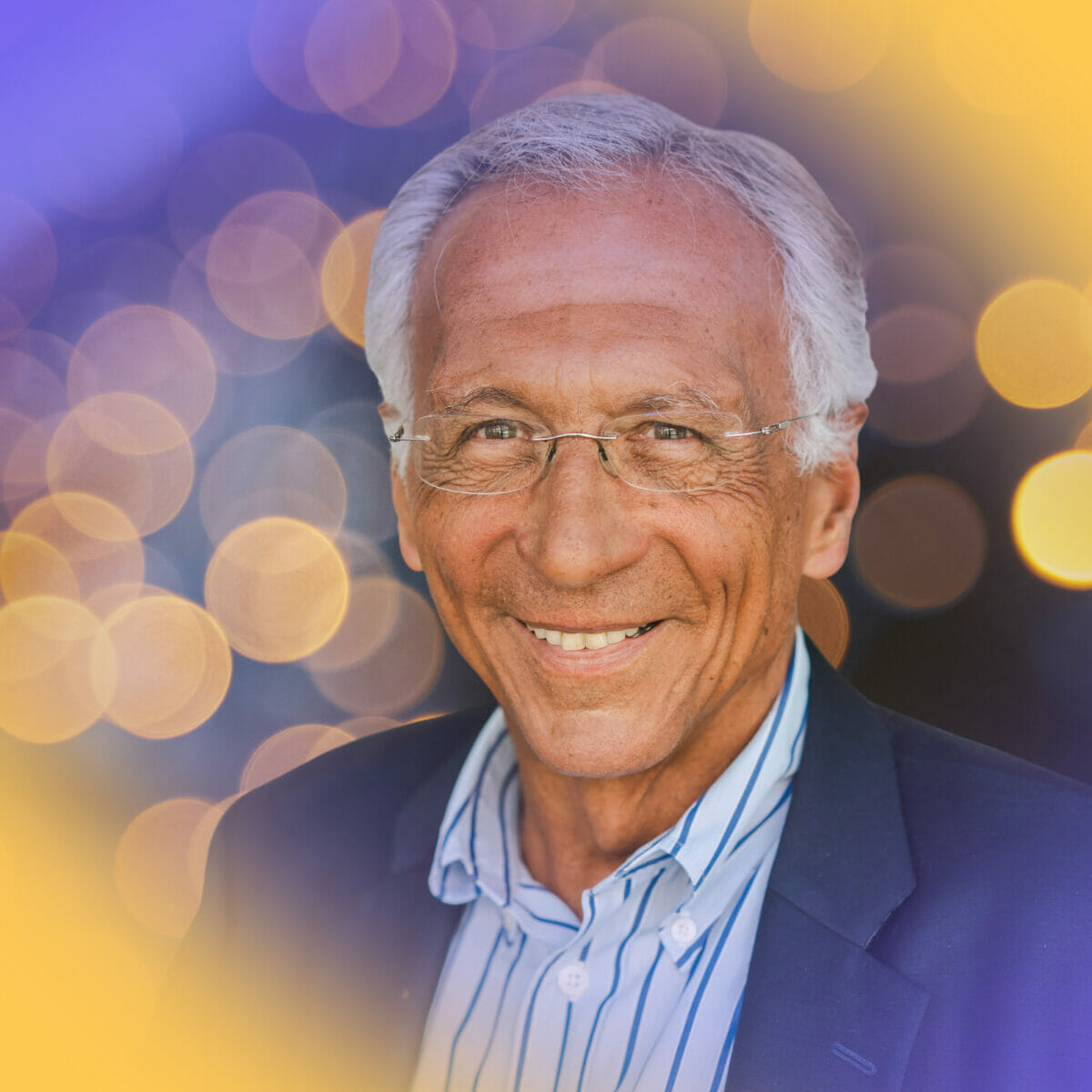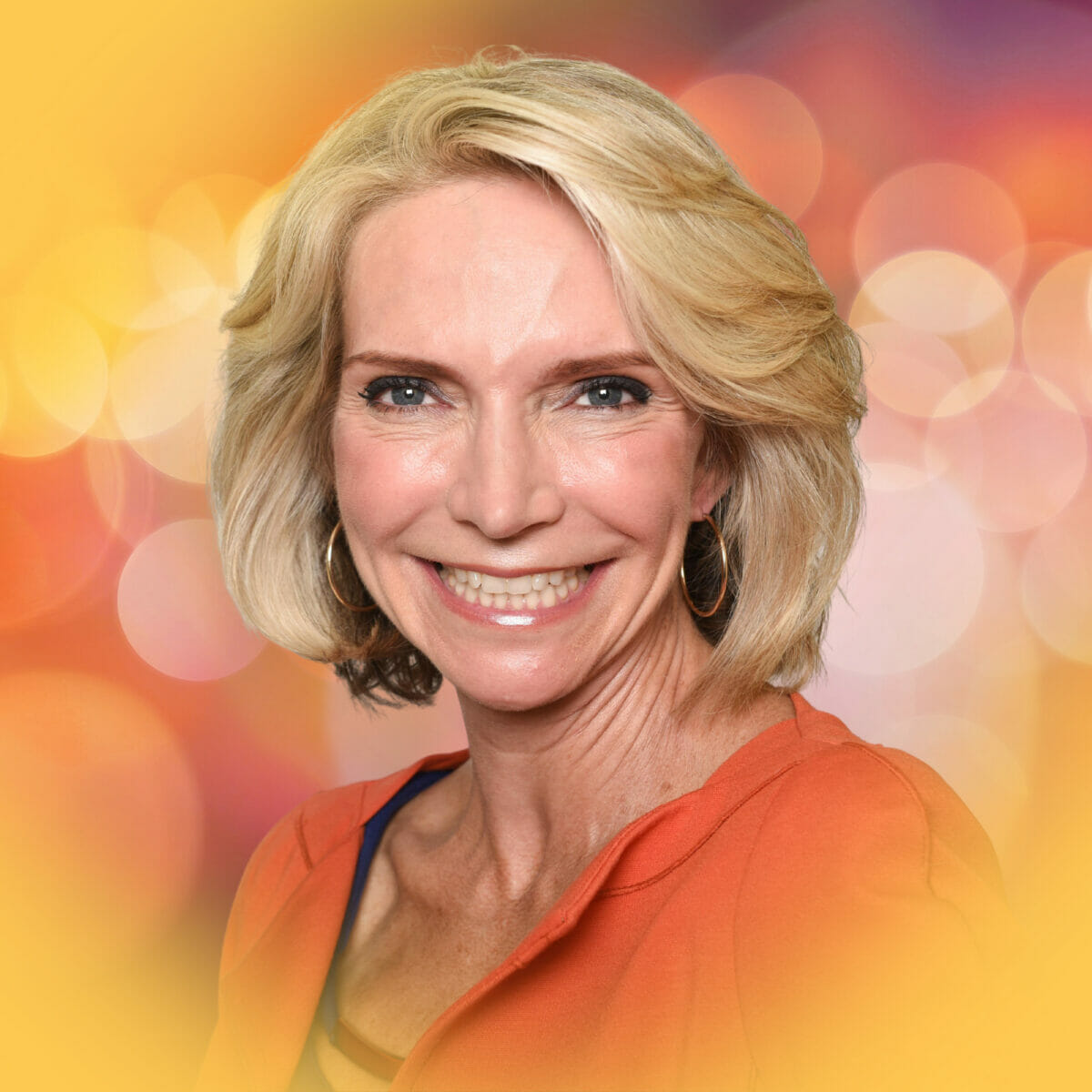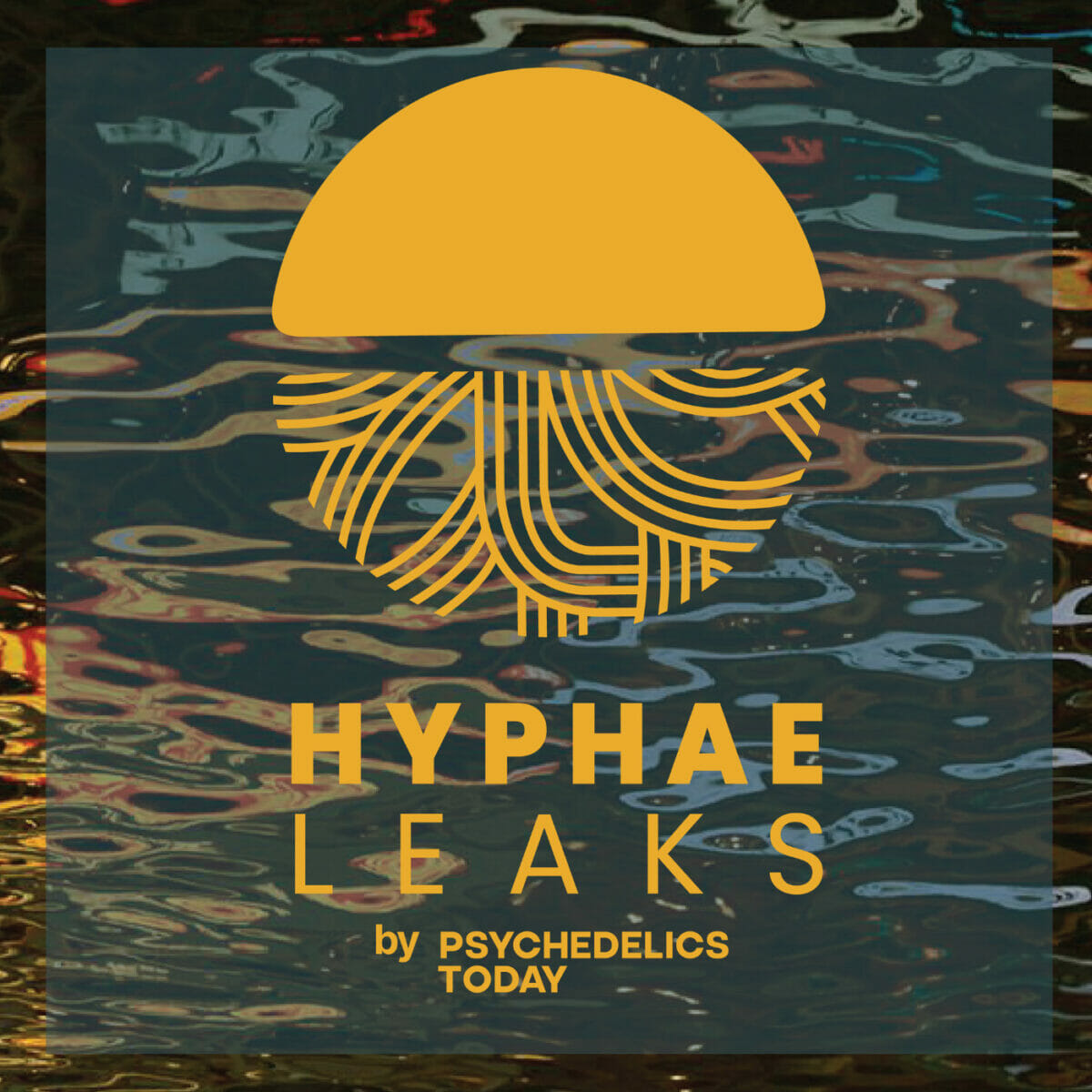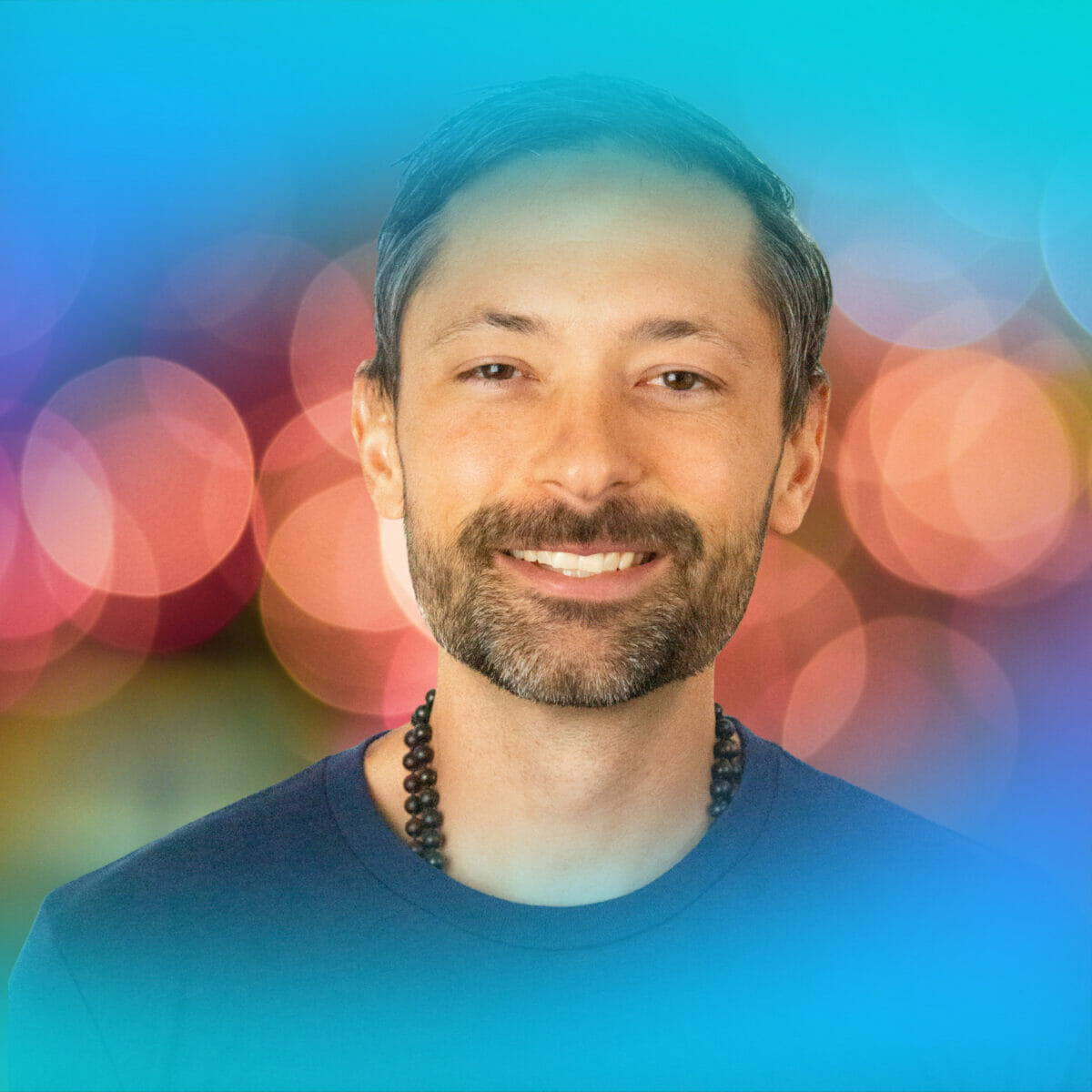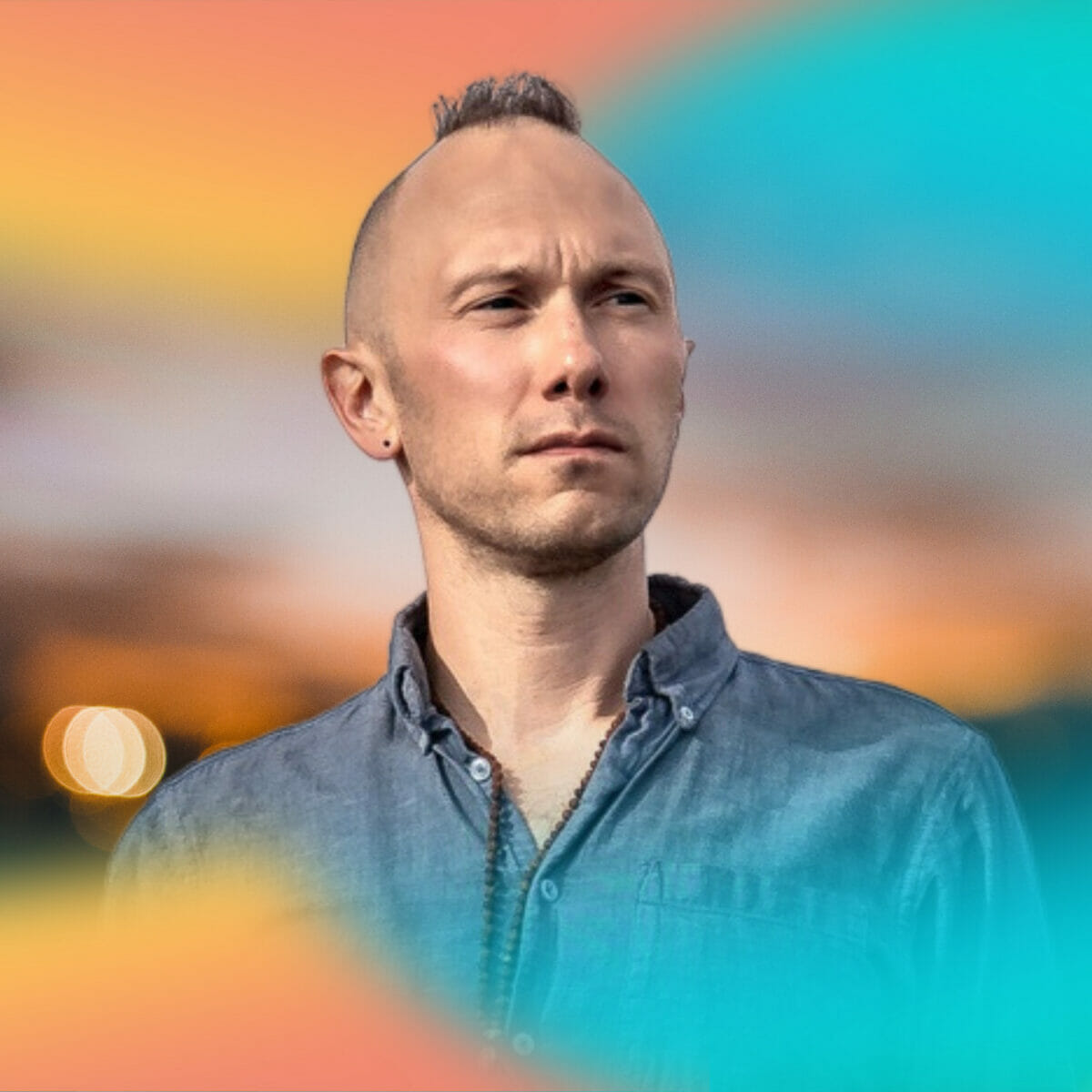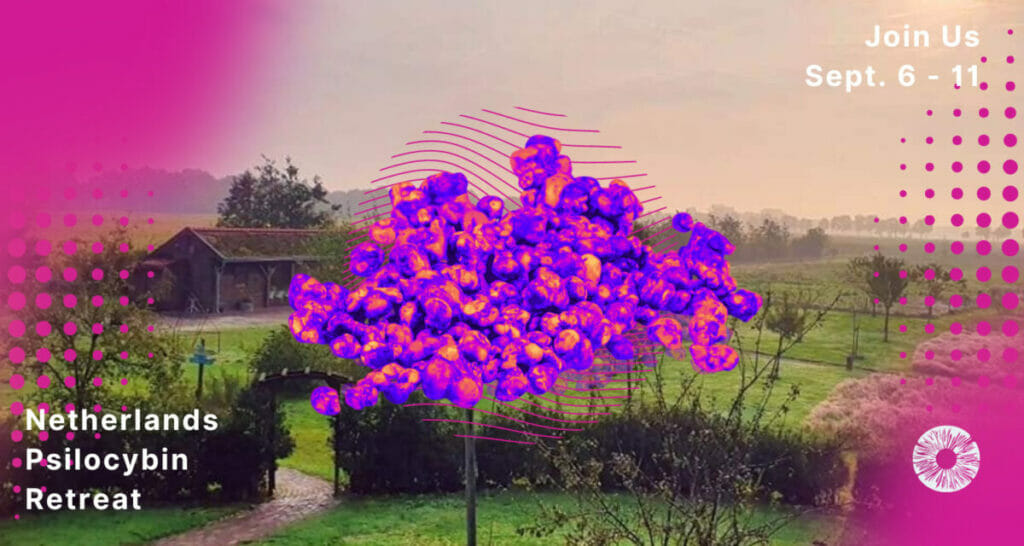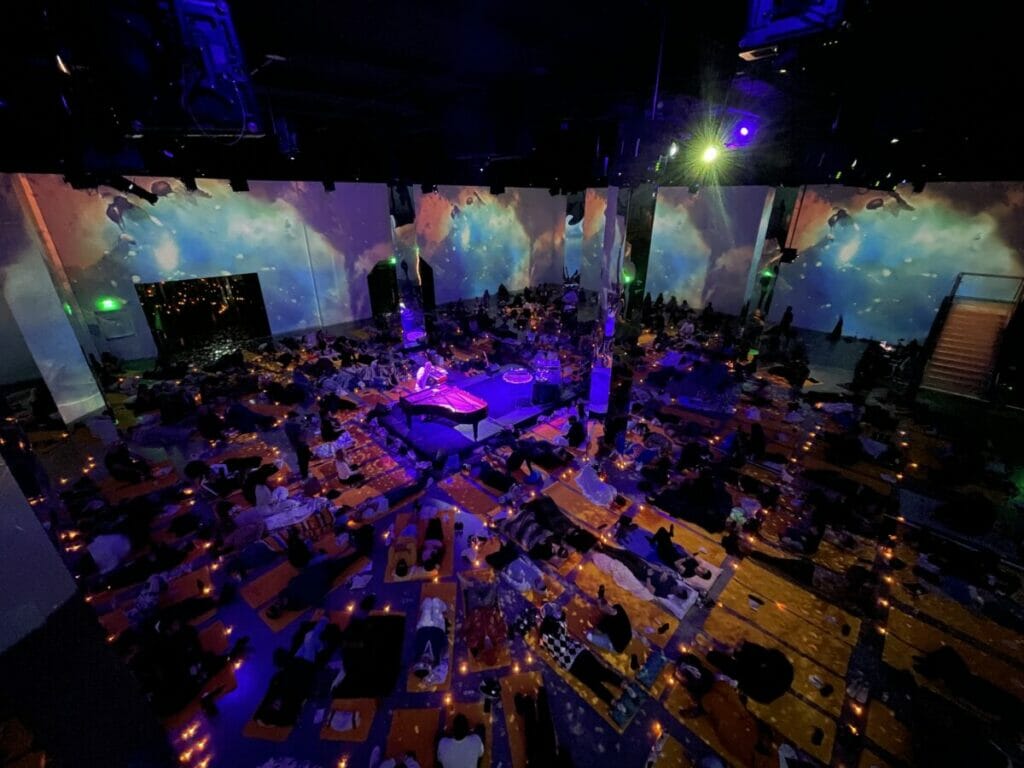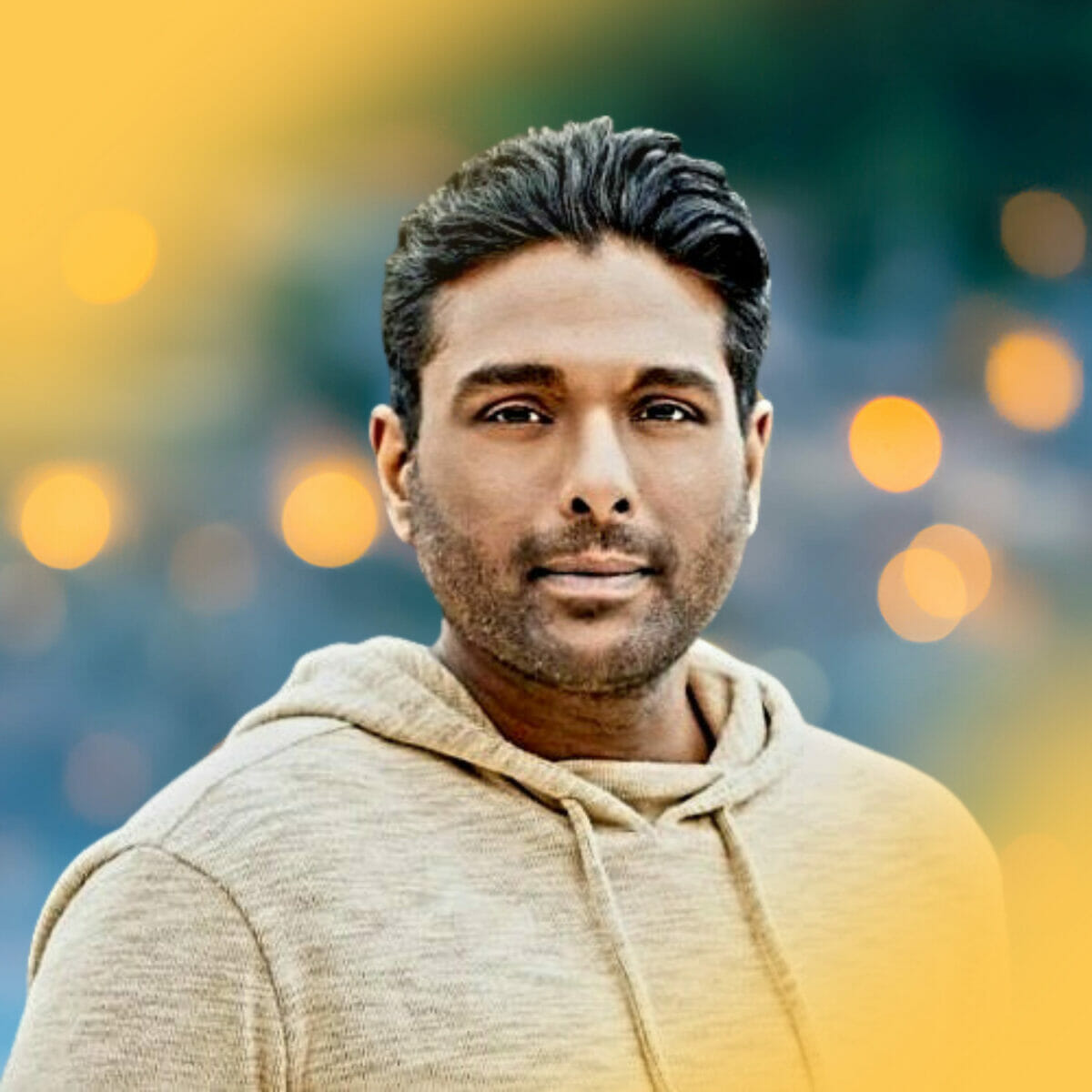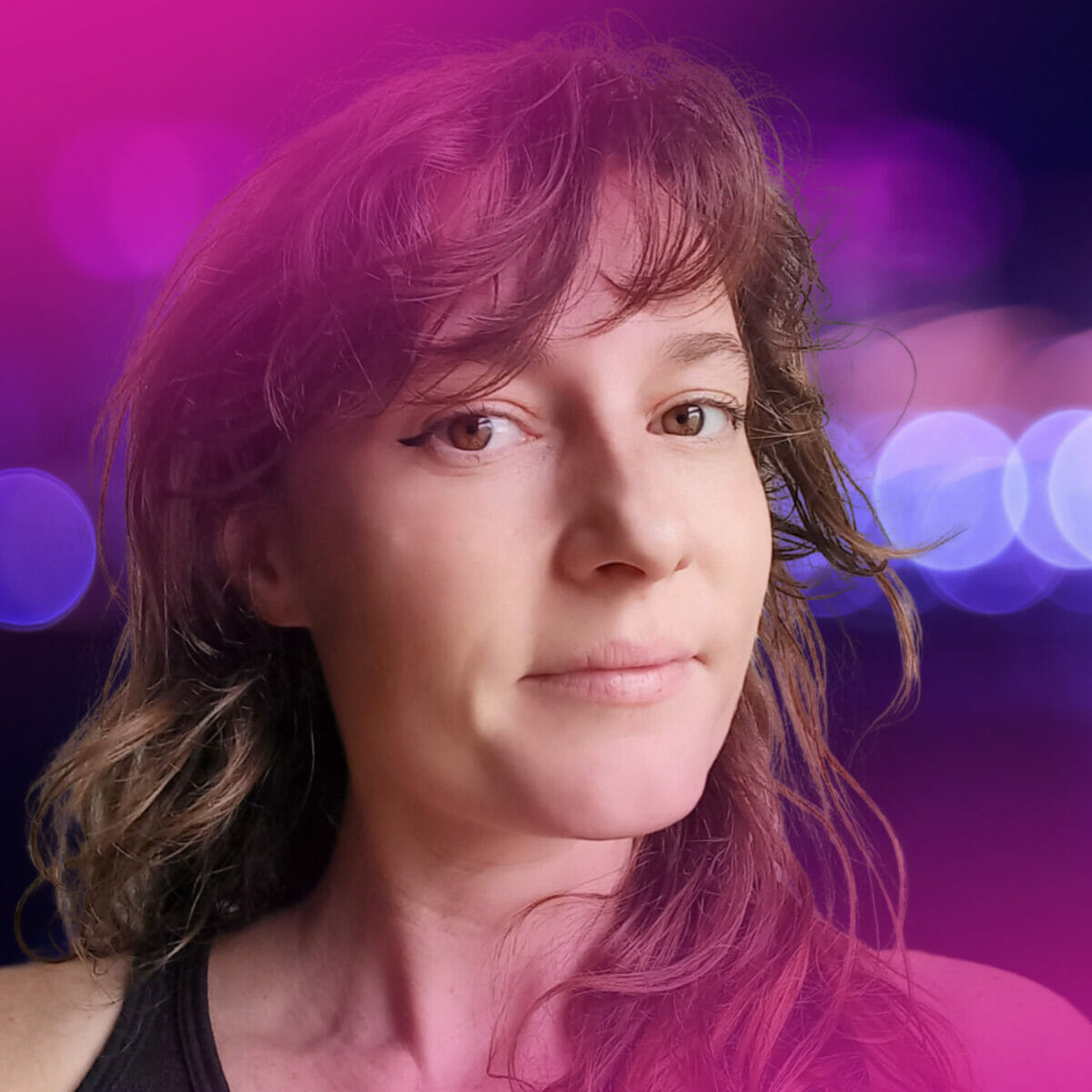In this episode, Joe and Kyle are honored to welcome back Stanislav and Brigitte Grof: Stan being the person who kickstarted their interest in non-ordinary states of consciousness, breathwork, and this podcast; and Brigitte: his other half, co-creator of Grof® Legacy Training, and support system (and often, voice) since his stroke a few years back.
They discuss the recently released Stanislav Grof, LSD Pioneer: From Pharmacology to Archetypes, which Brigitte assembled in honor of Stan’s 90th birthday. It celebrates his life’s work in pioneering research into non-ordinary states of consciousness and transpersonal psychology, and features an extended interview with Stan; testimonials from a number of legends in the psychedelic and psychological fields like Jack Kornfield, Rupert Sheldrake, Richard Tarnas, and Fritjof Capra; and a large photo album of rarely seen pictures, including Stan doing his first experiments with LSD.
And they talk about so much more: The evolution of LSD psychotherapy as Stan realized people’s experiences were coming from the psyche rather than any pharmacology; why he started practicing and teaching breathwork; Stan’s love of treasure hunts; how the perinatal matrices were born and how each corresponds to astrology and religious archetypes; why experience in breathwork can be so beneficial to better psychedelic experiences and facilitation; why integration is equally as important as the experience; and an argument to take archetypal astrology more seriously – that there is often a synchronicity that can’t be denied between these archetypes, events, and experiences.
Notable Quotes
“I was surprised that people were having very, very different experiences. And then when [they] had these substances repeatedly; then again, it was completely different. …So I realized that this had nothing to do with chemistry, this had nothing to do with pharmacology, and that it’s basically about the psyche.” -Stan
“I have to say I’m extremely grateful for the map that he found and he gave to all of us, especially in The Way of the Psychonaut, his life’s work, encyclopedia. All the knowledge is there. And when I go to these places myself and I get into the pits, I can, in the back of my head, remember, ‘Oh, this is what Stan was writing about, so it should be okay. I’m going to get out of this.’ So I think everybody who is doing these journeys should know about Stan’s findings. It’s just so mega helpful.” -Brigitte
“When you hear what people say later or you see the creativity and the power of energy that gets released, then the liberation, it’s so amazing, and so healing and very exciting. And the people sometimes say, ‘How do you live with all that screaming?’ And I said, ‘Well, it’s music in my ears, because so much of the suffering is silent. So when these things come out and they get expressed, they’re leaving the system and people get liberated. So once you understand that, then you’re good.’” -Brigitte
“When we do breathwork, then you add to it breathing, and actually, the intelligence; it brings its own thought. And then of course, bringing in LSD, psychedelics: it’s even further. But the idea is to always work with the psyche. You don’t need any specific tricks.” -Stan
Links
Stangrof.com
Brigittegrof.com
Grof-legacy-training.com
Thewayofthepsychonaut.com
The Way of the Psychonaut: Encyclopedia for Inner Journeys (Volume One), by Stanislav Grof, M.D., Ph.D. (Volume Two)
Stanislav Grof, LSD Pioneer: From Pharmacology to Archetypes, by Brigitte Grof
Psychedelics Today: PT293 – Stanislav & Brigitte Grof – The Evolution of Breathwork and The Psychology of the Future
Psychedelics Today: Renn Butler – Holotropic Breathwork and Archetypal Astrology
Psychedelics Today: PT291 – Rick Tarnas & Sean Kelly, Ph.D. – The Impact of Stanislav Grof, Ego Death, and The Psyche Unbound
The Tim Ferriss Show Transcripts: Stan Grof (#347)
Cosmos and Psyche: Intimations of a New World View, by Richard Tarnas
Changingofthegods.com
Stangrof.com: Holotropic Research and Archetypal Astrology
